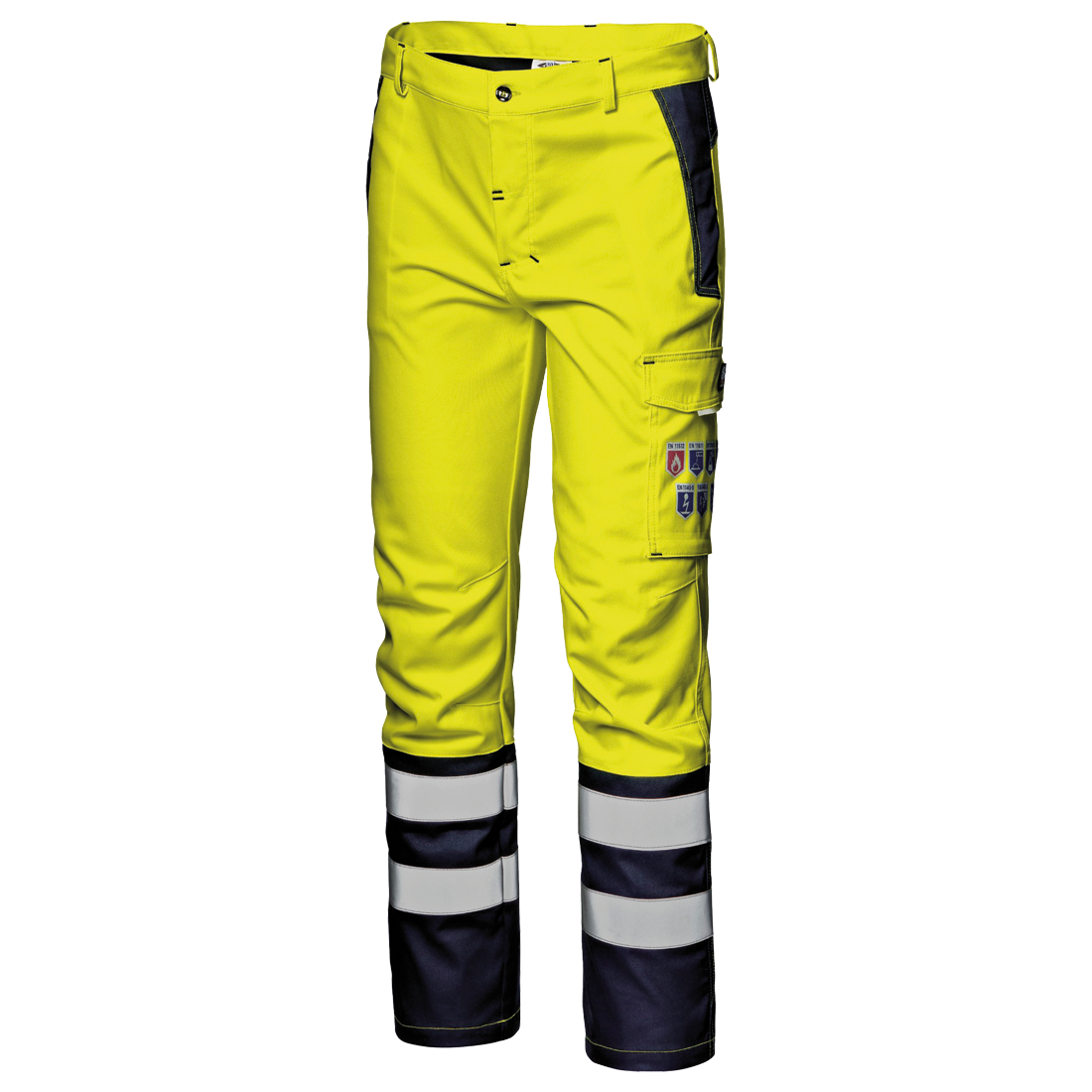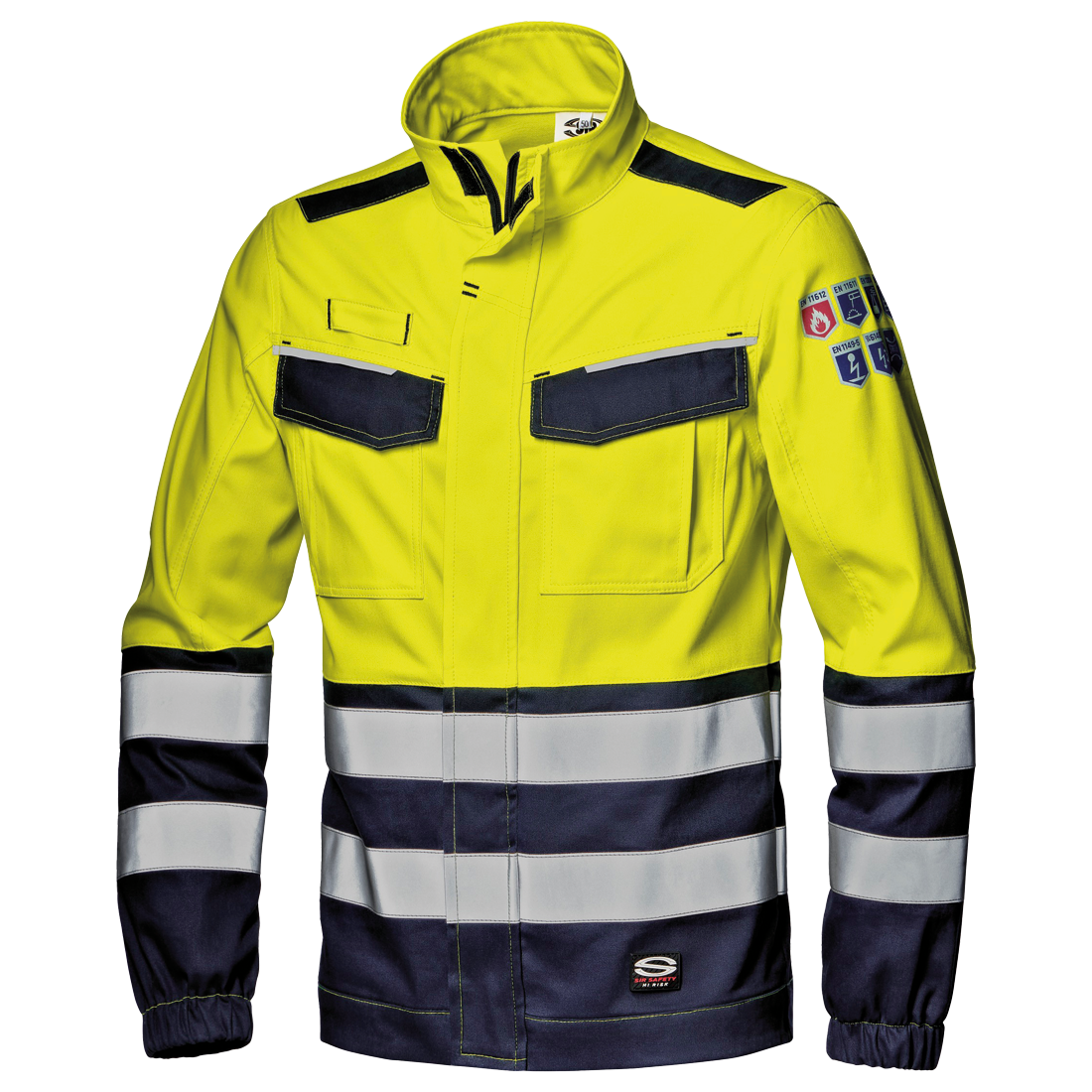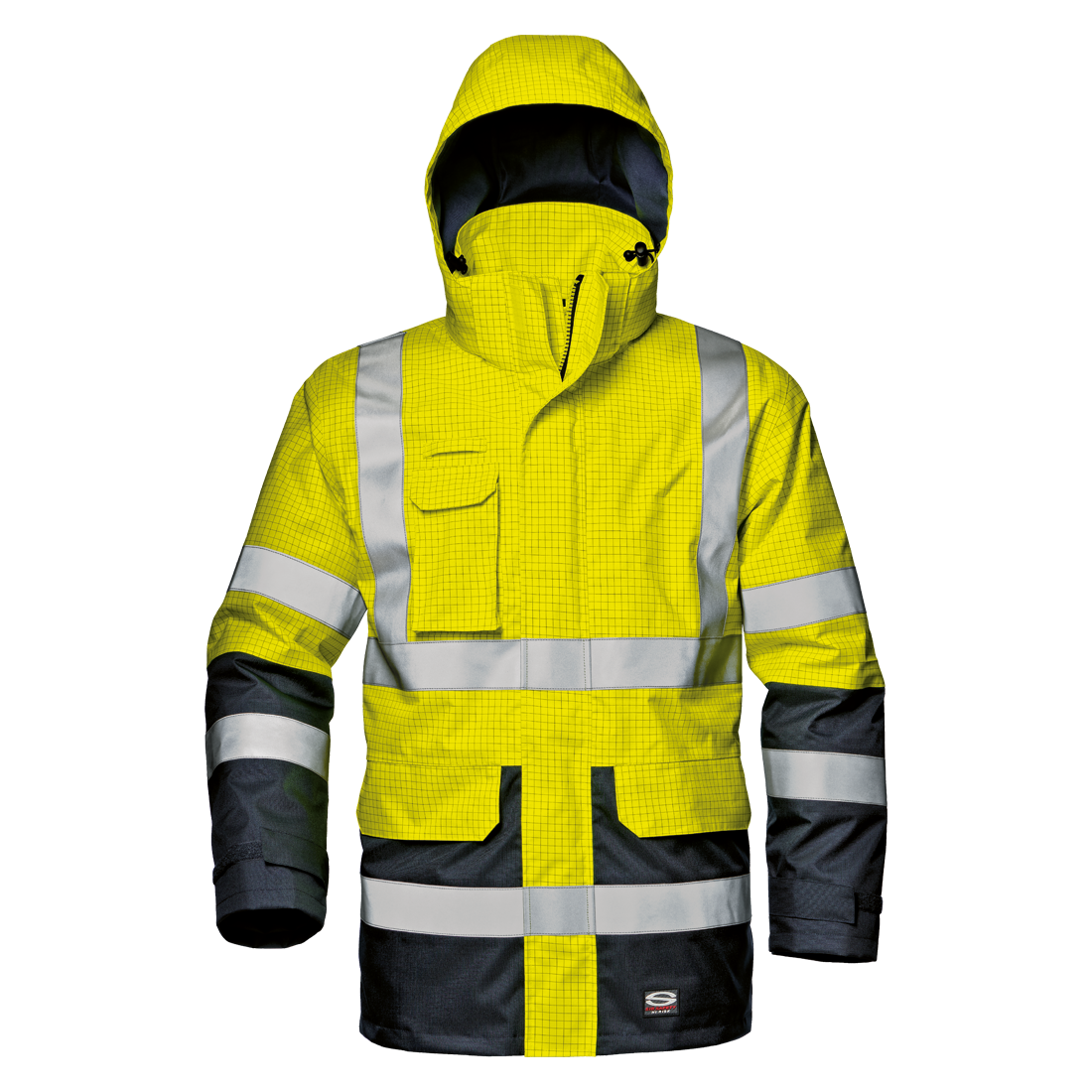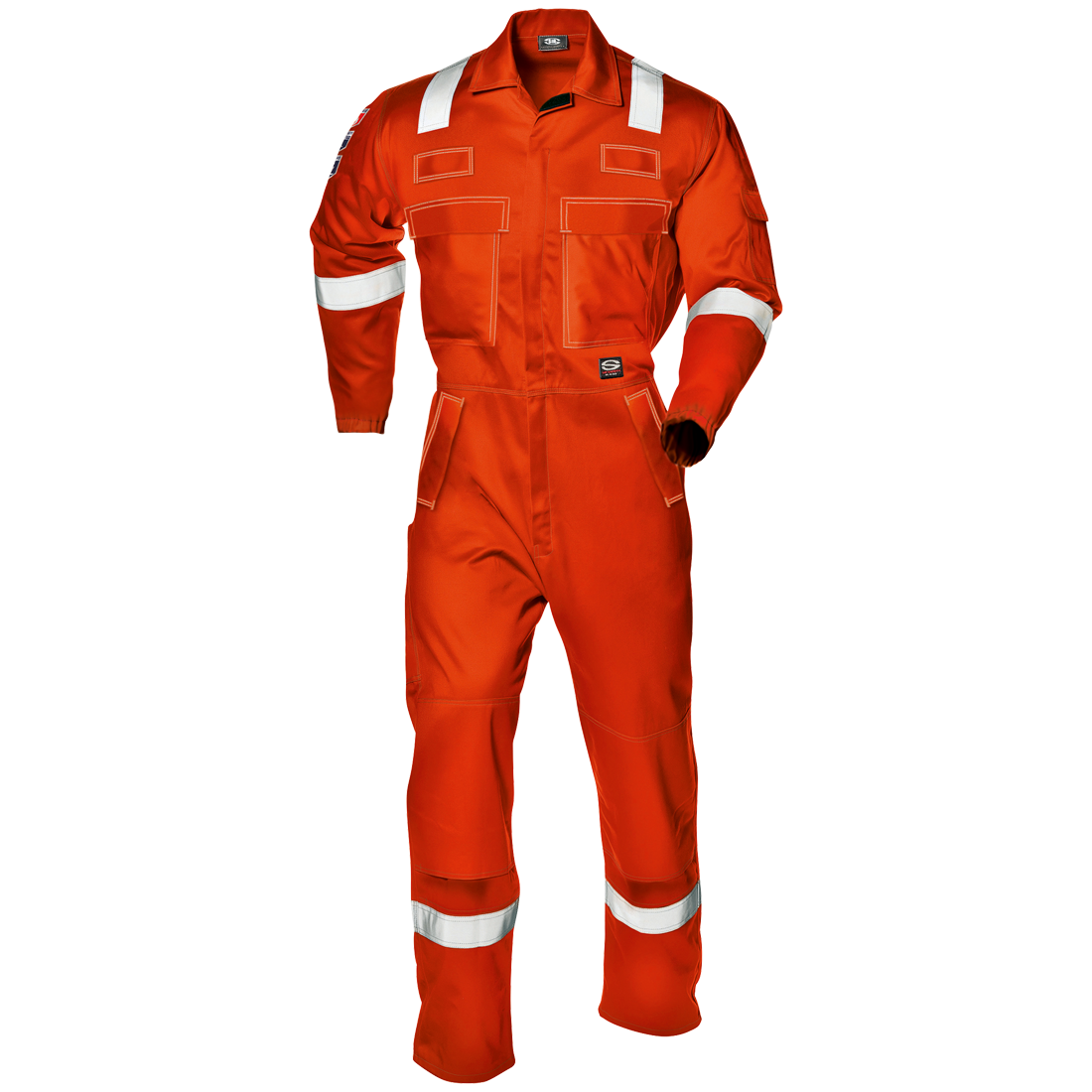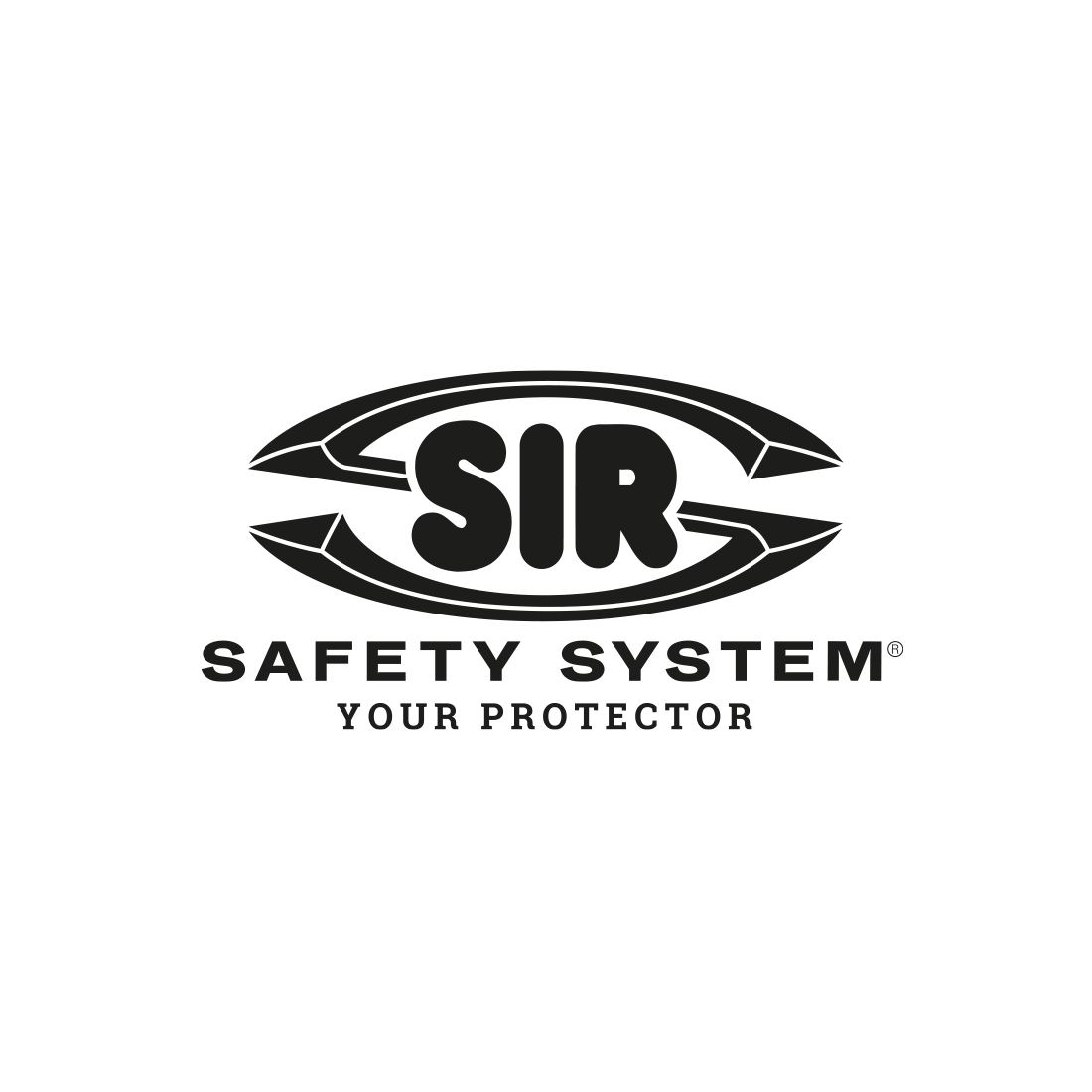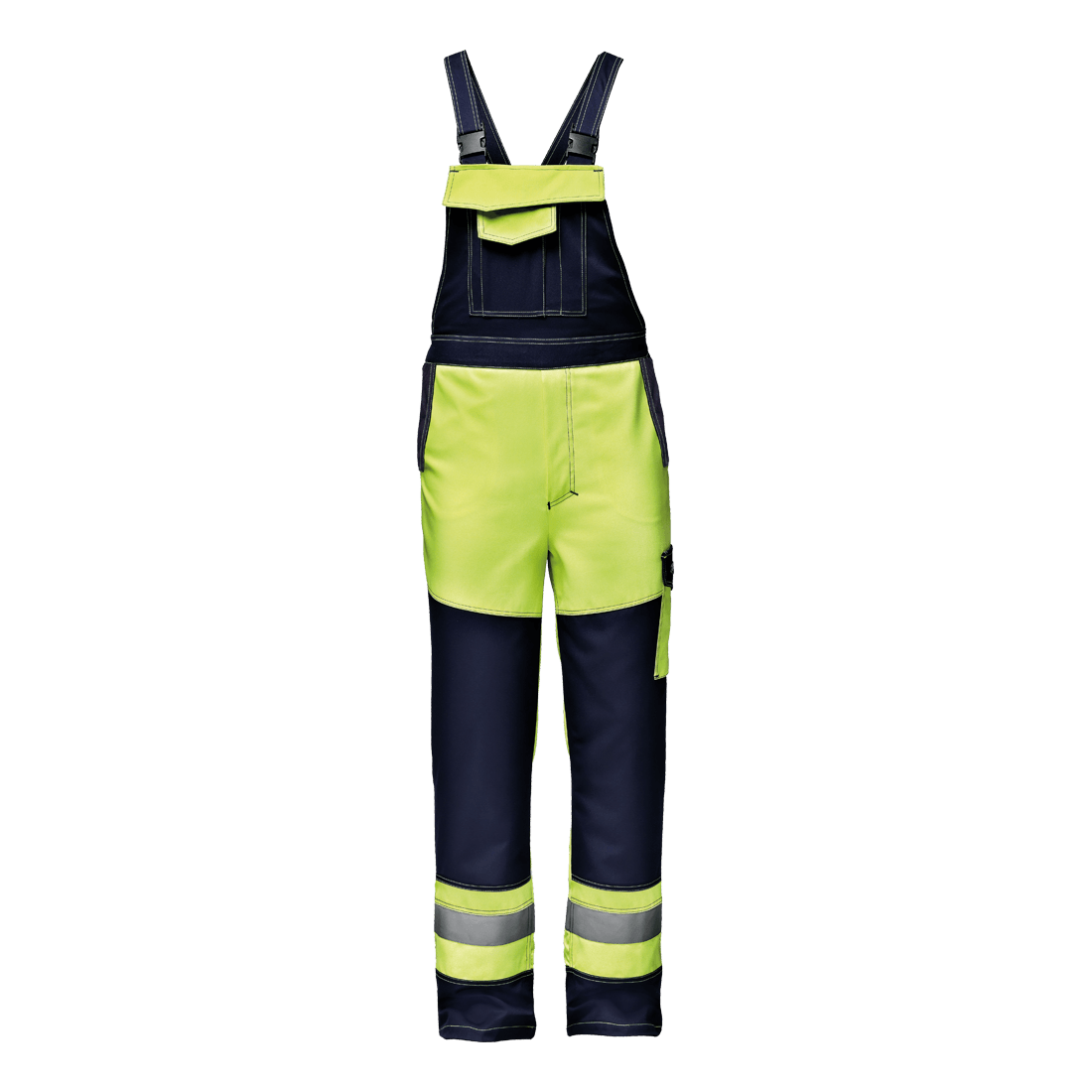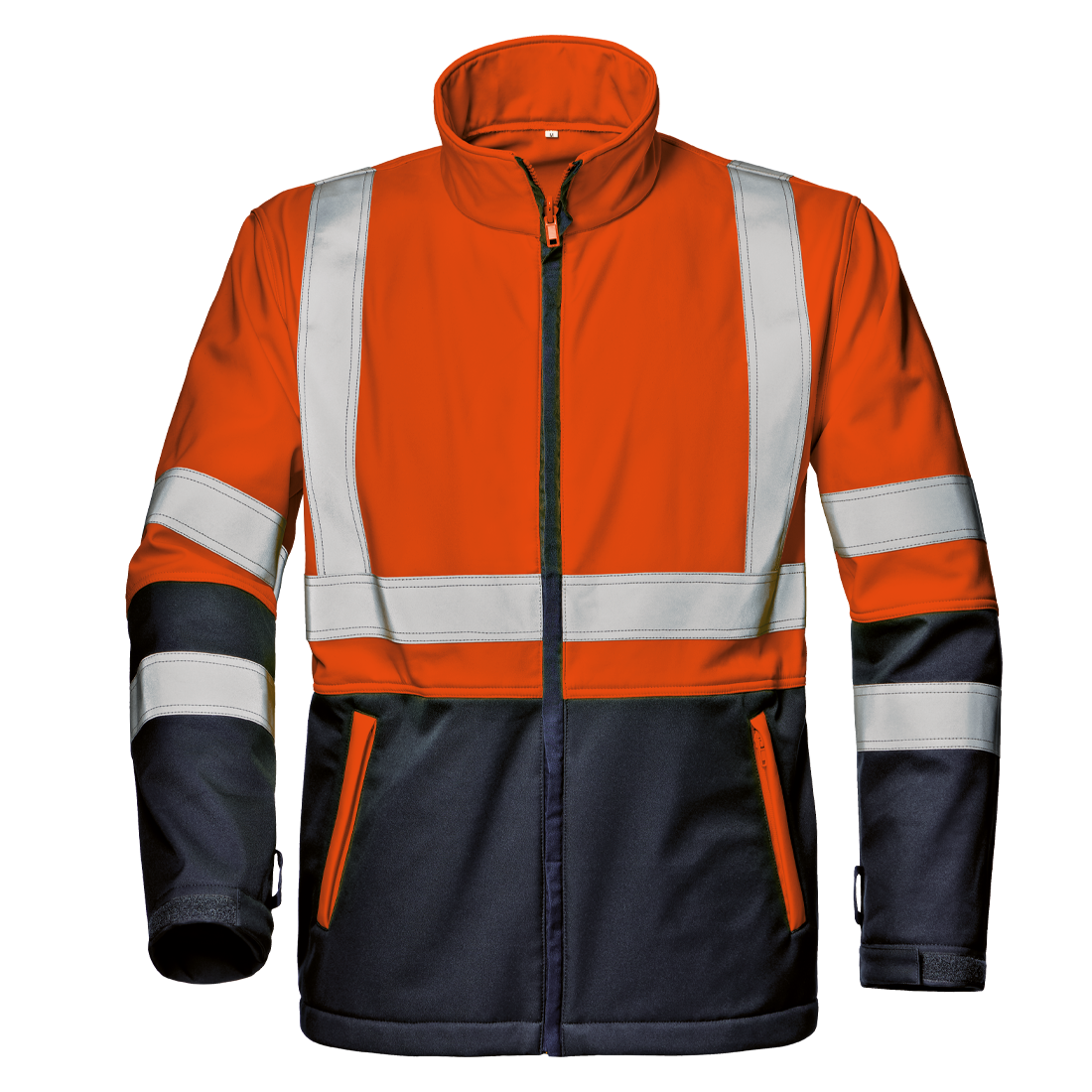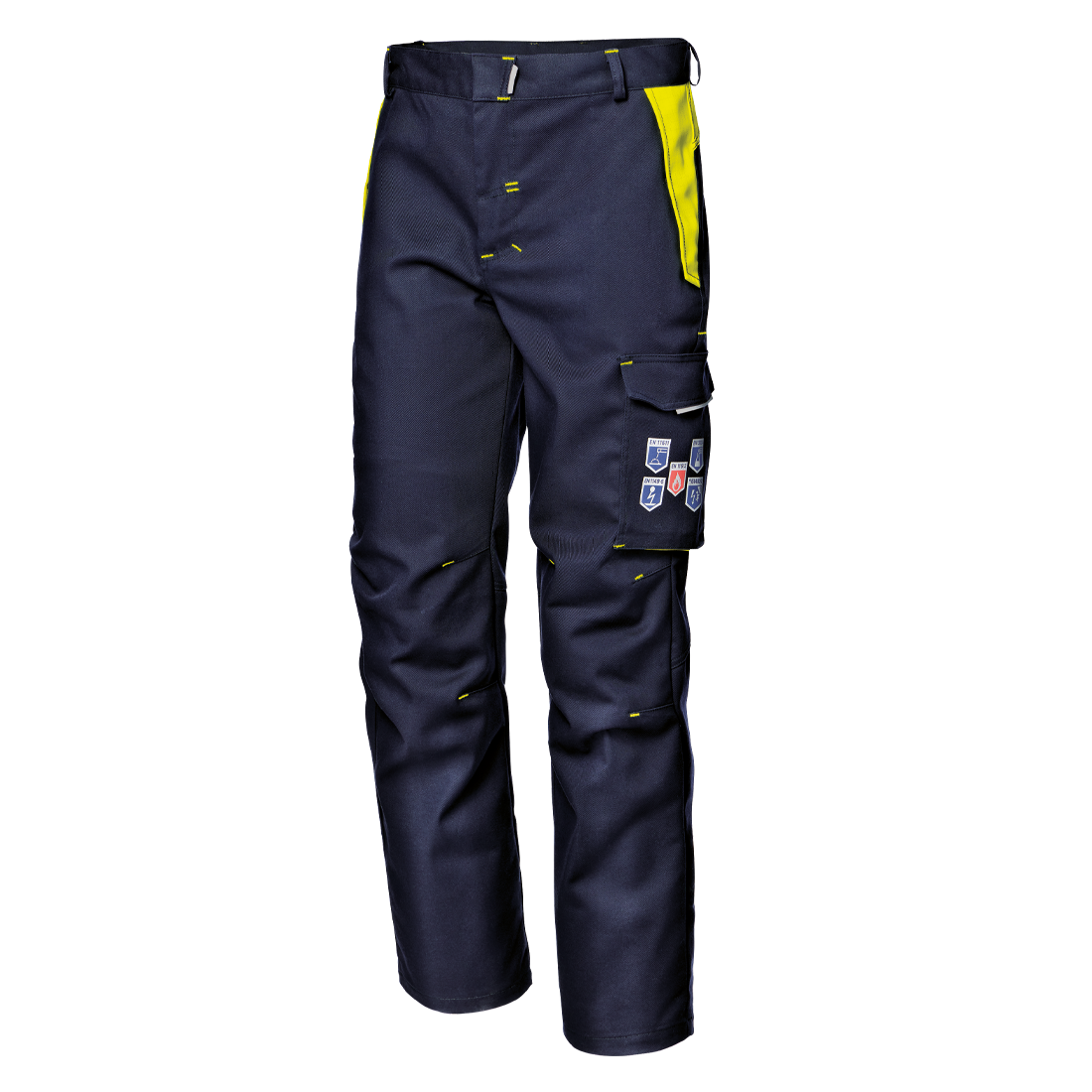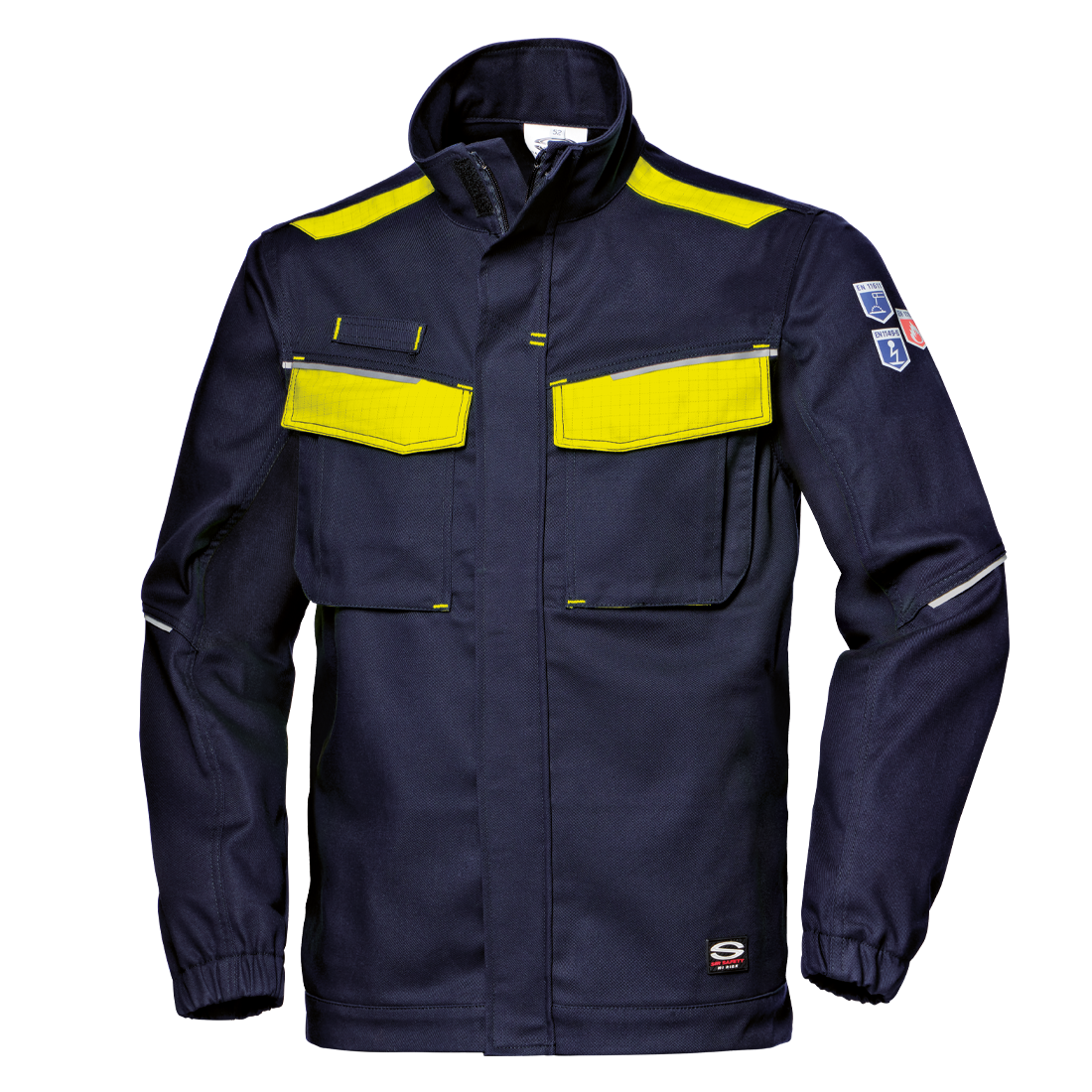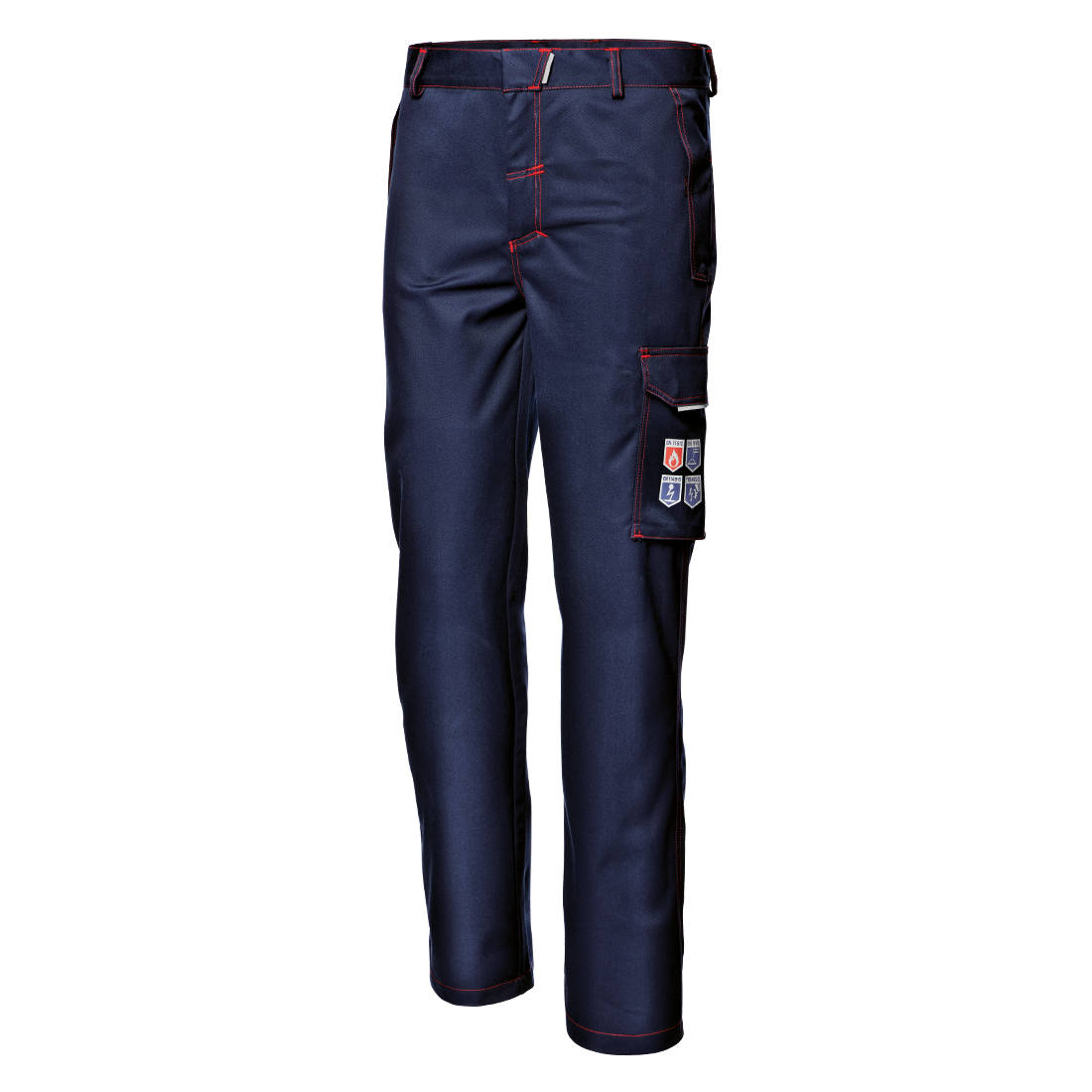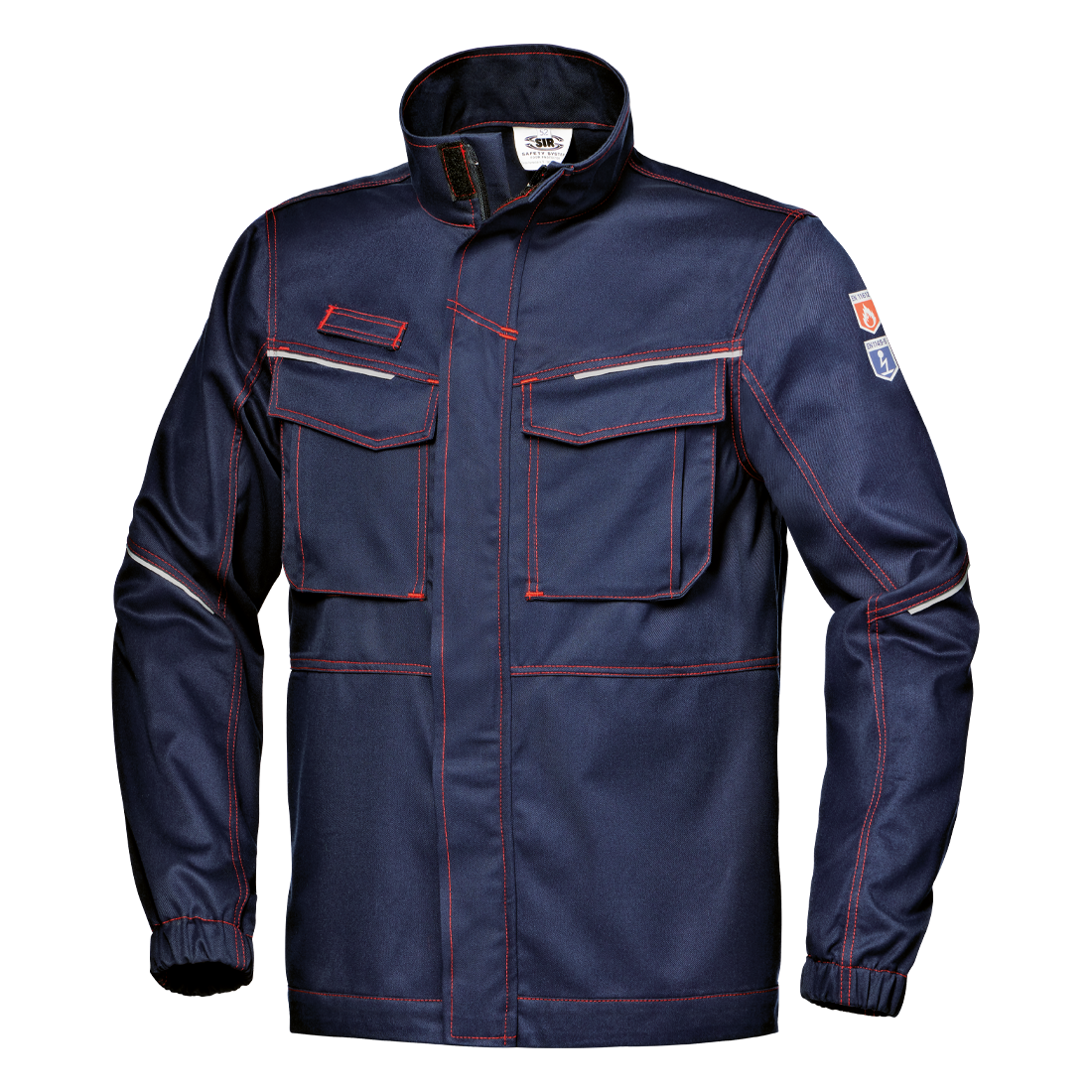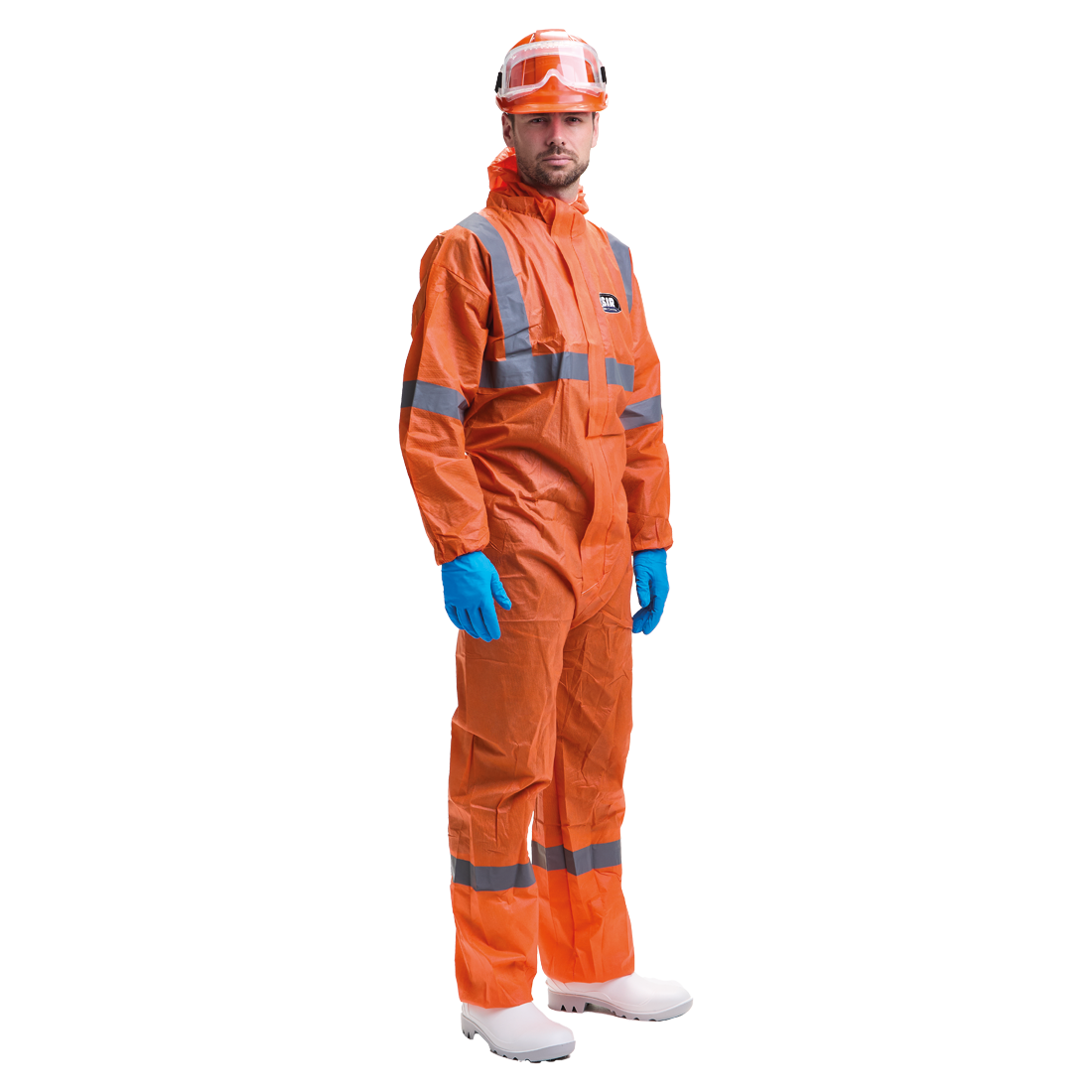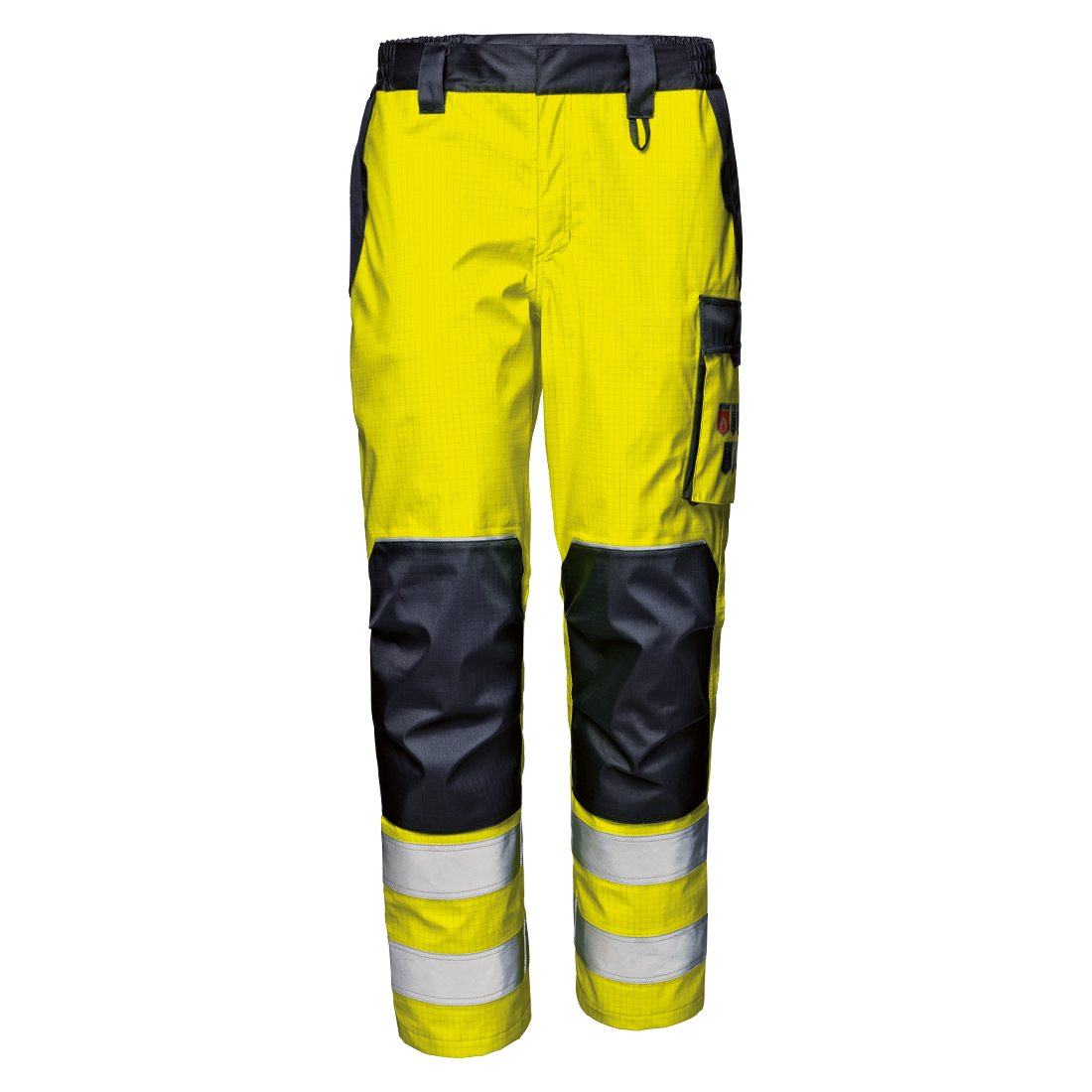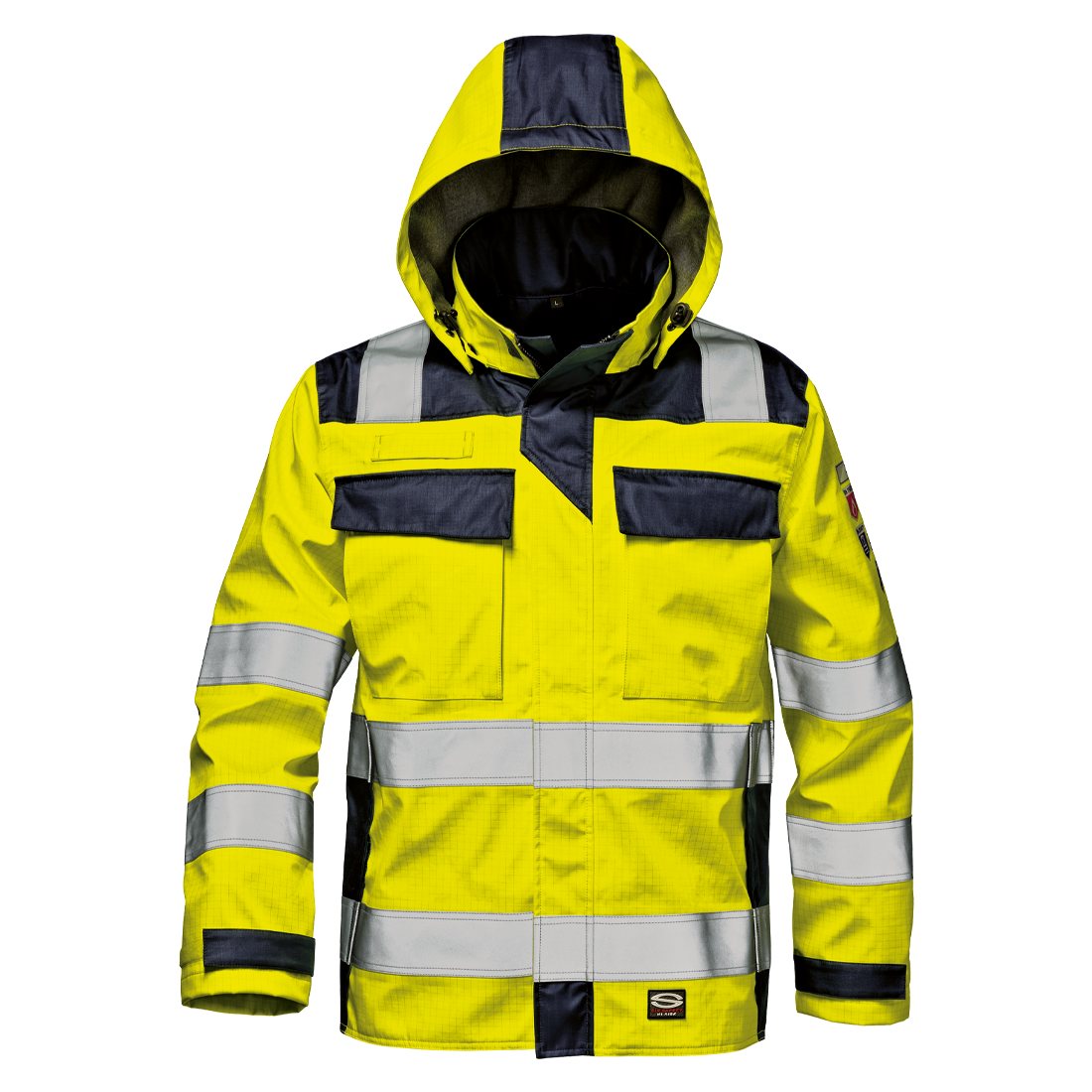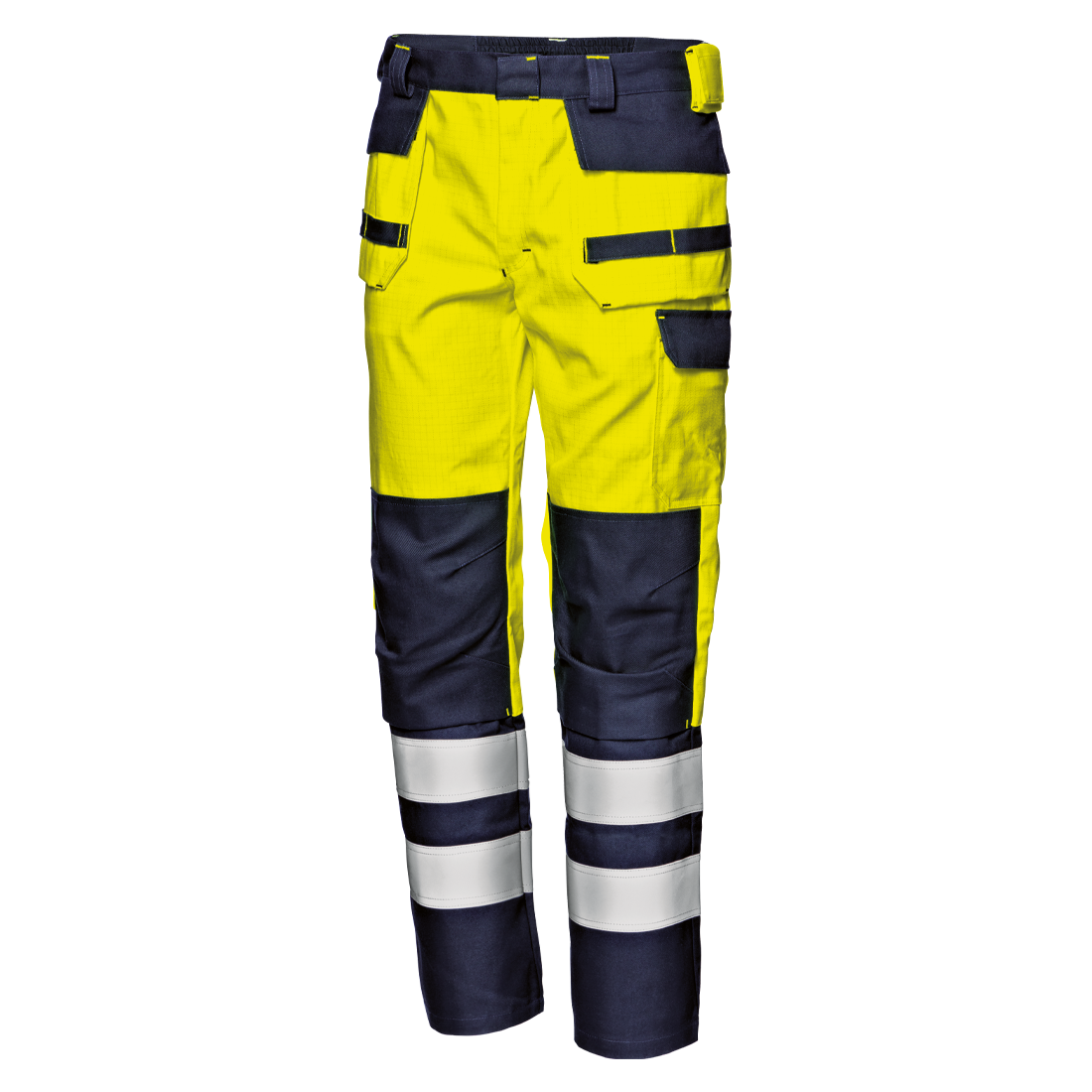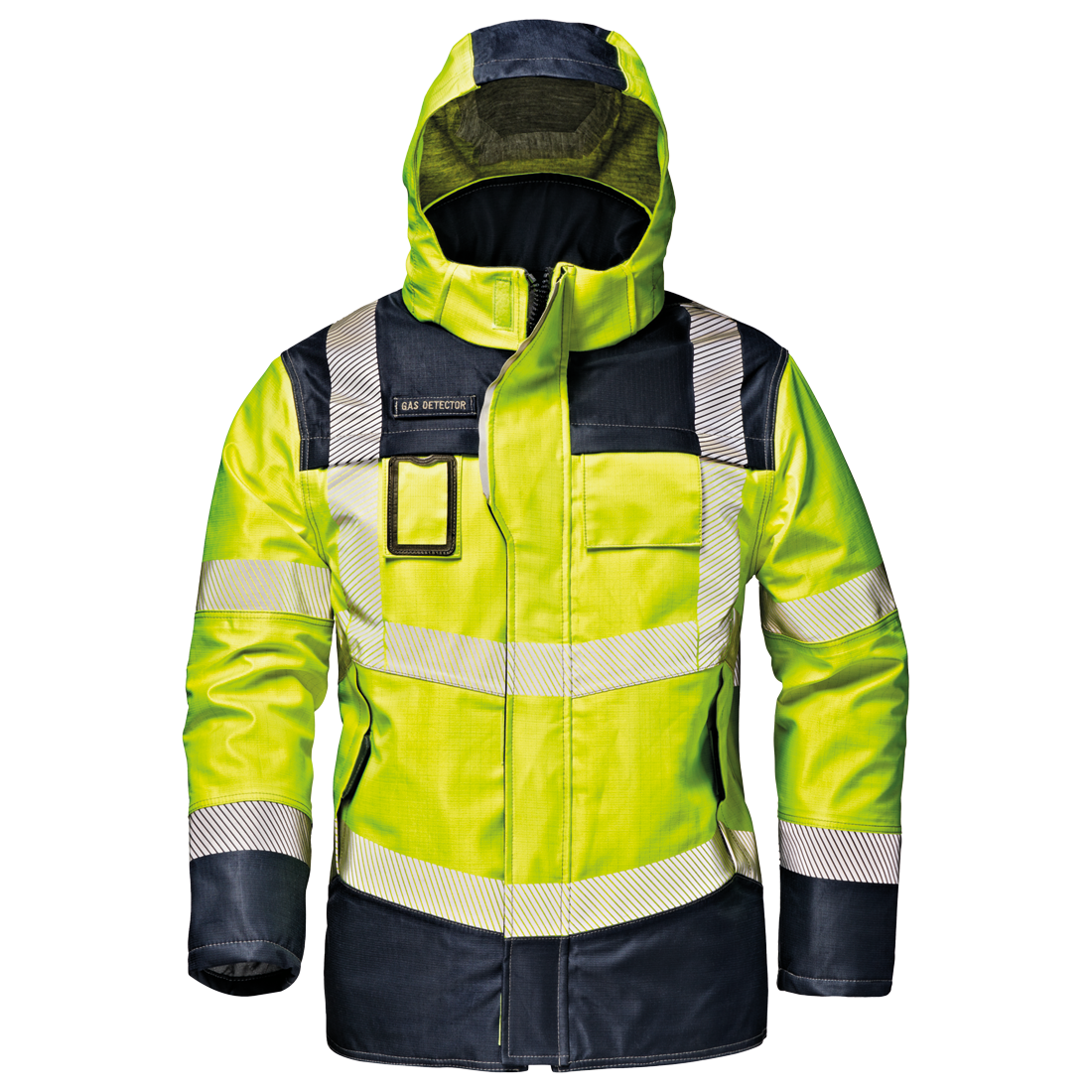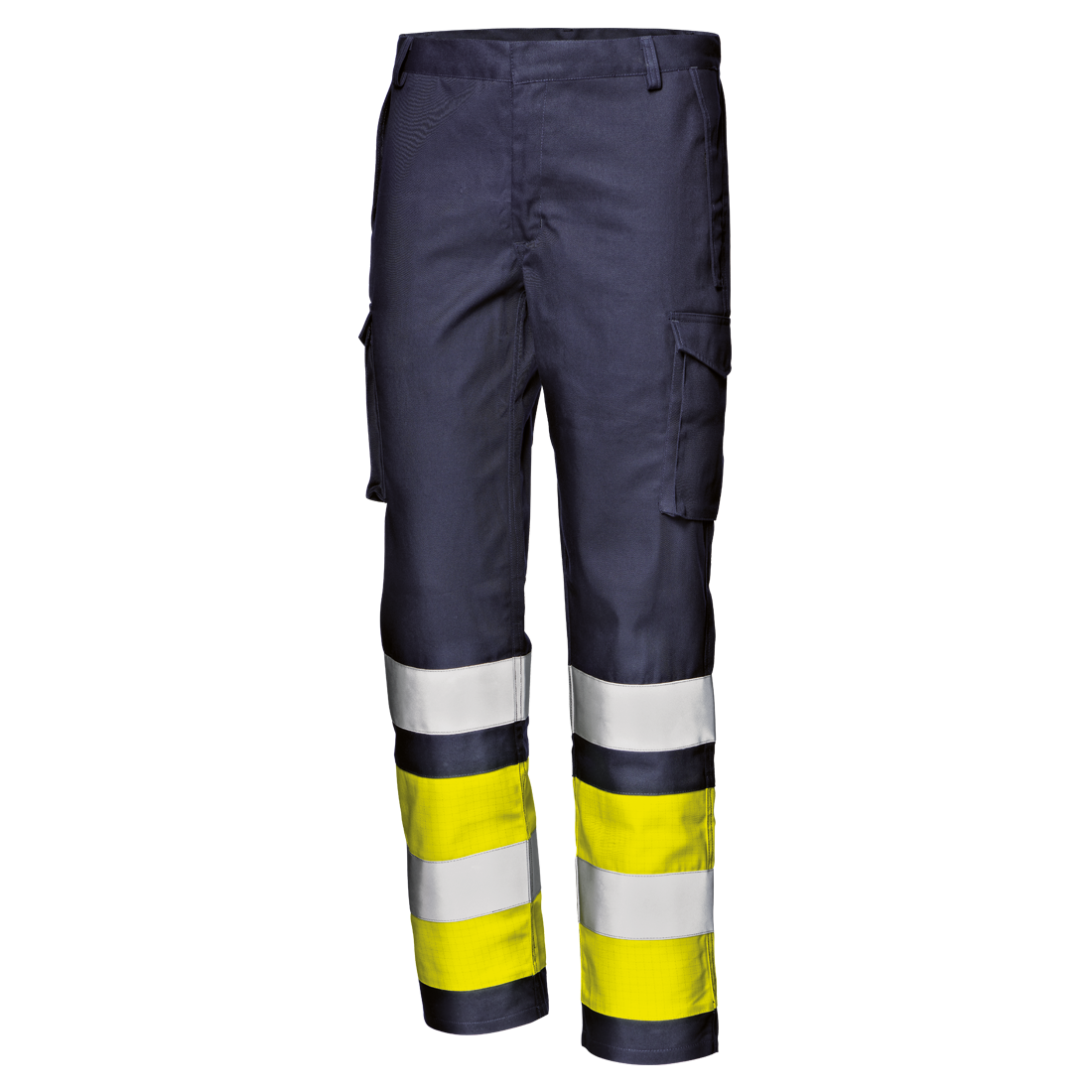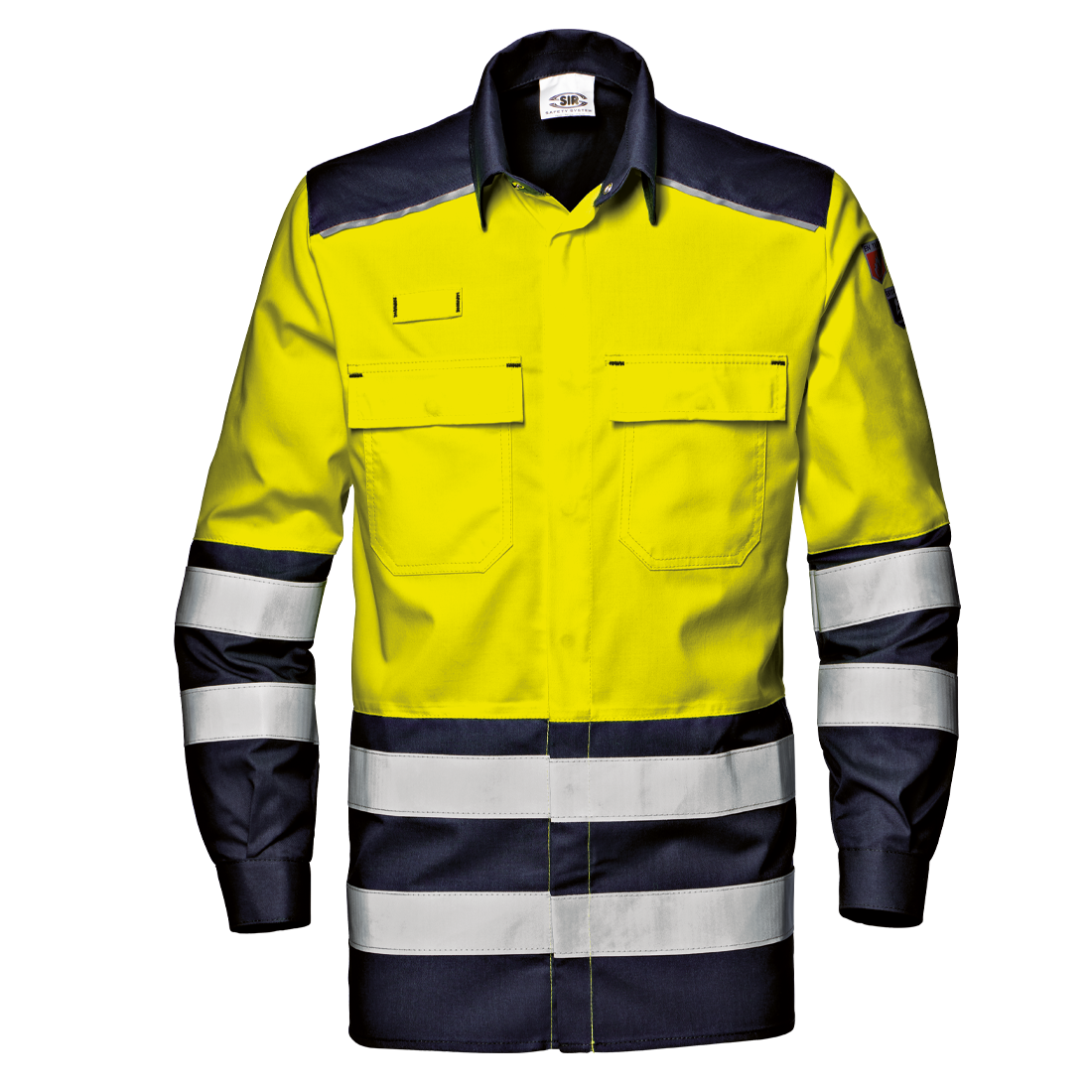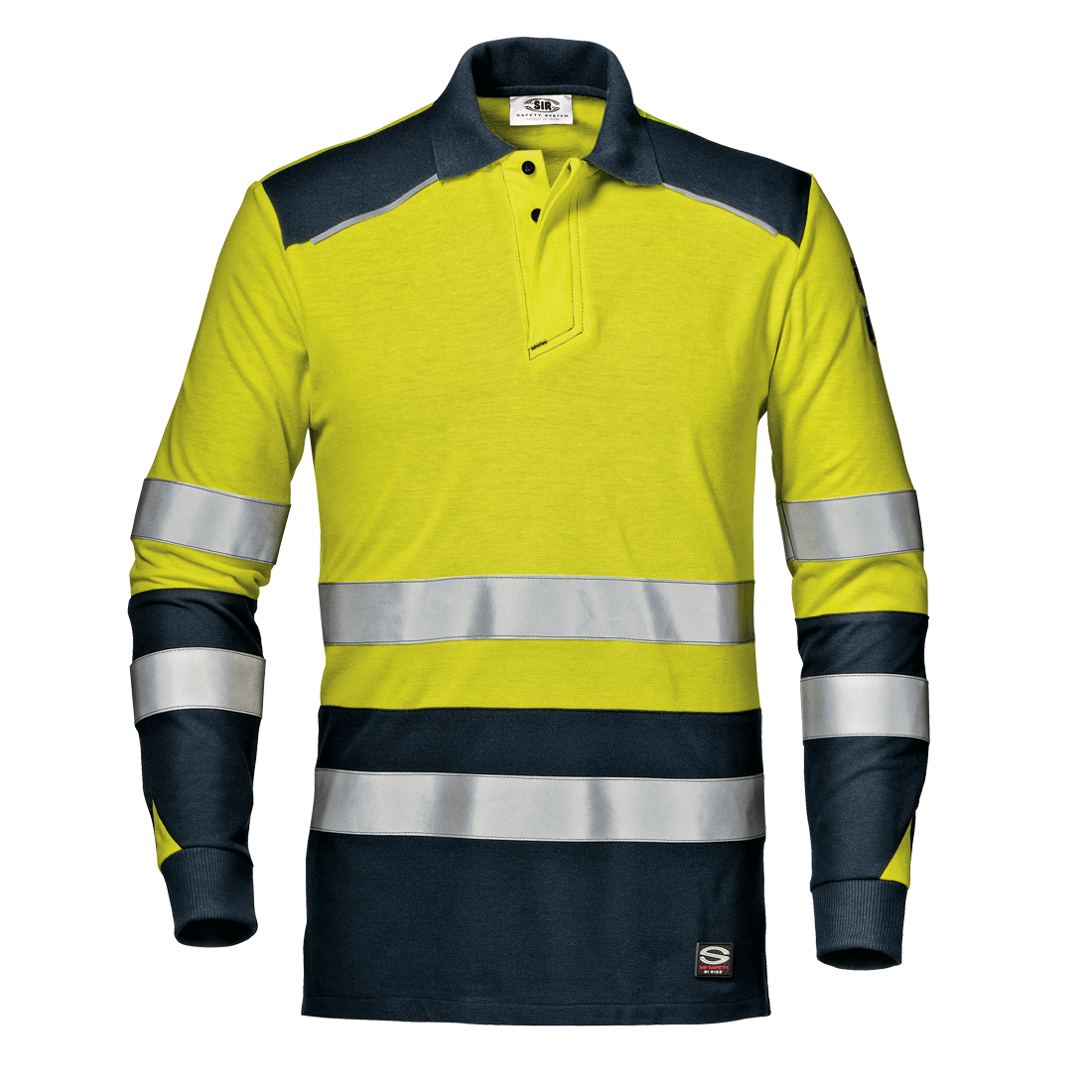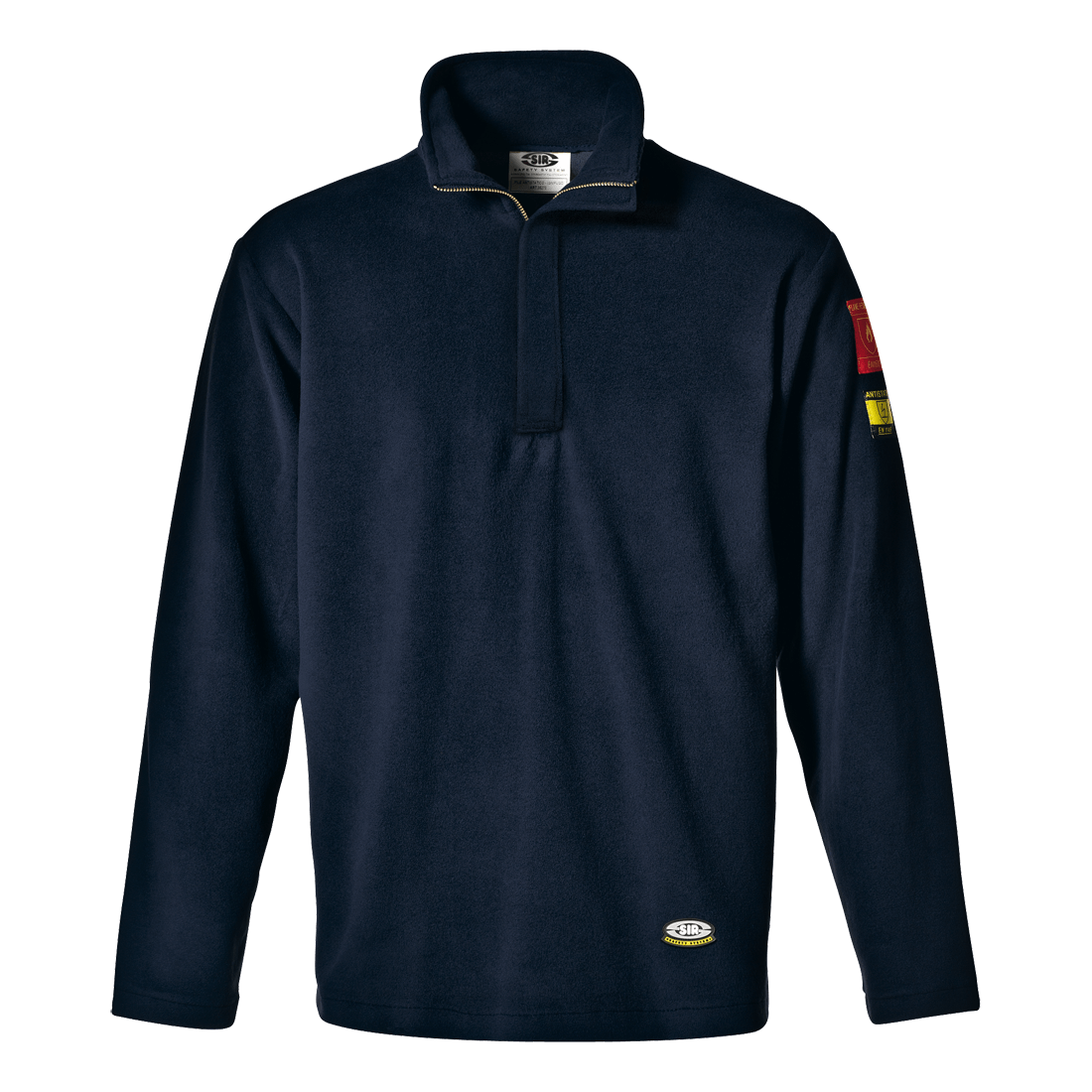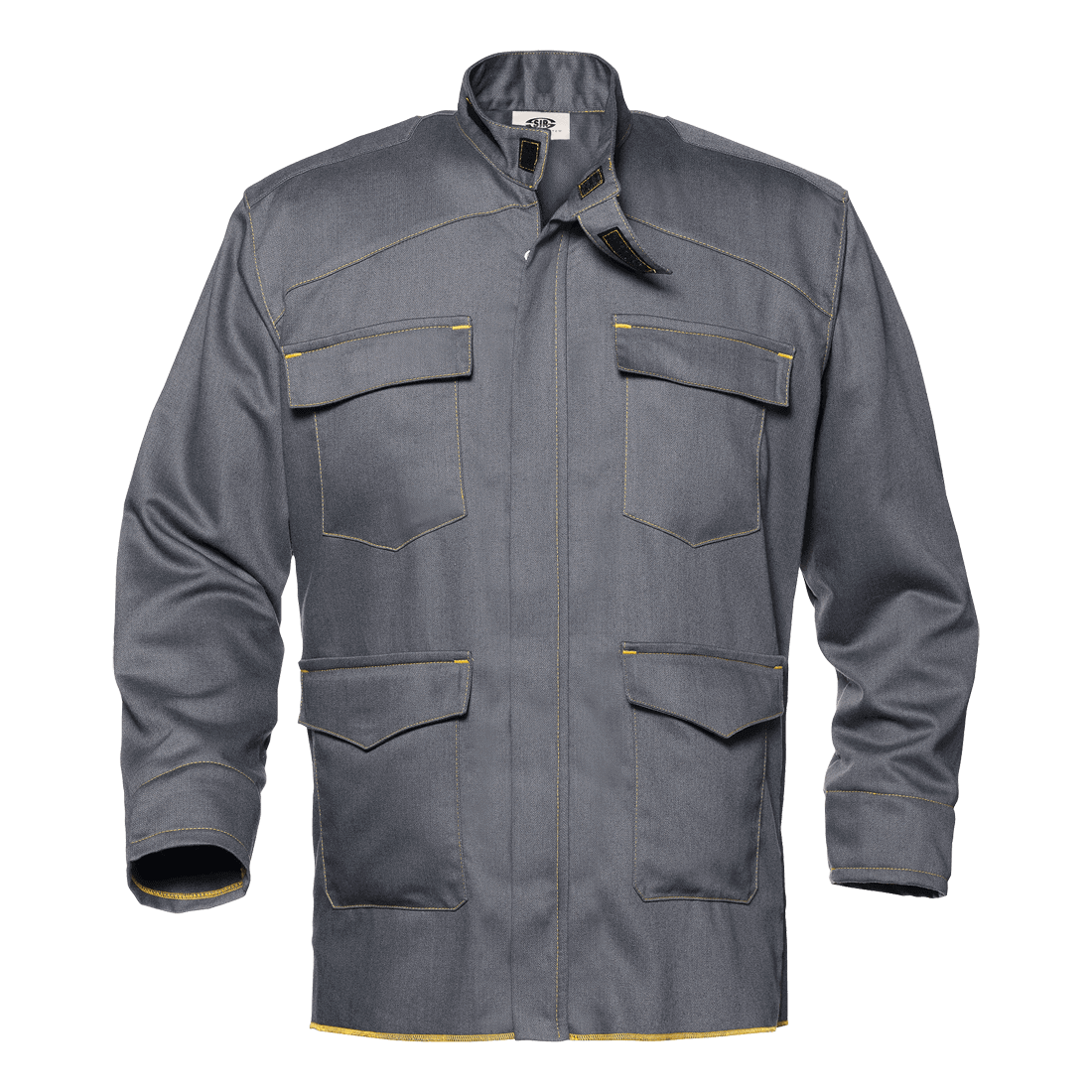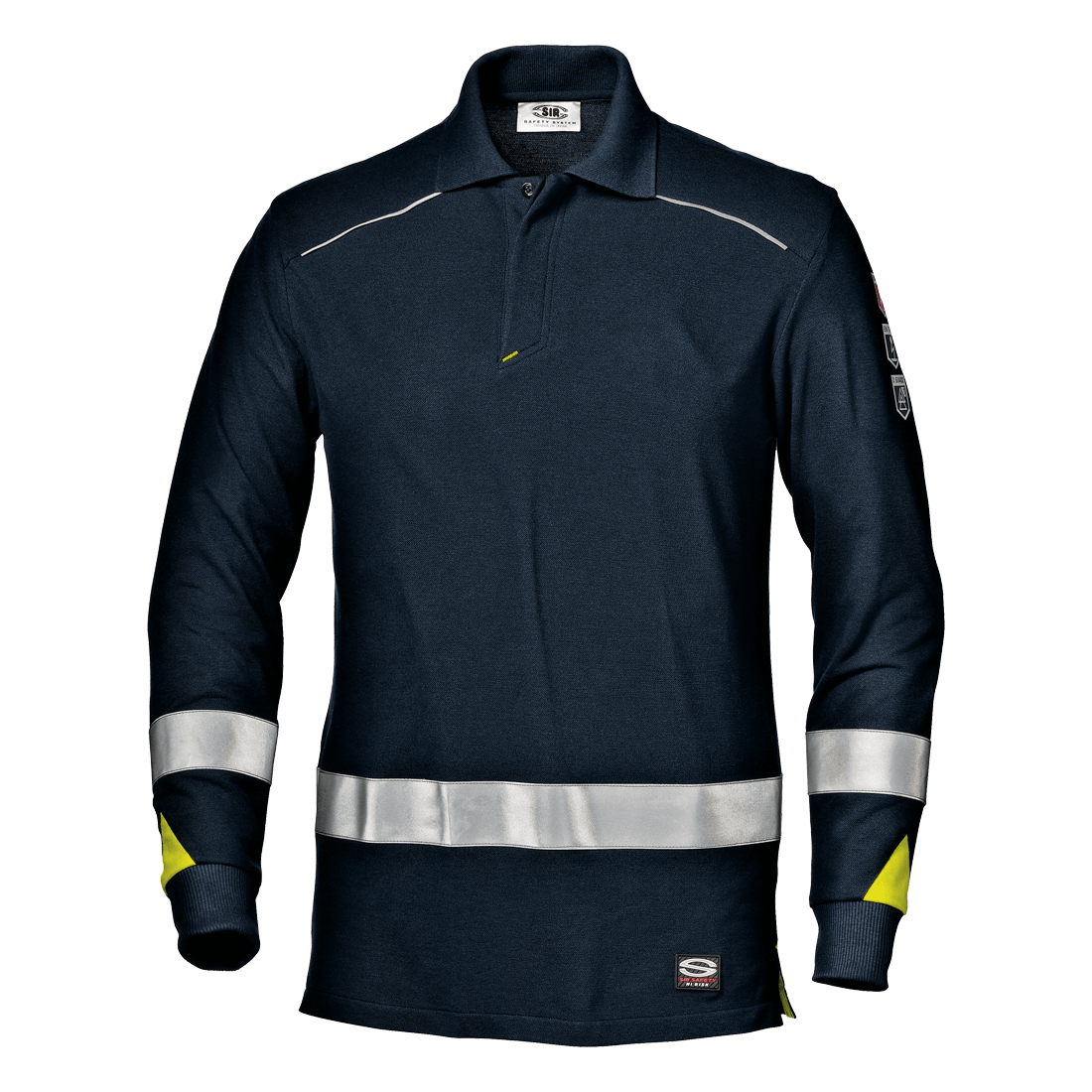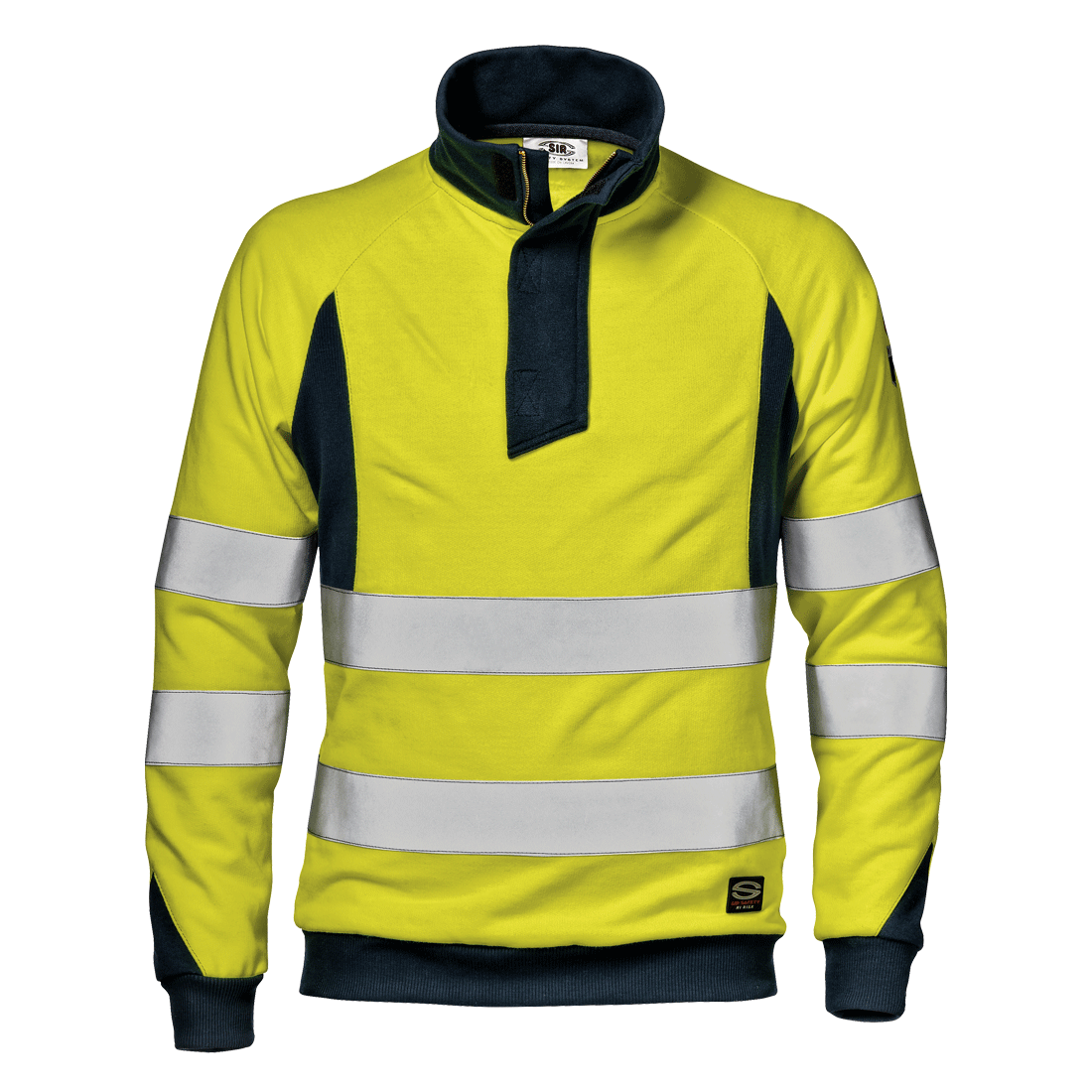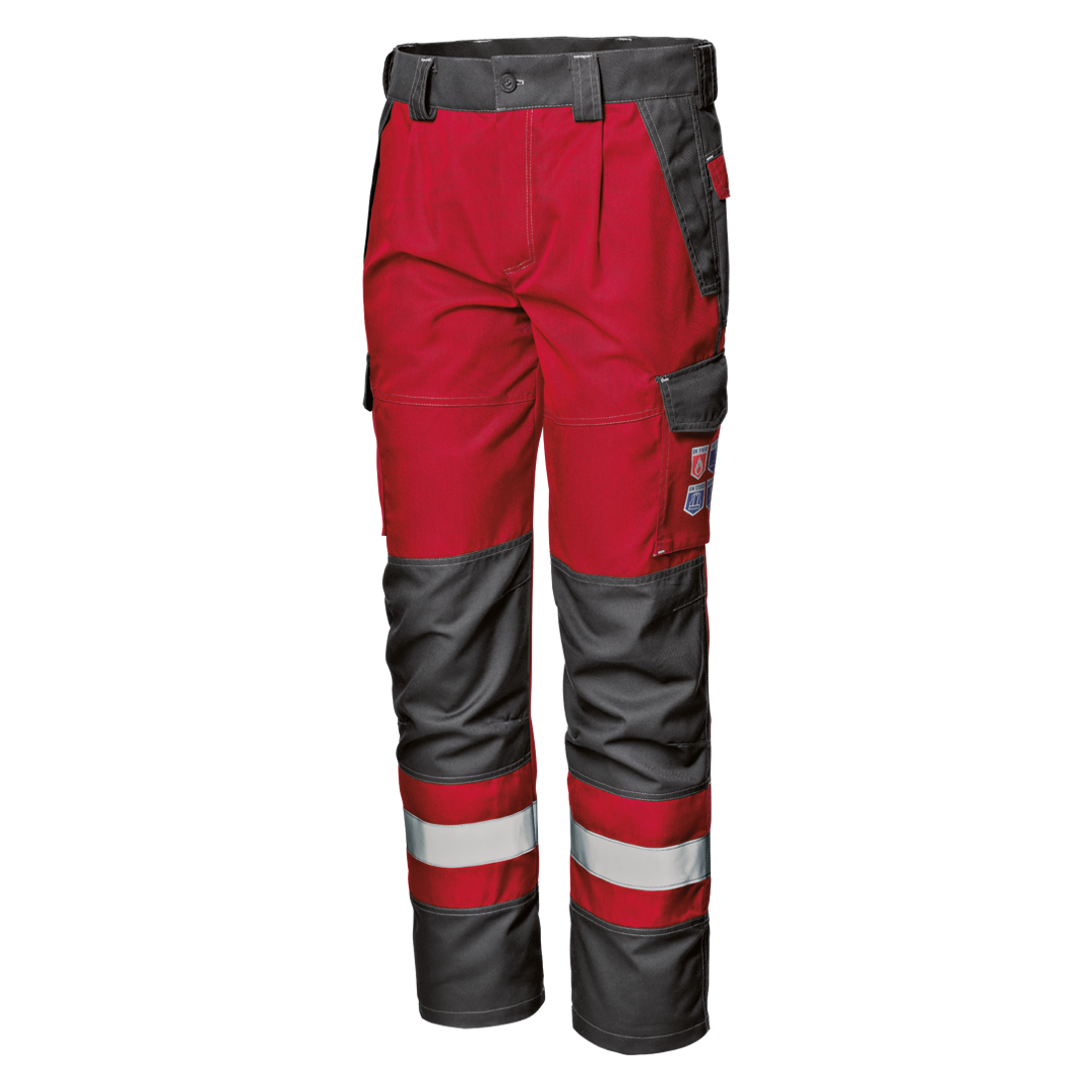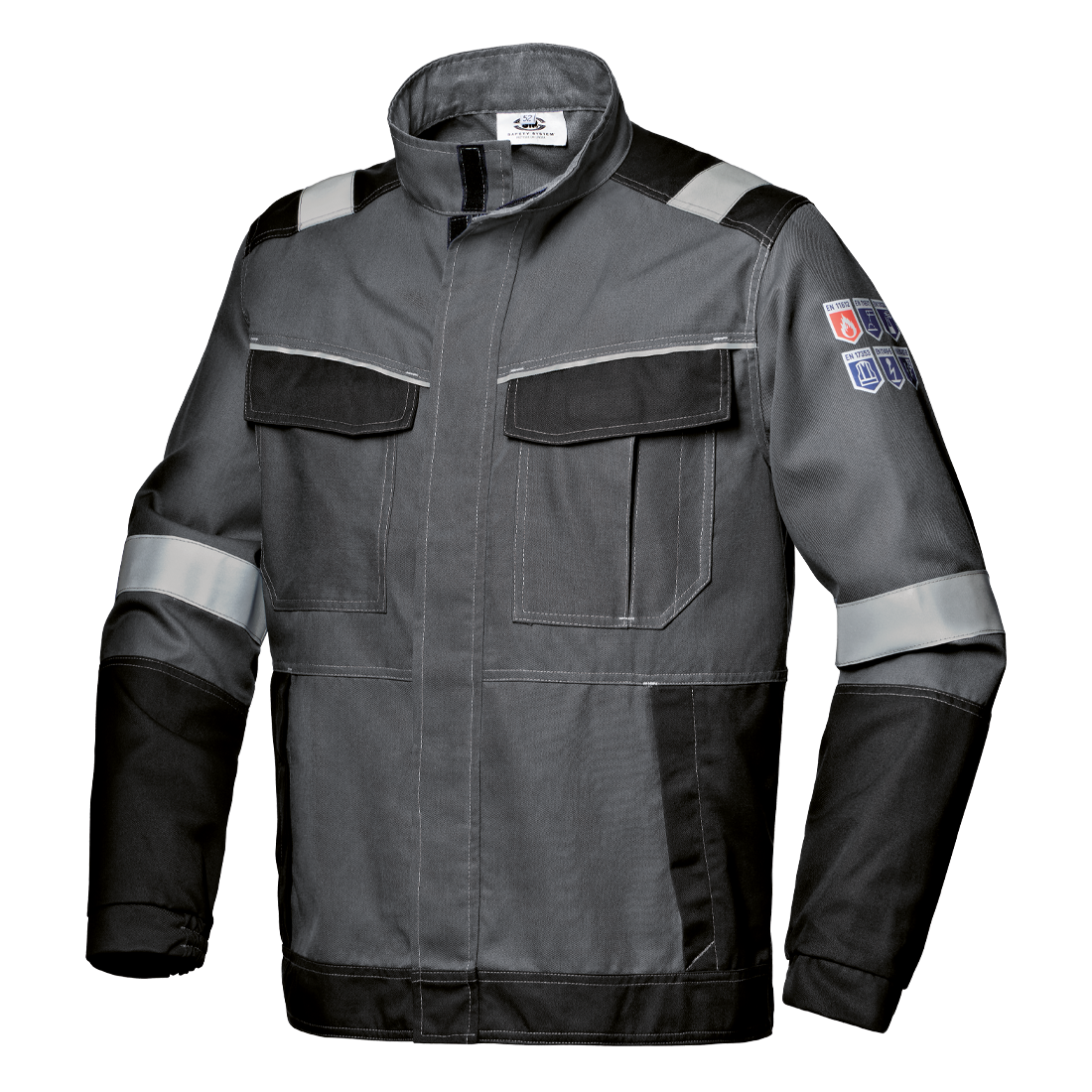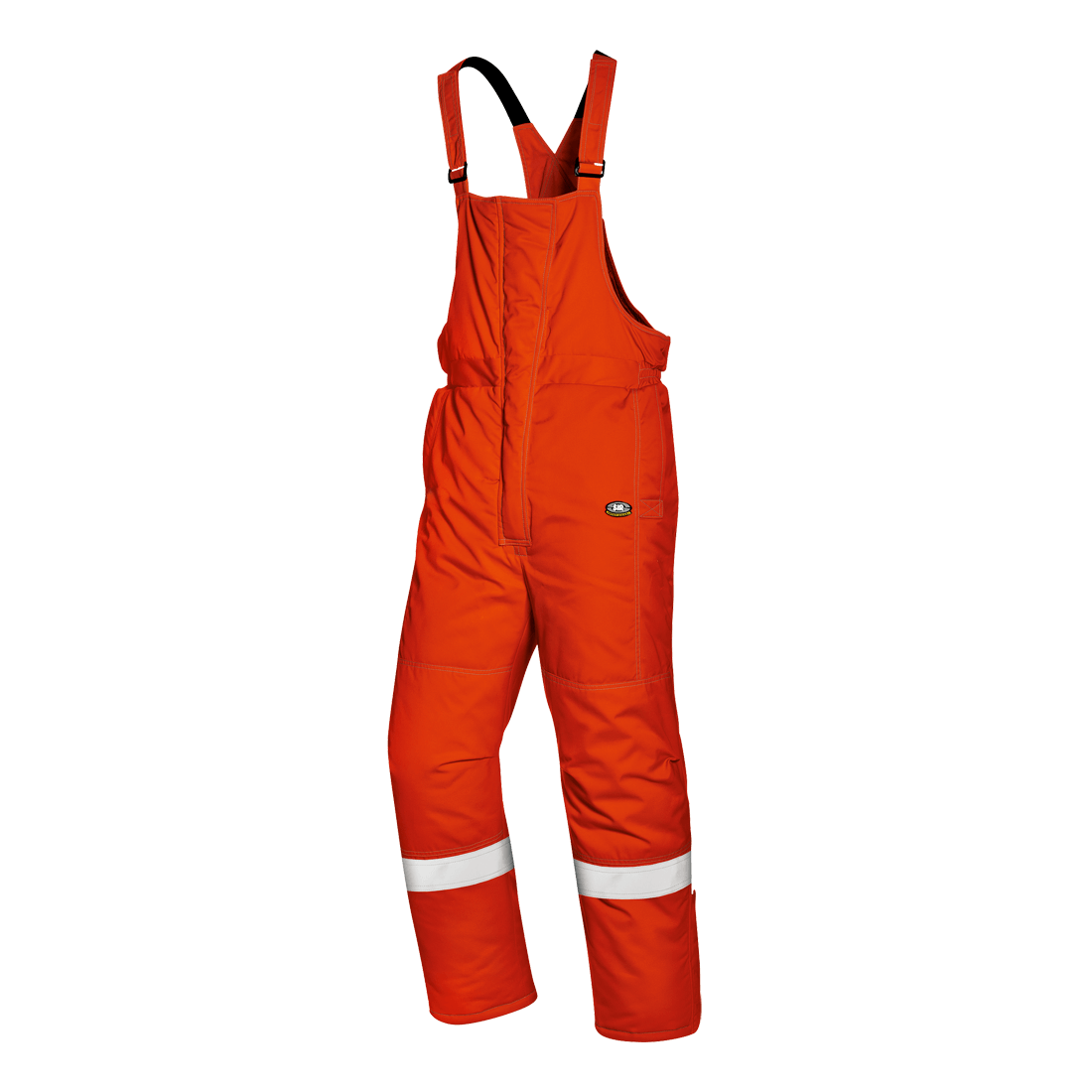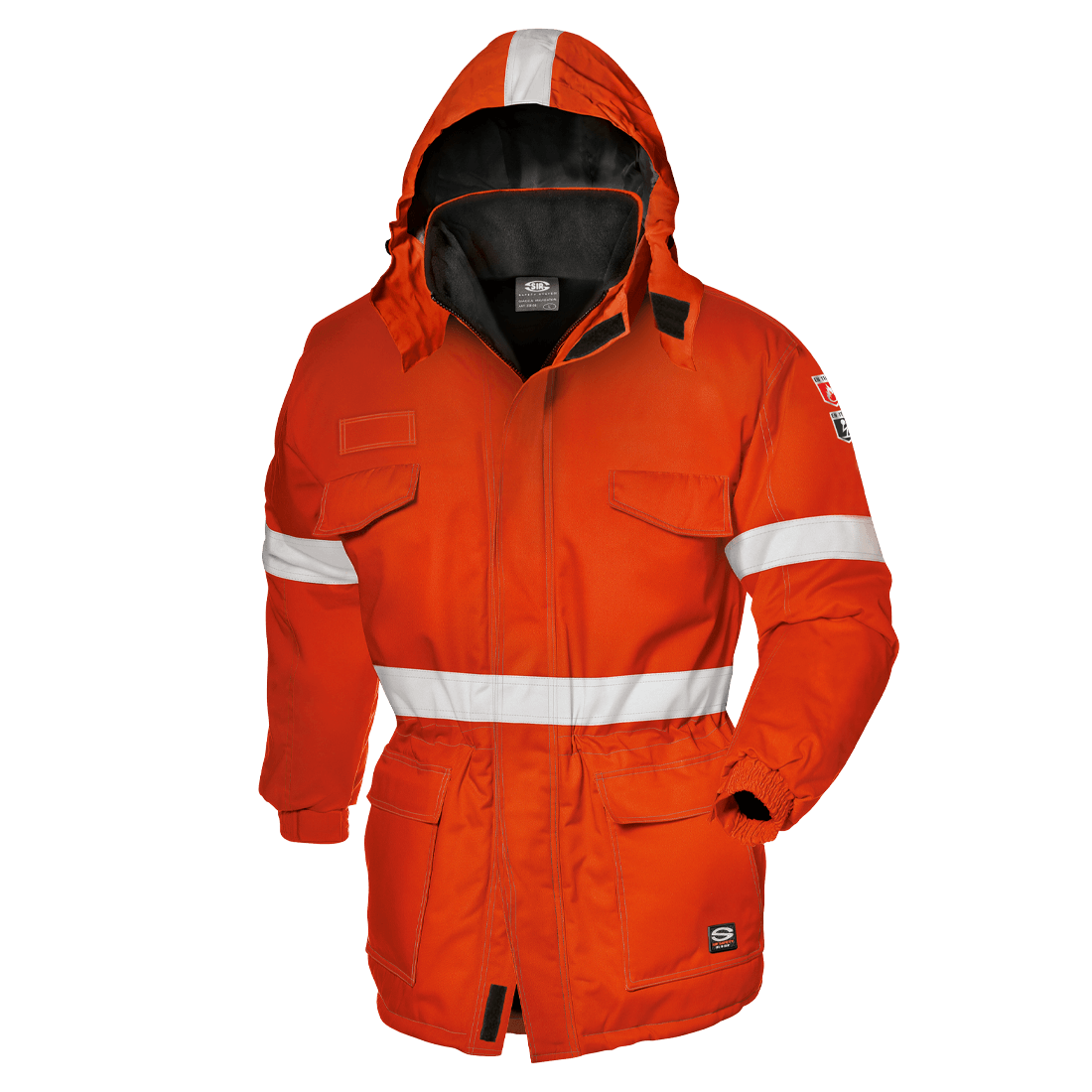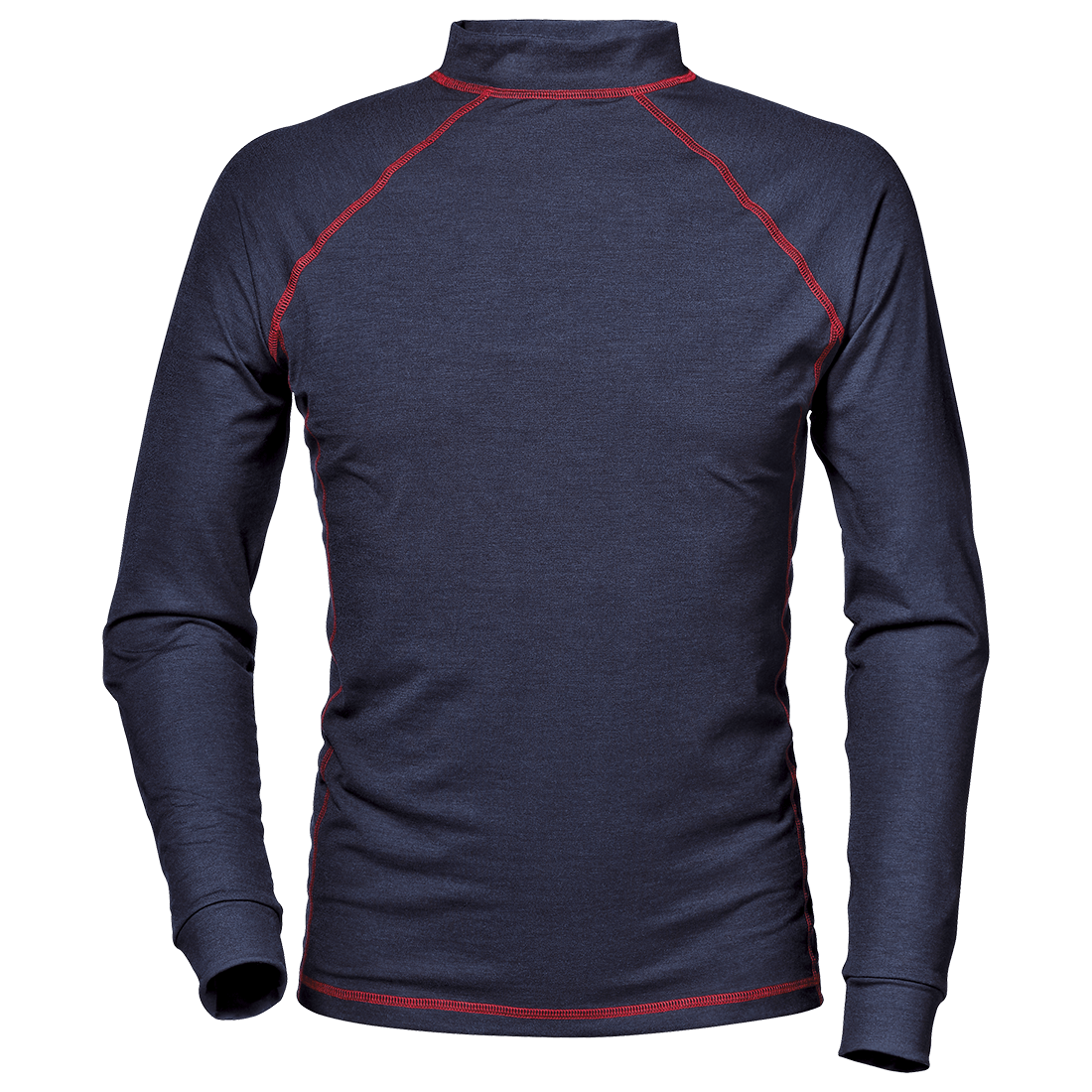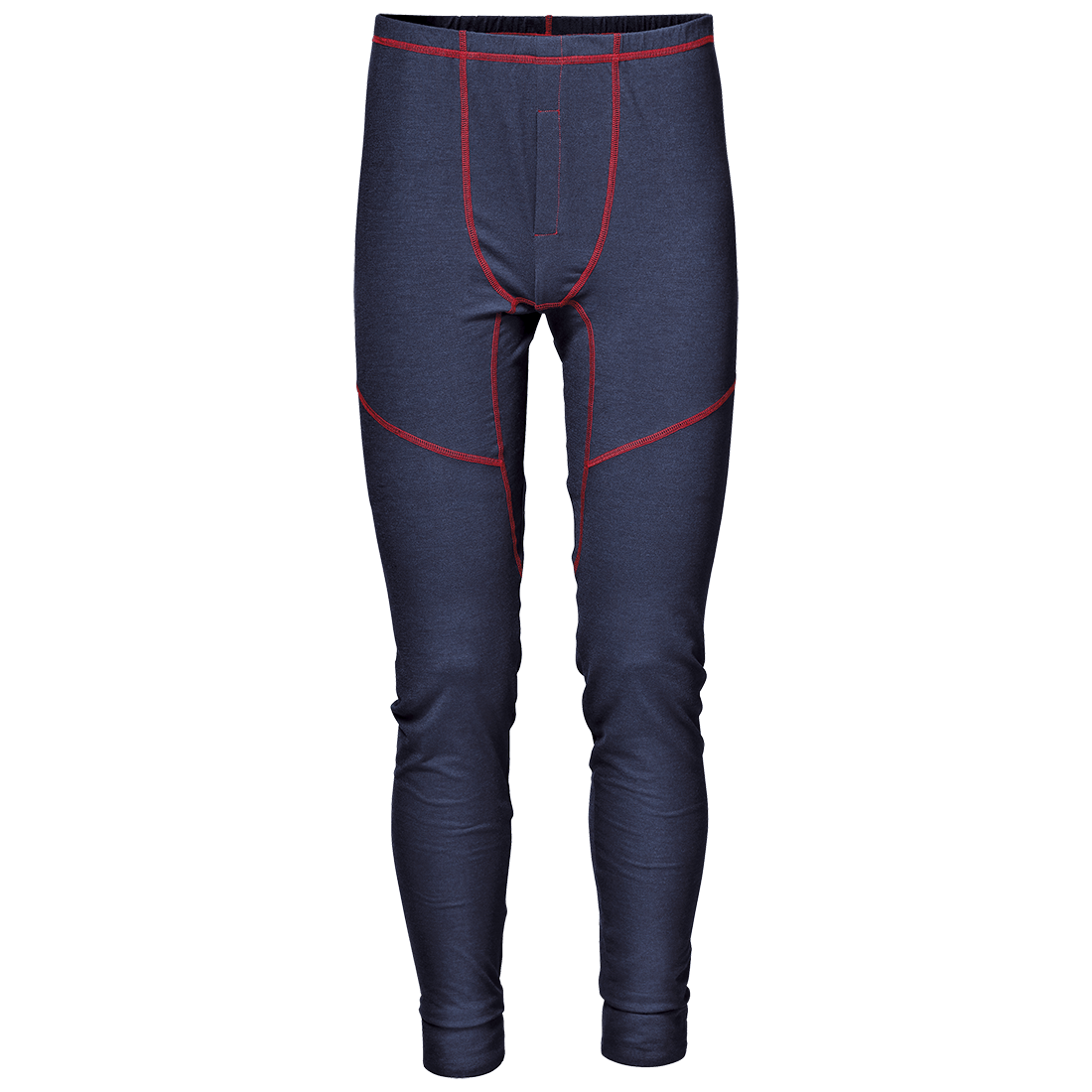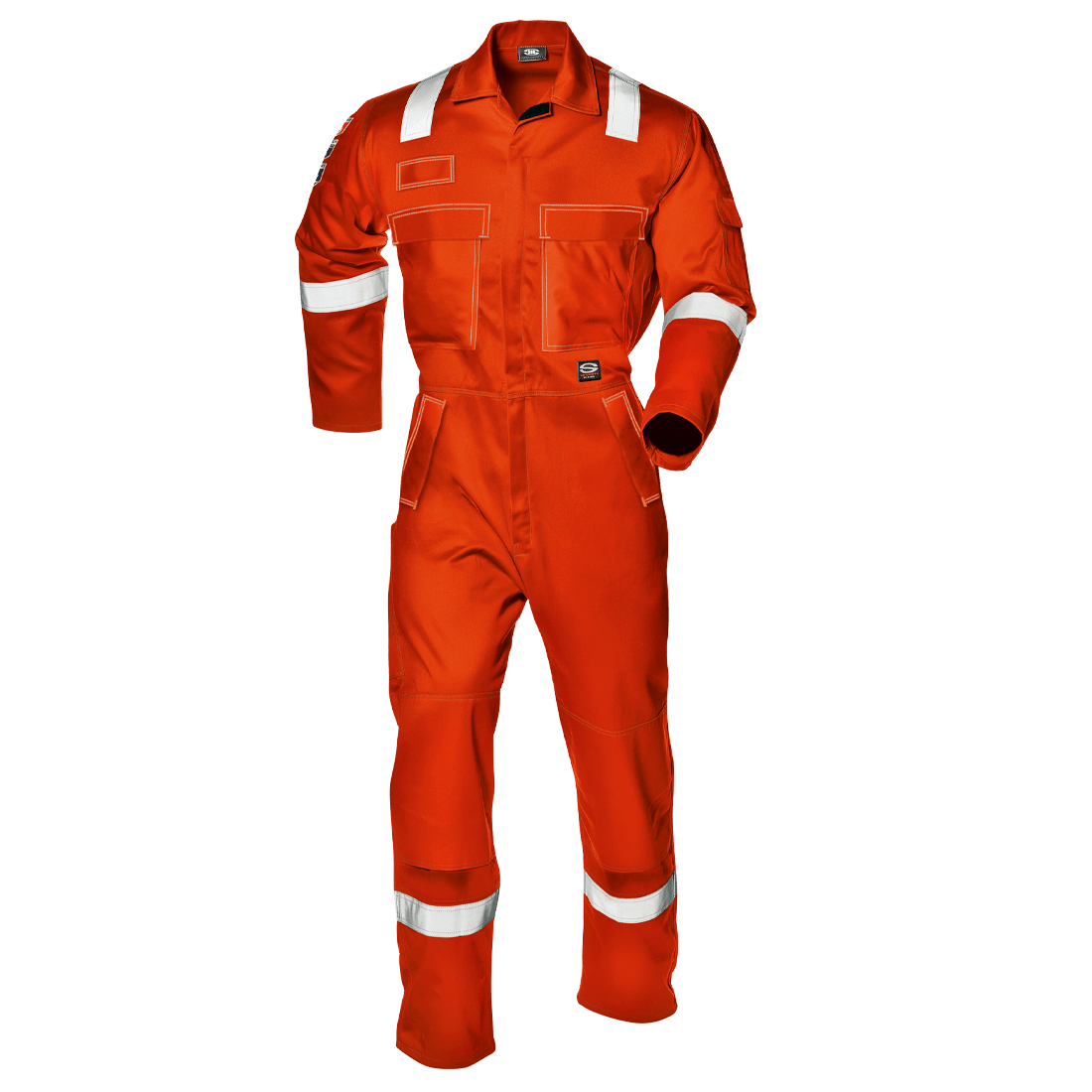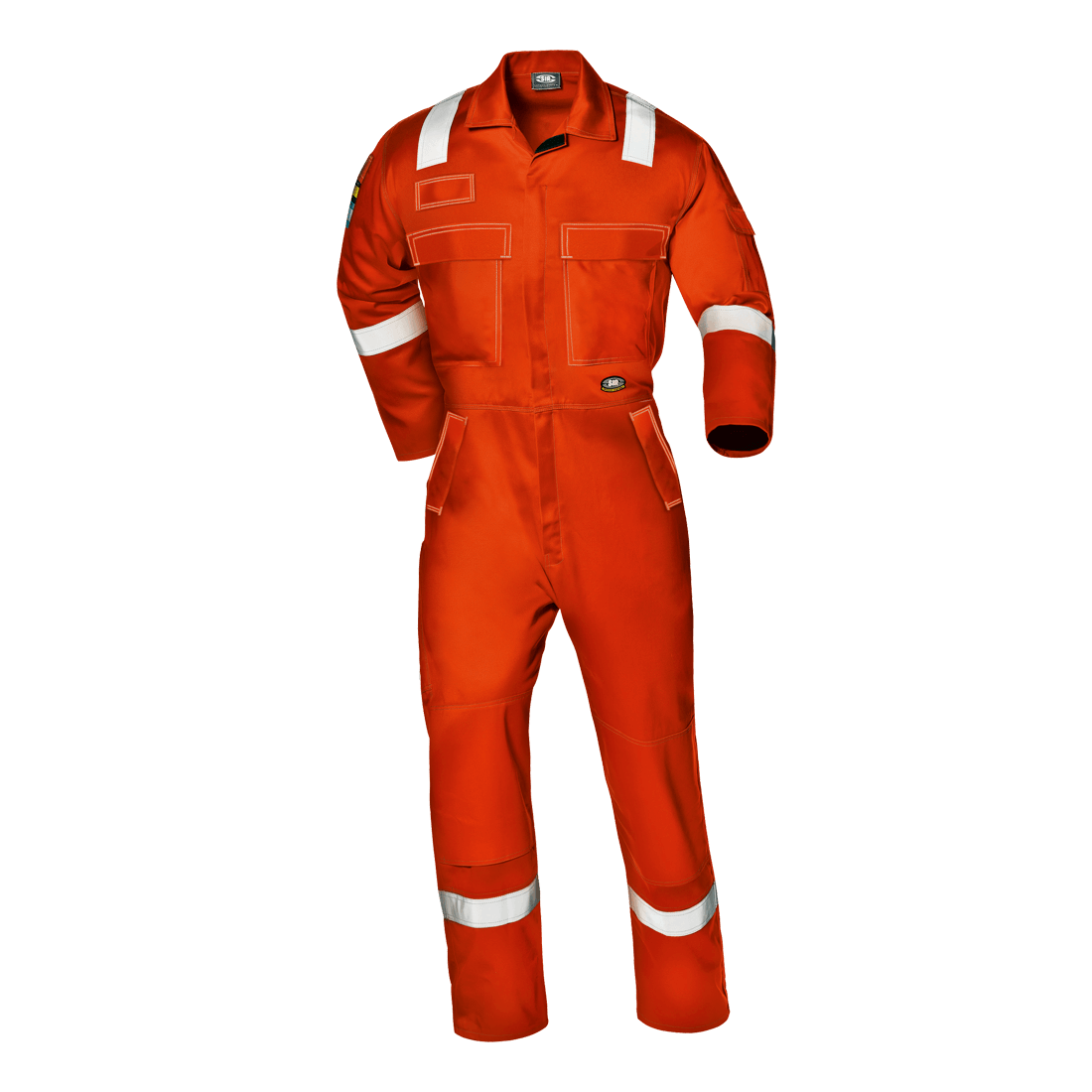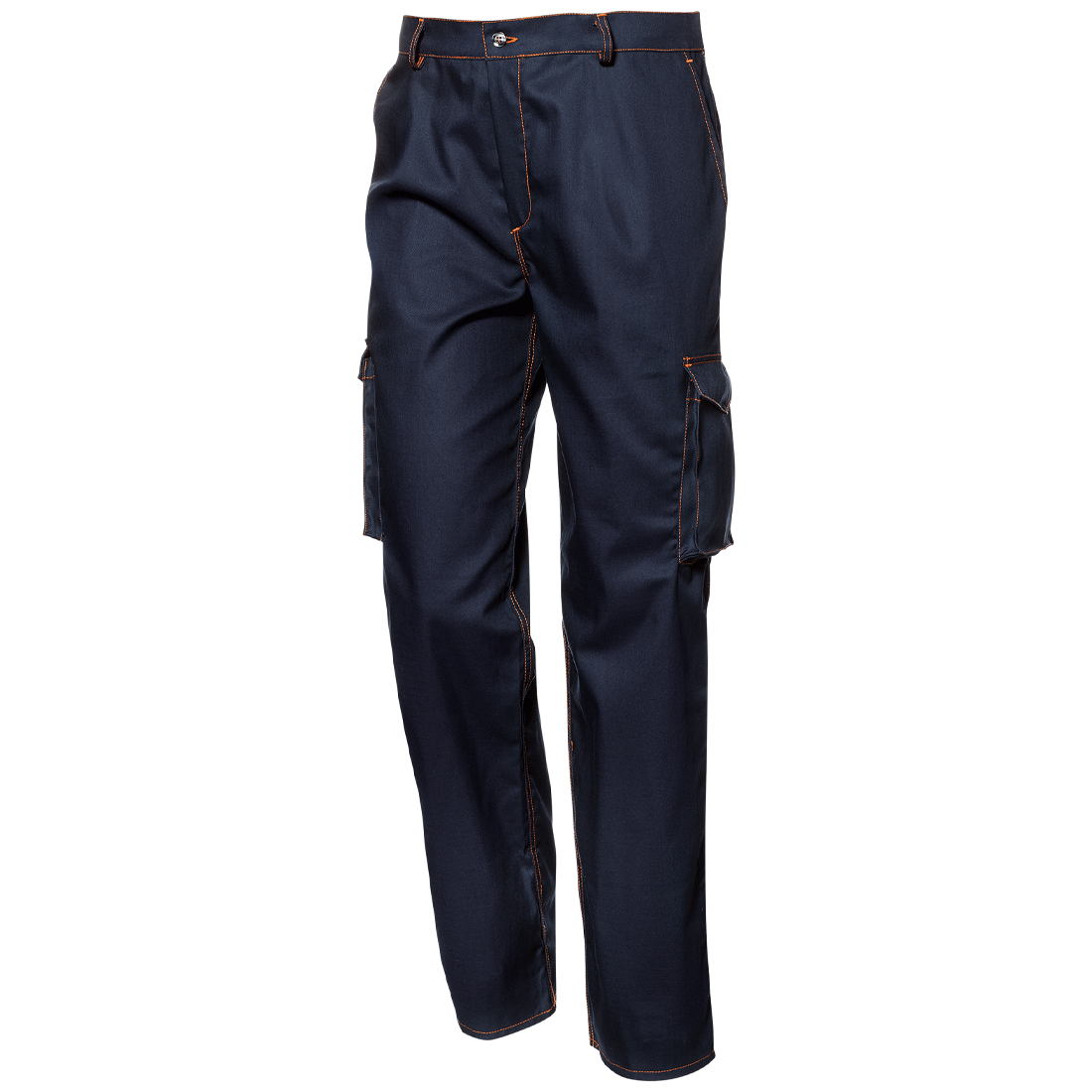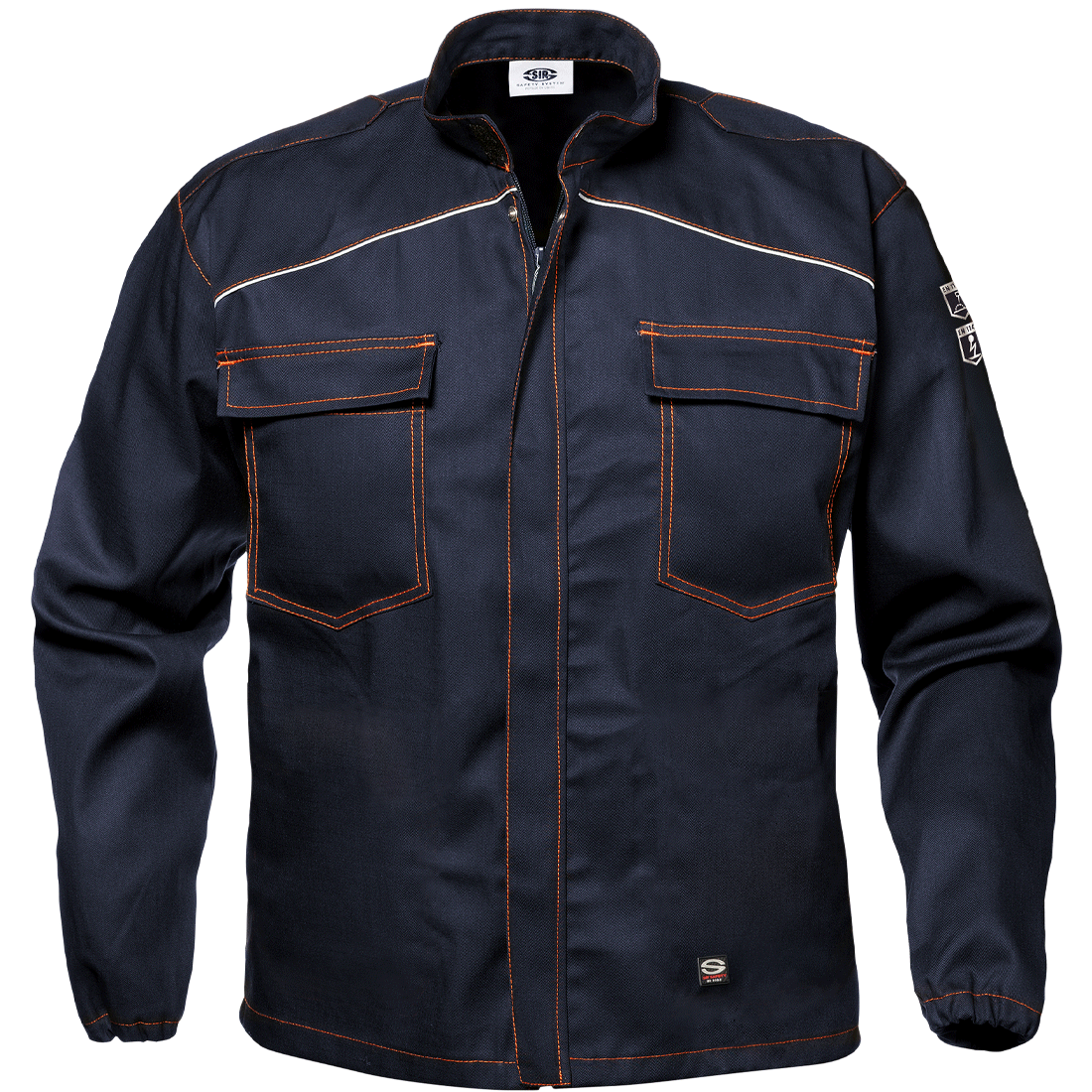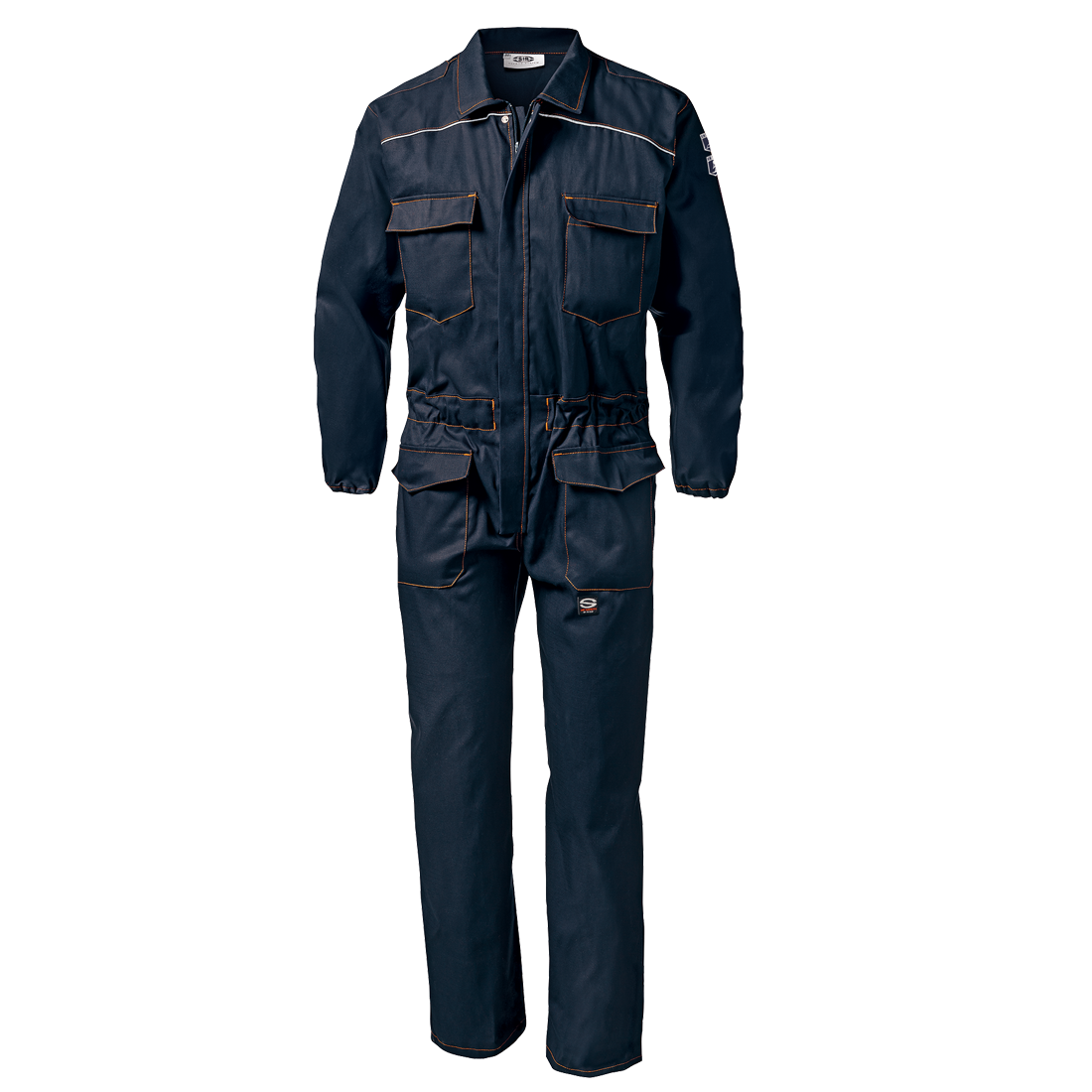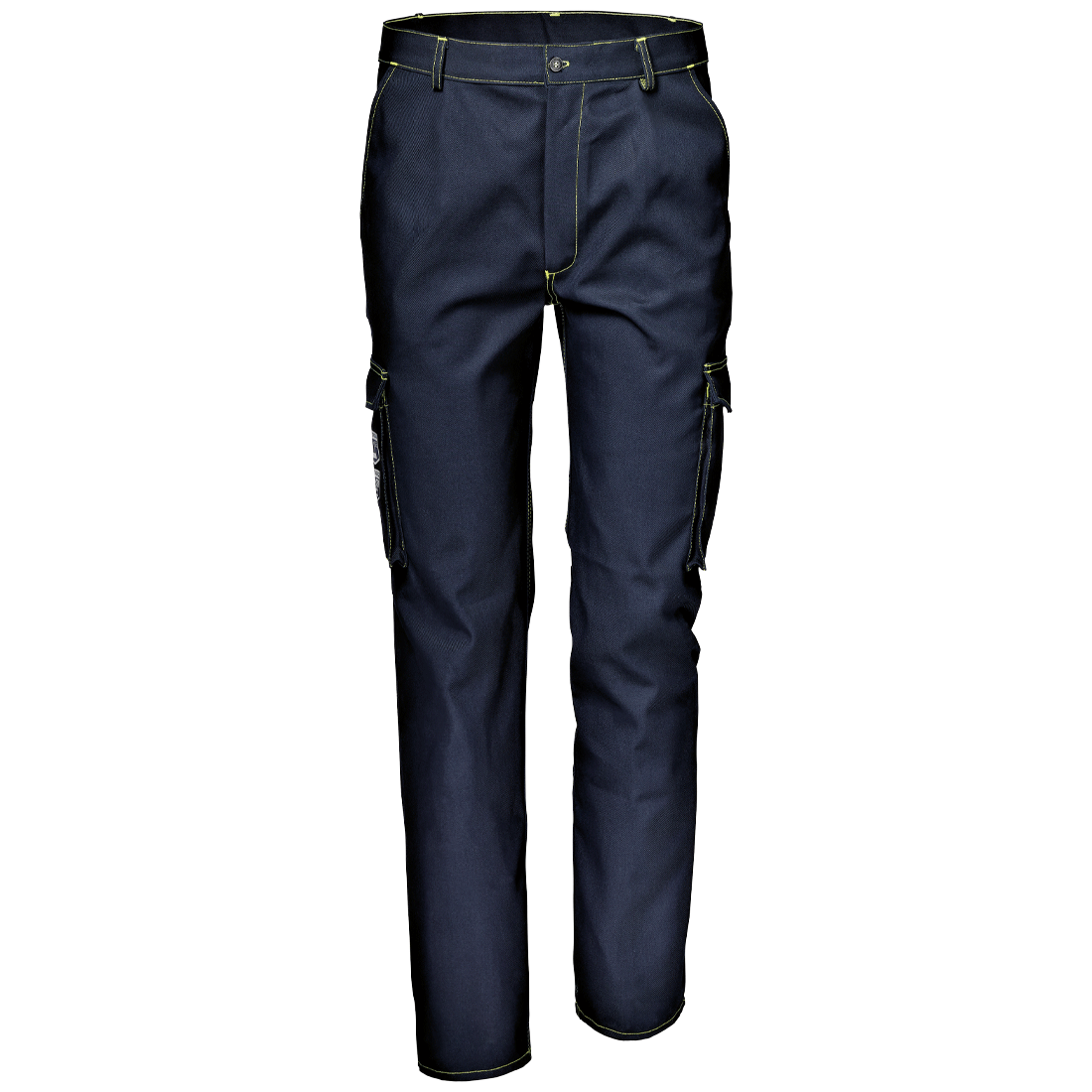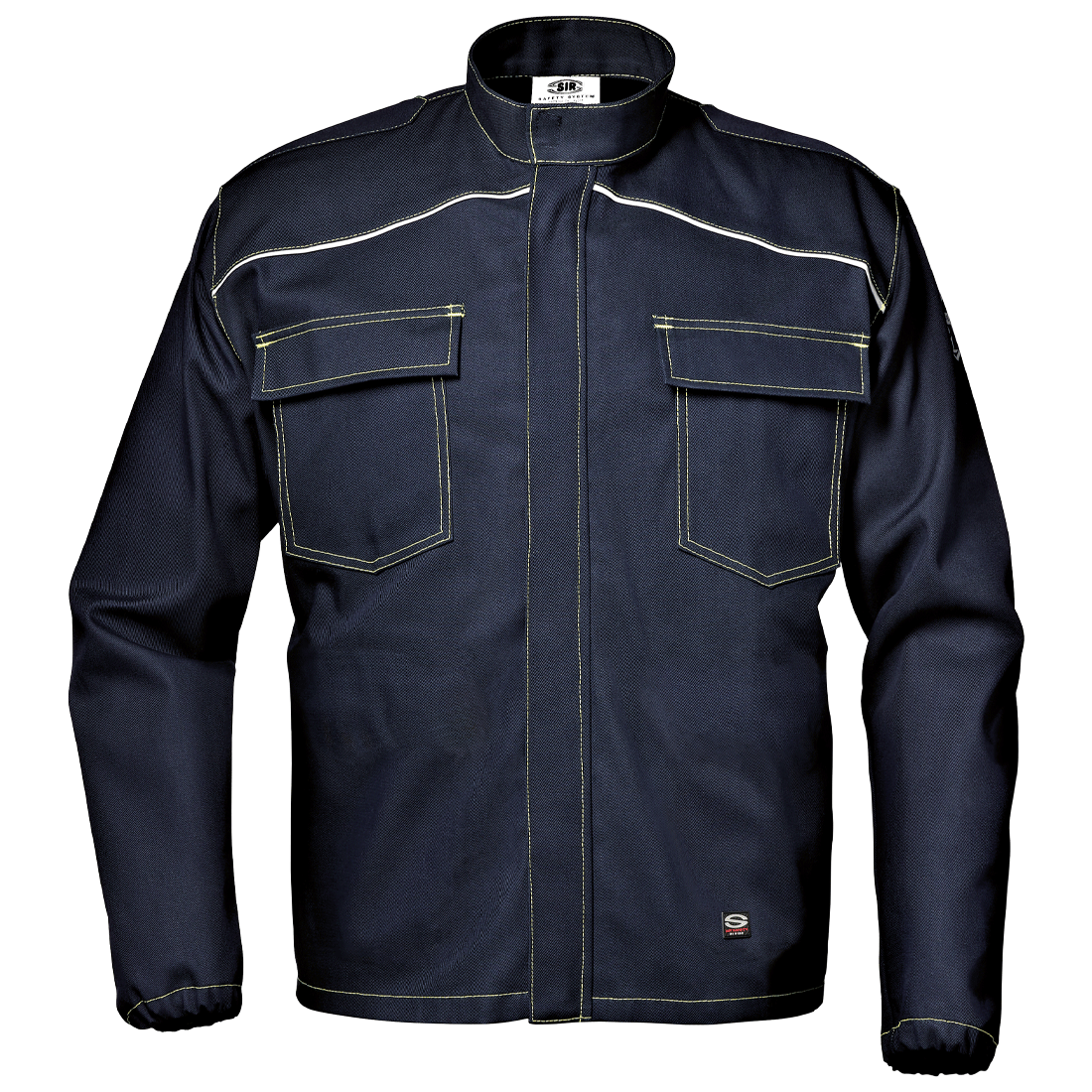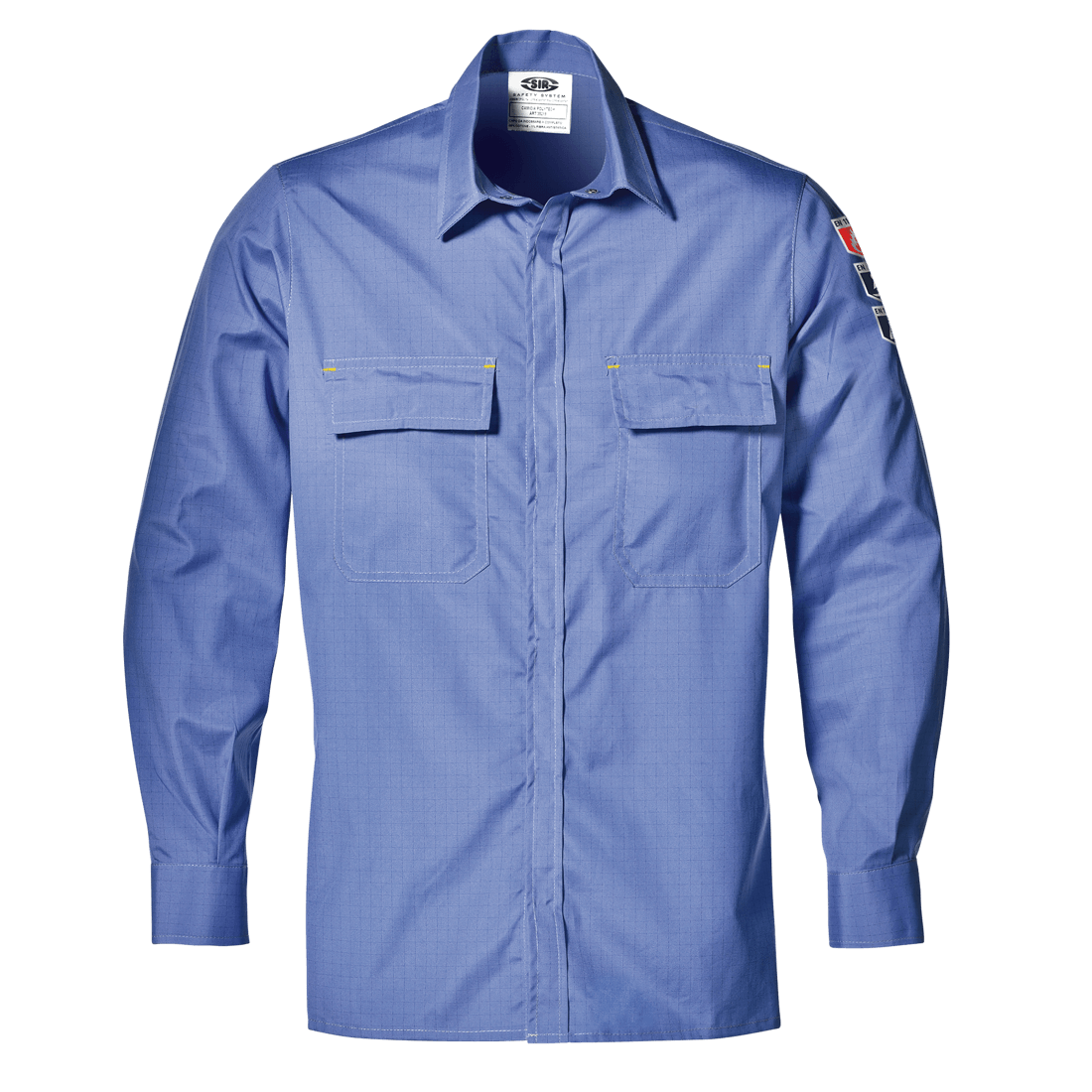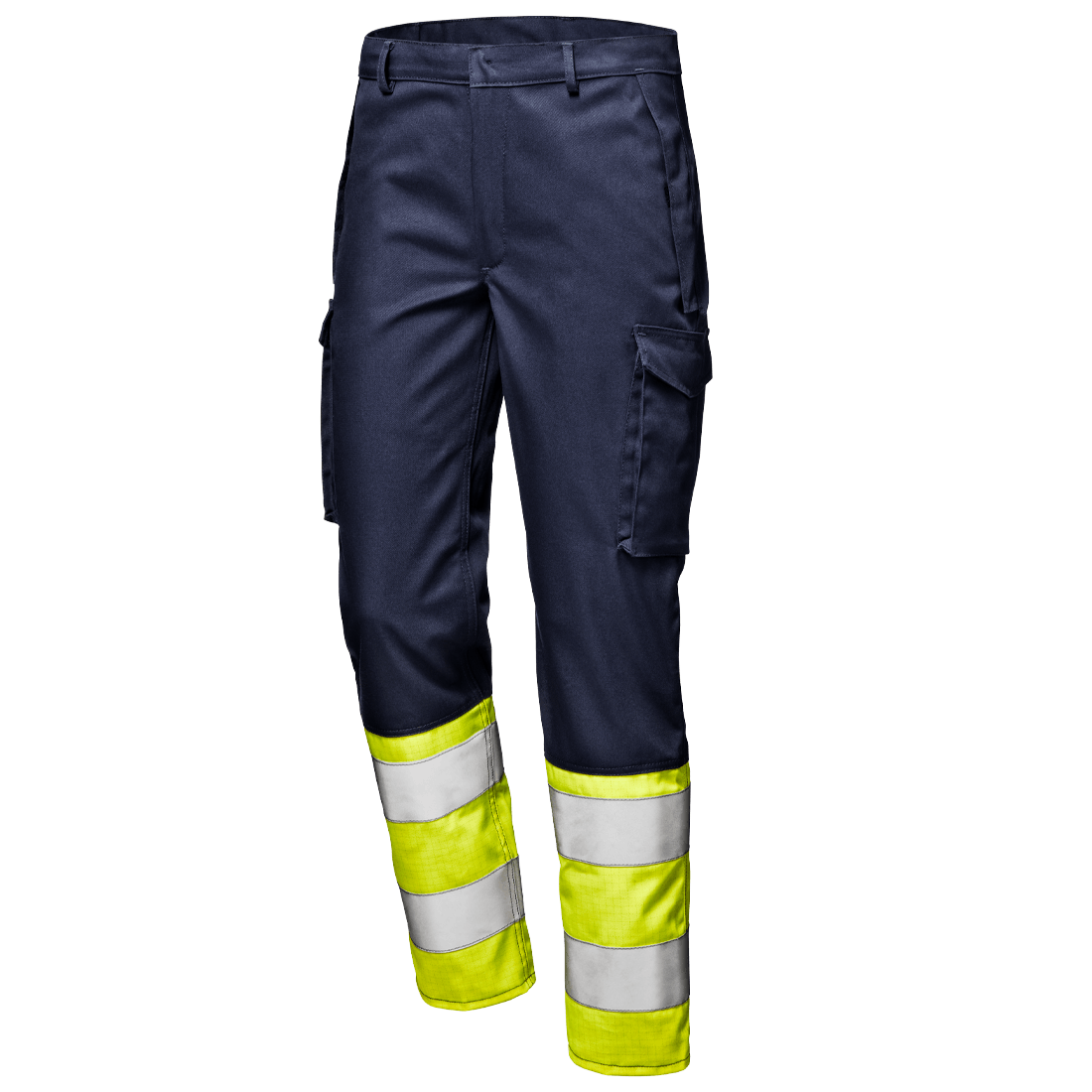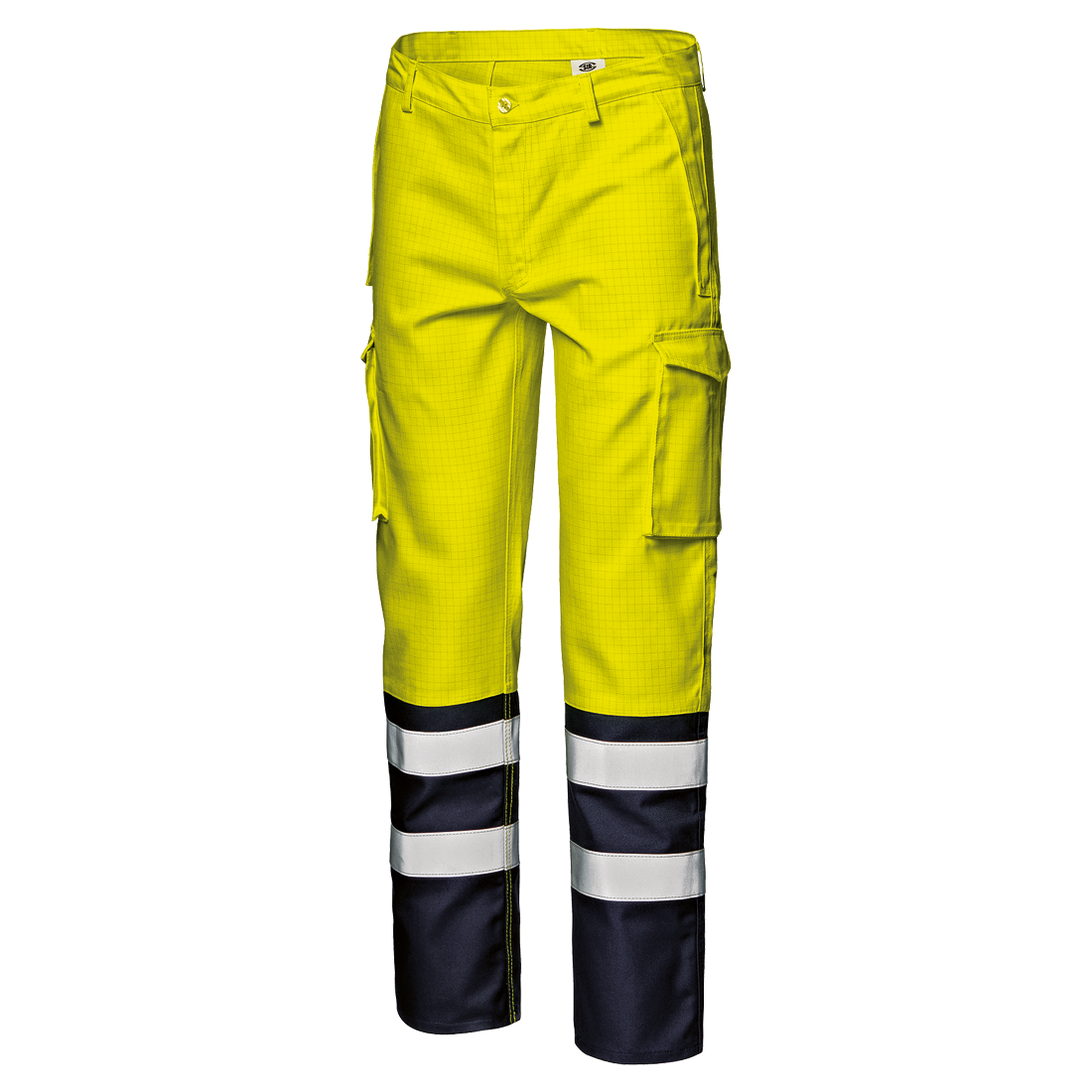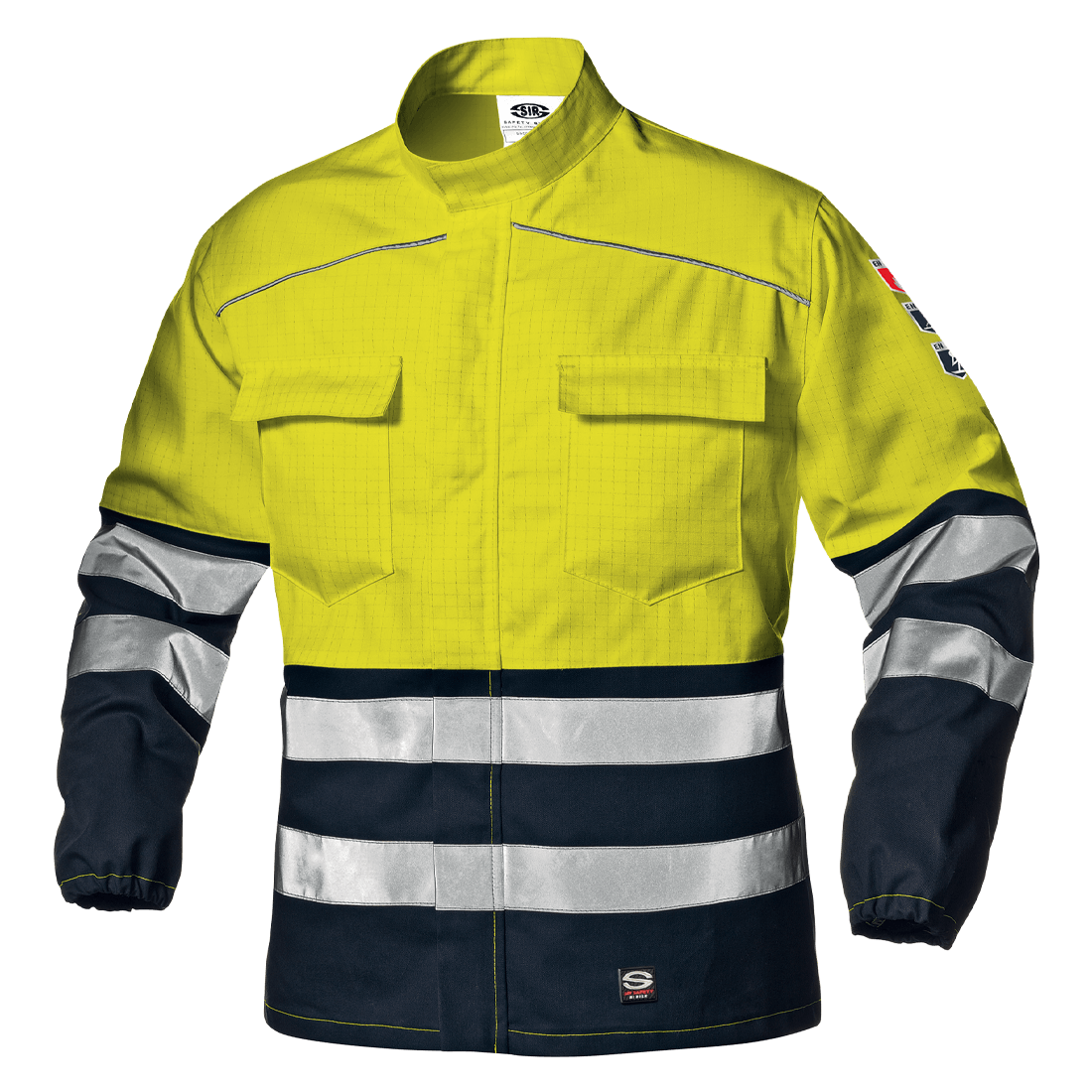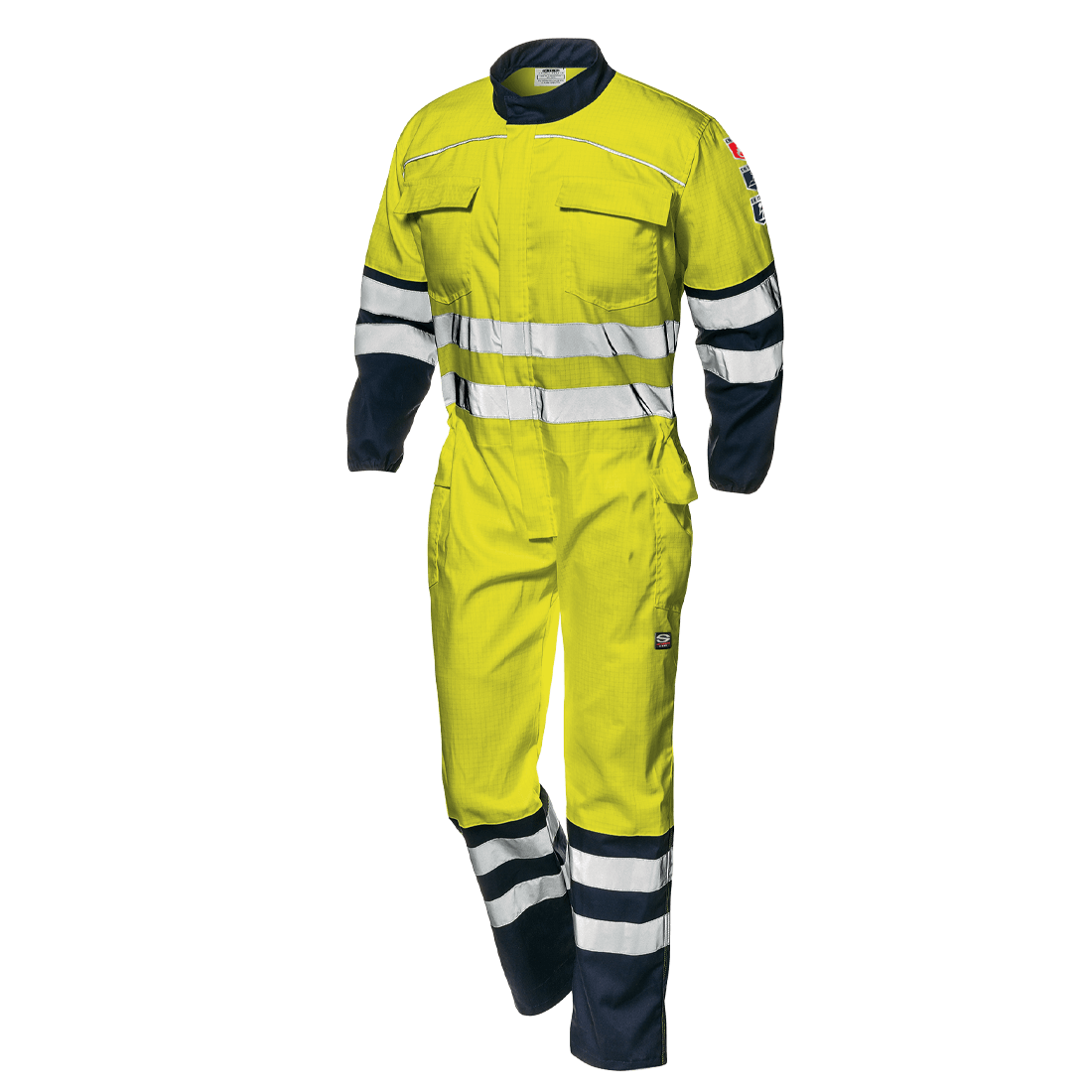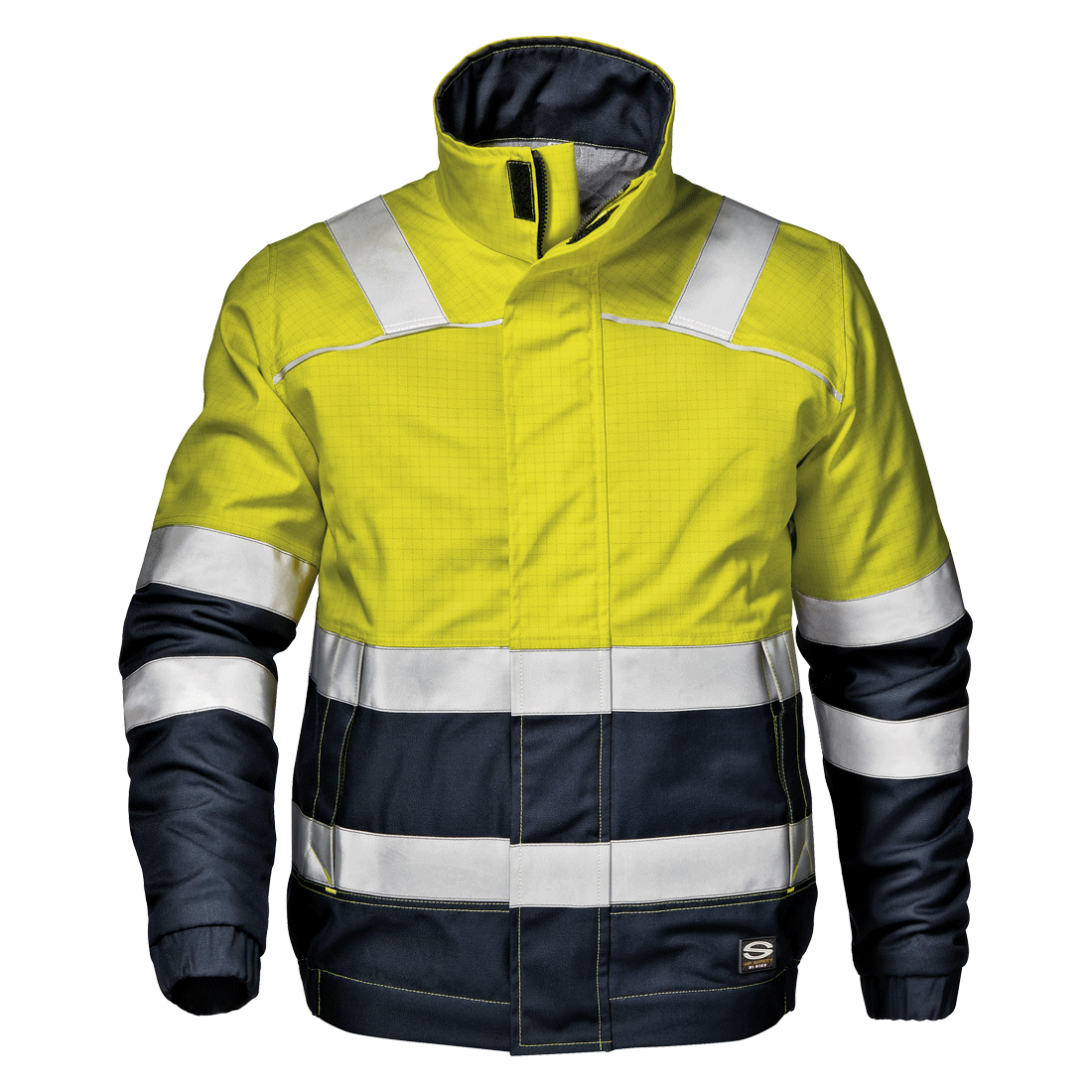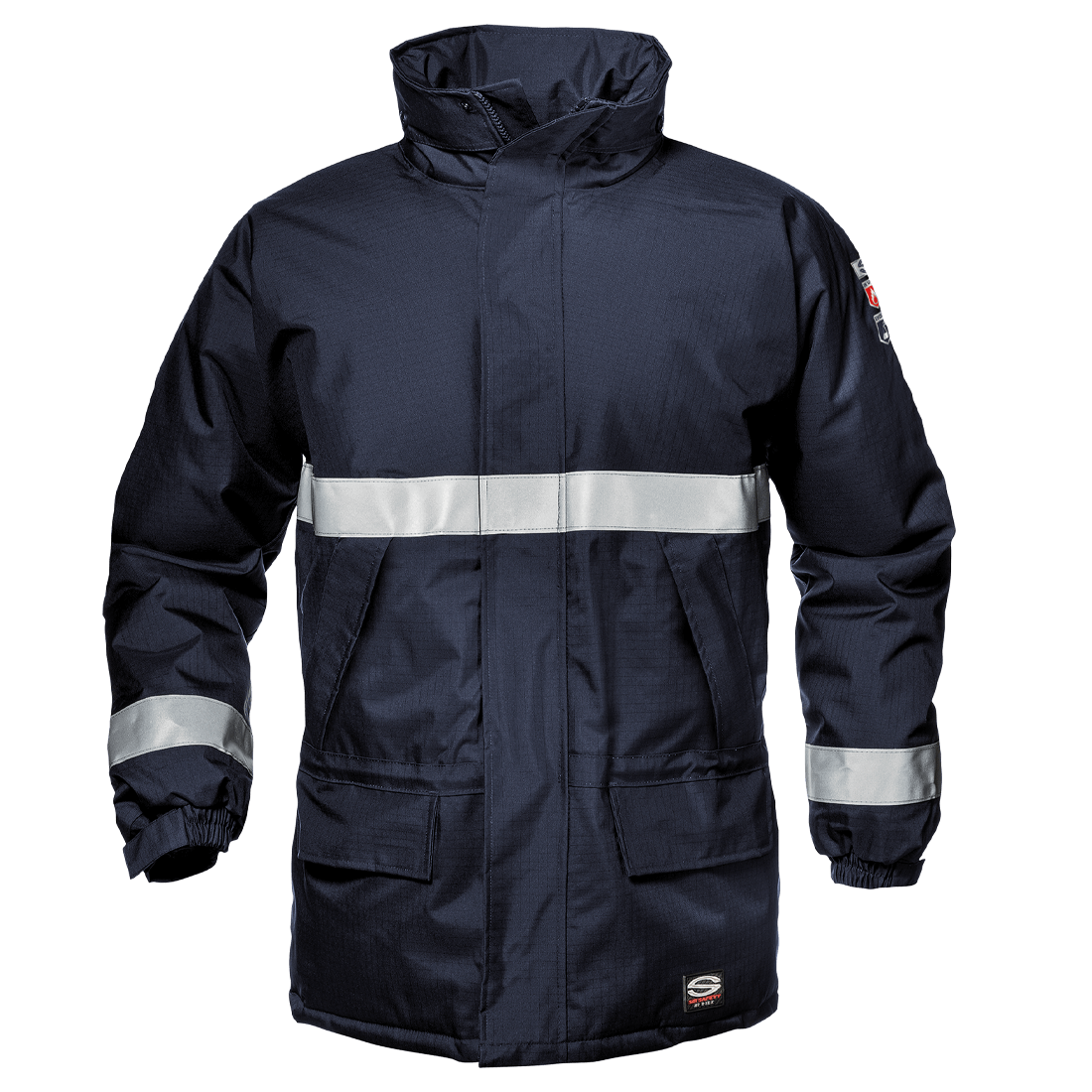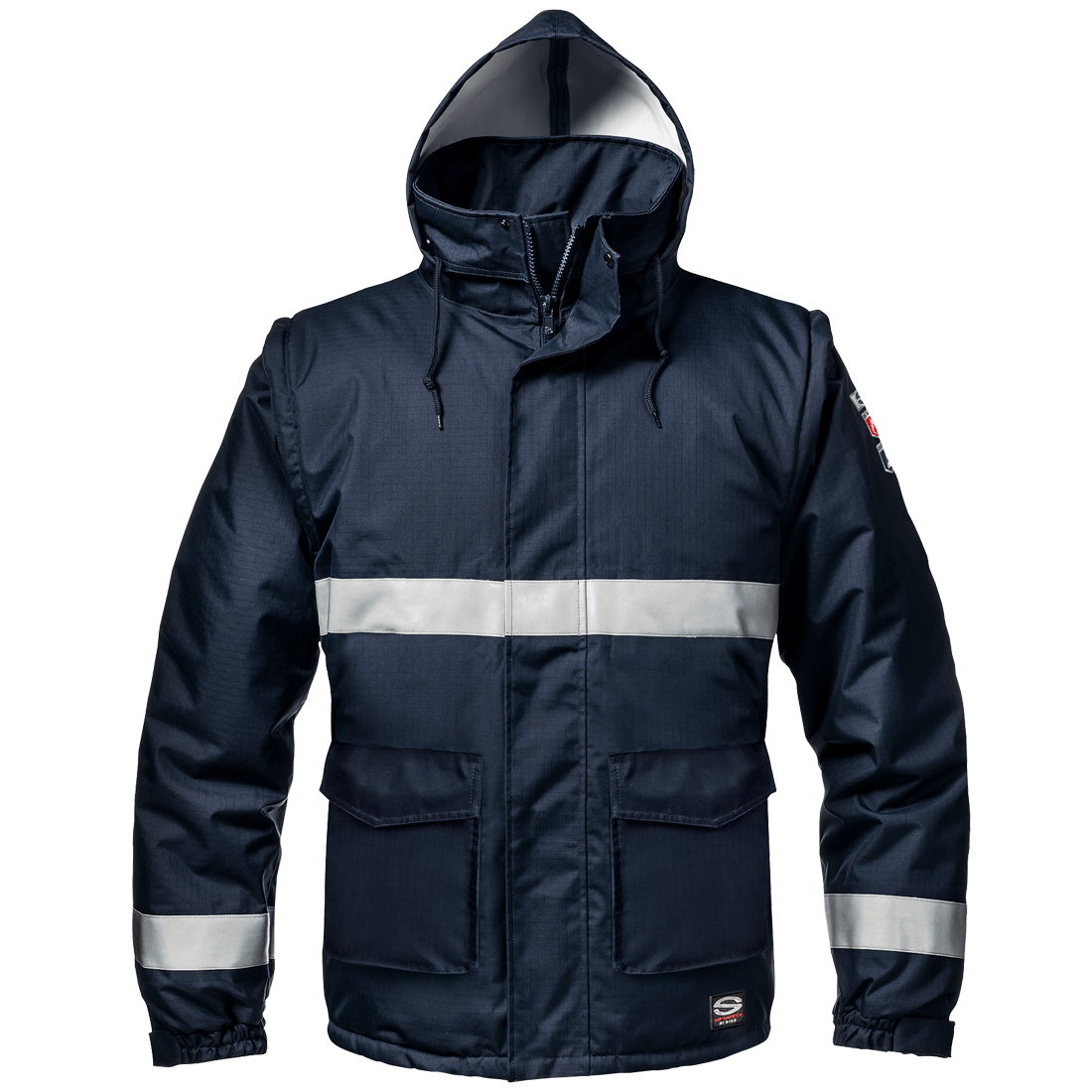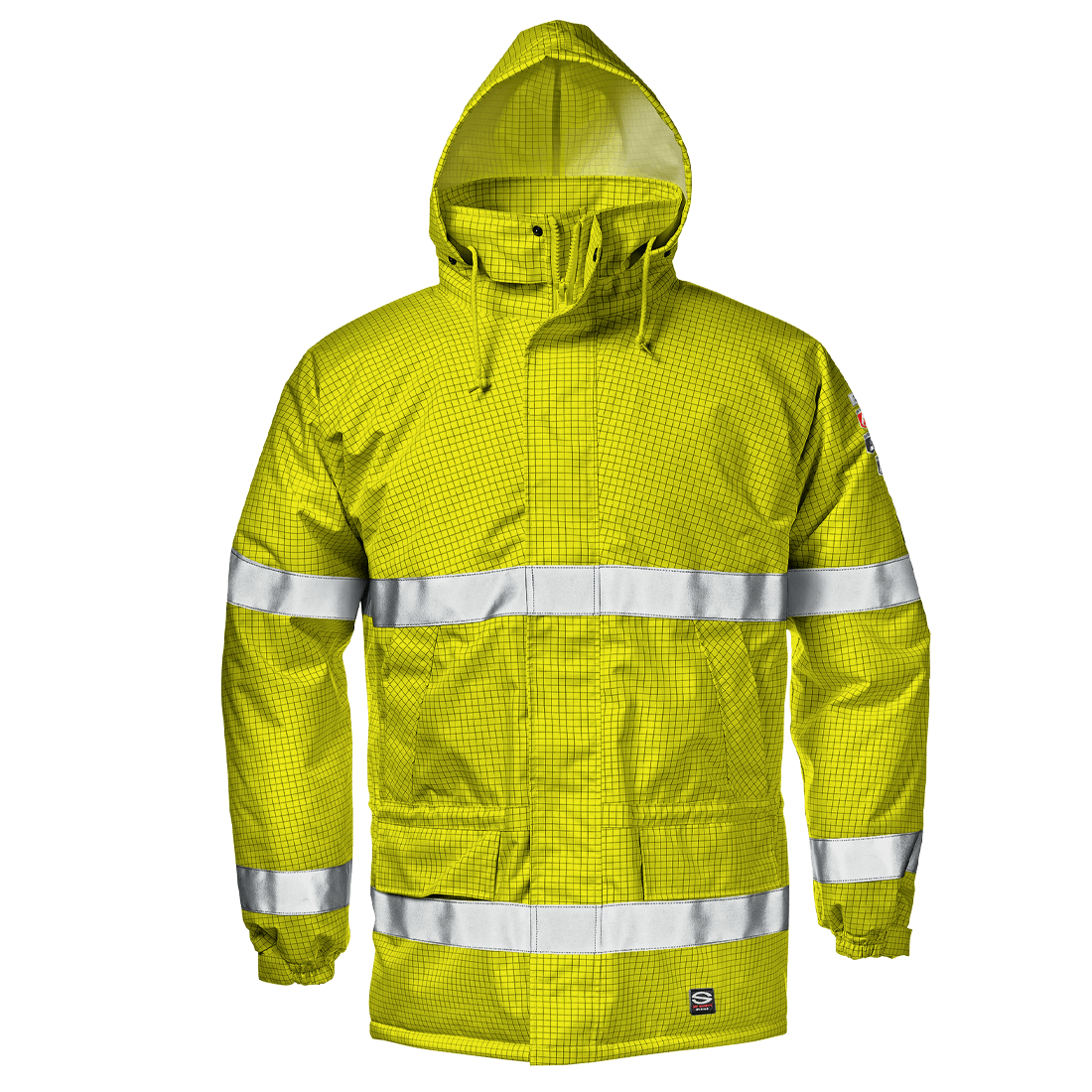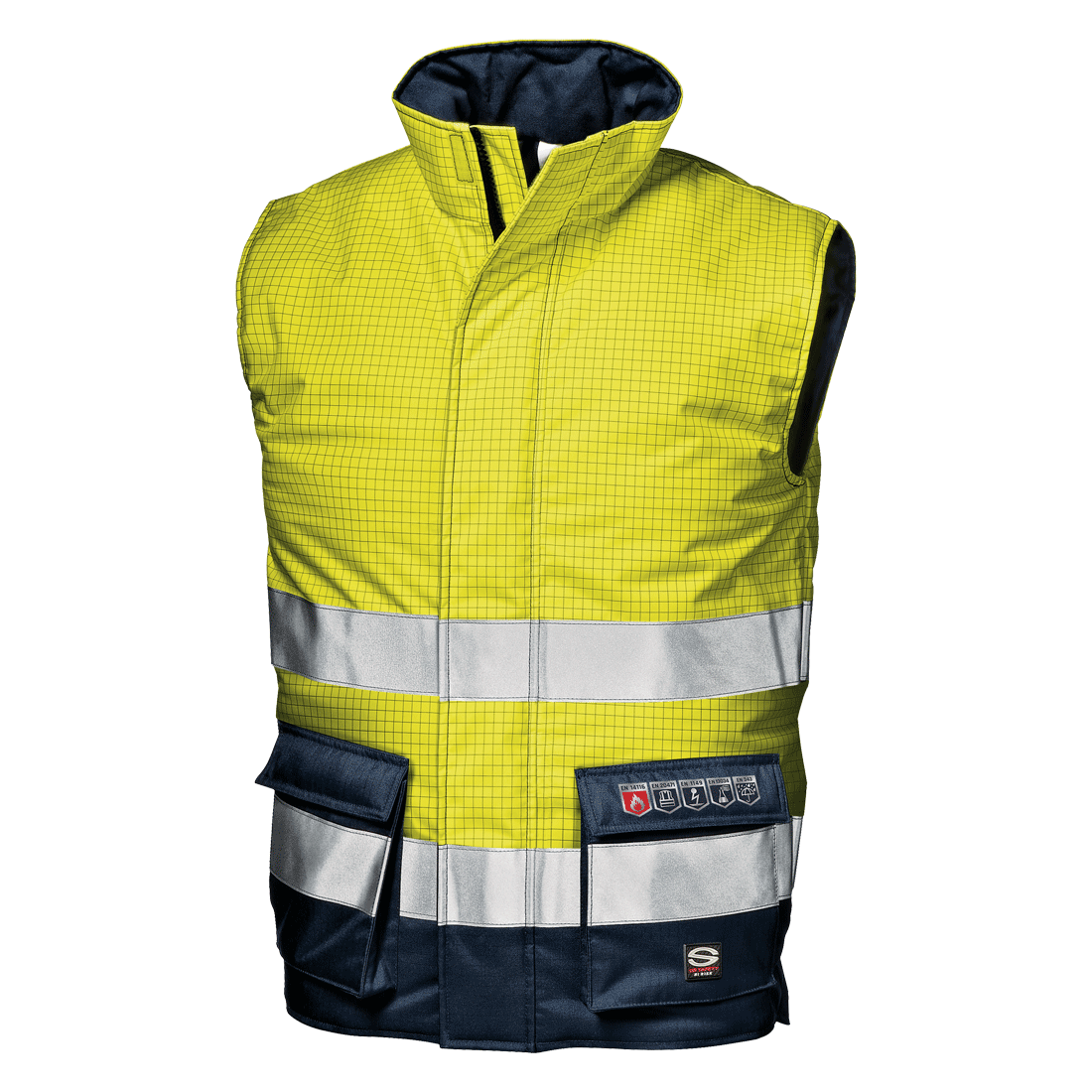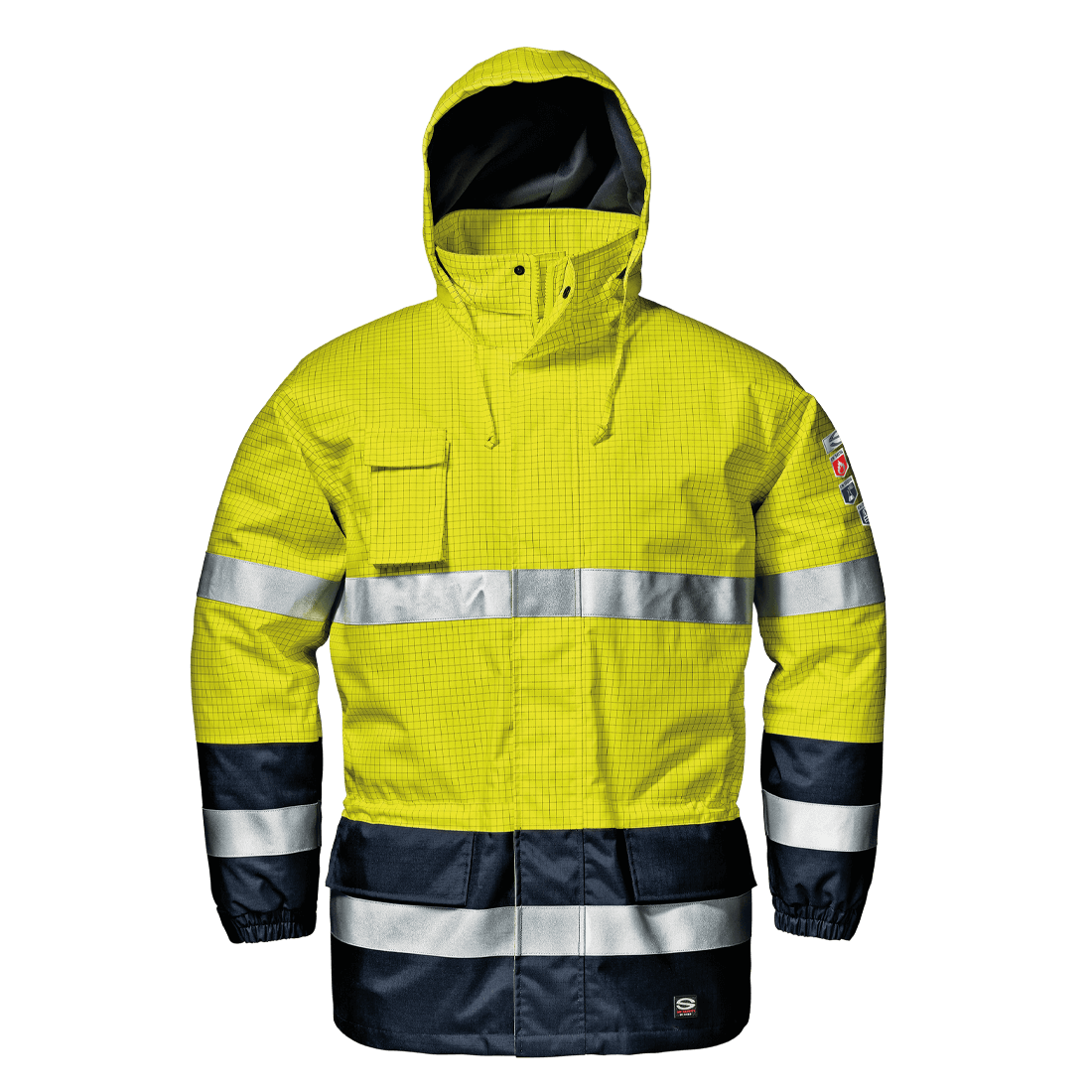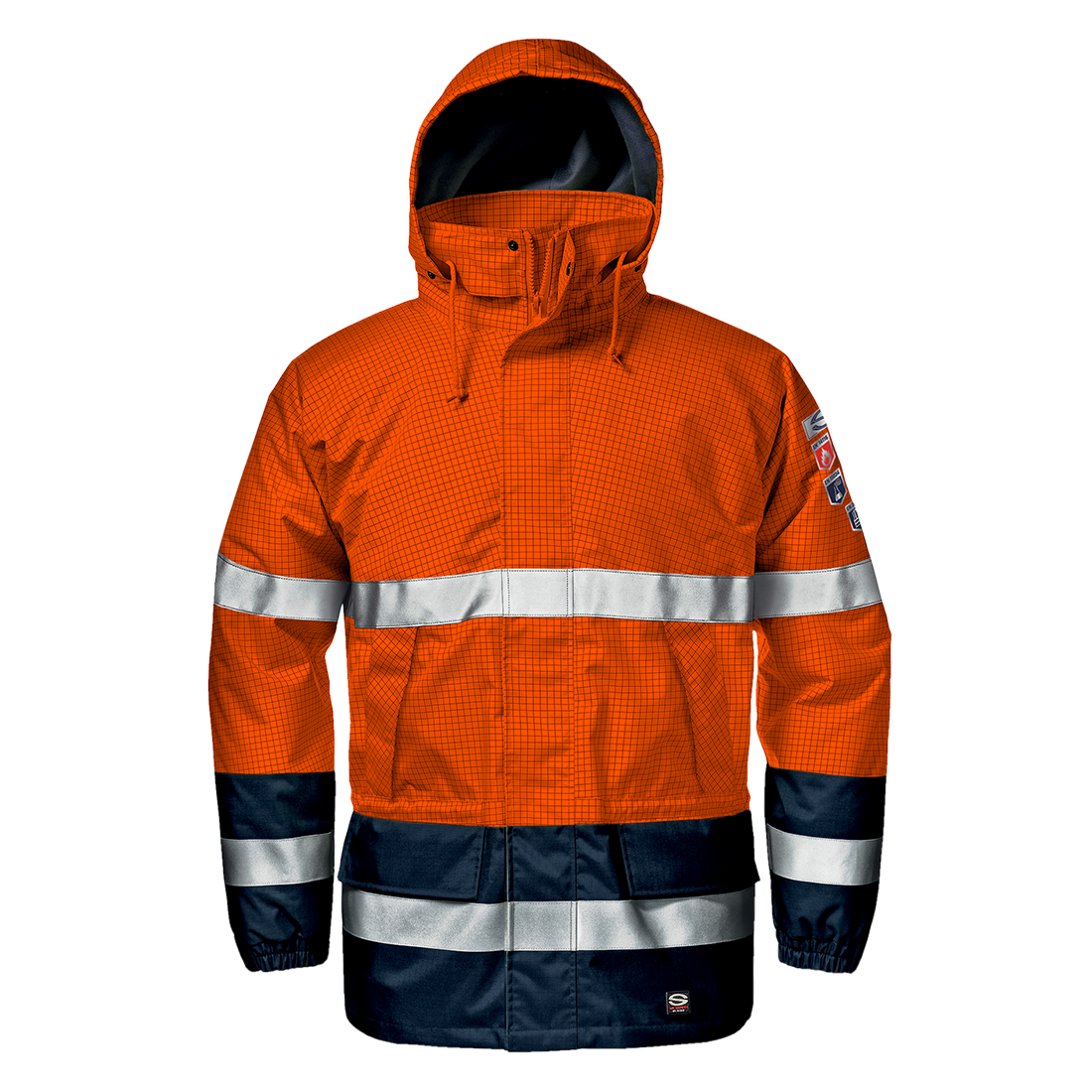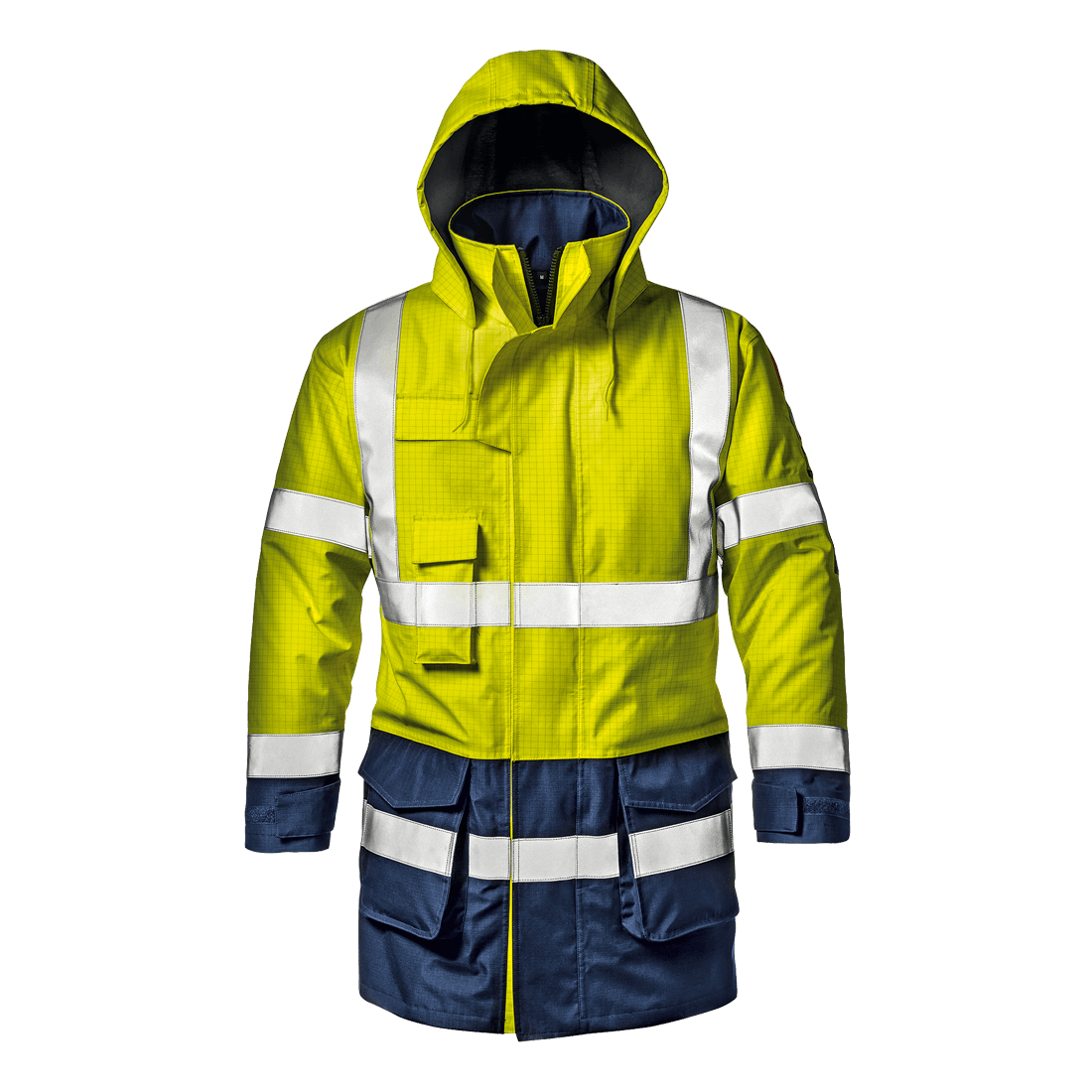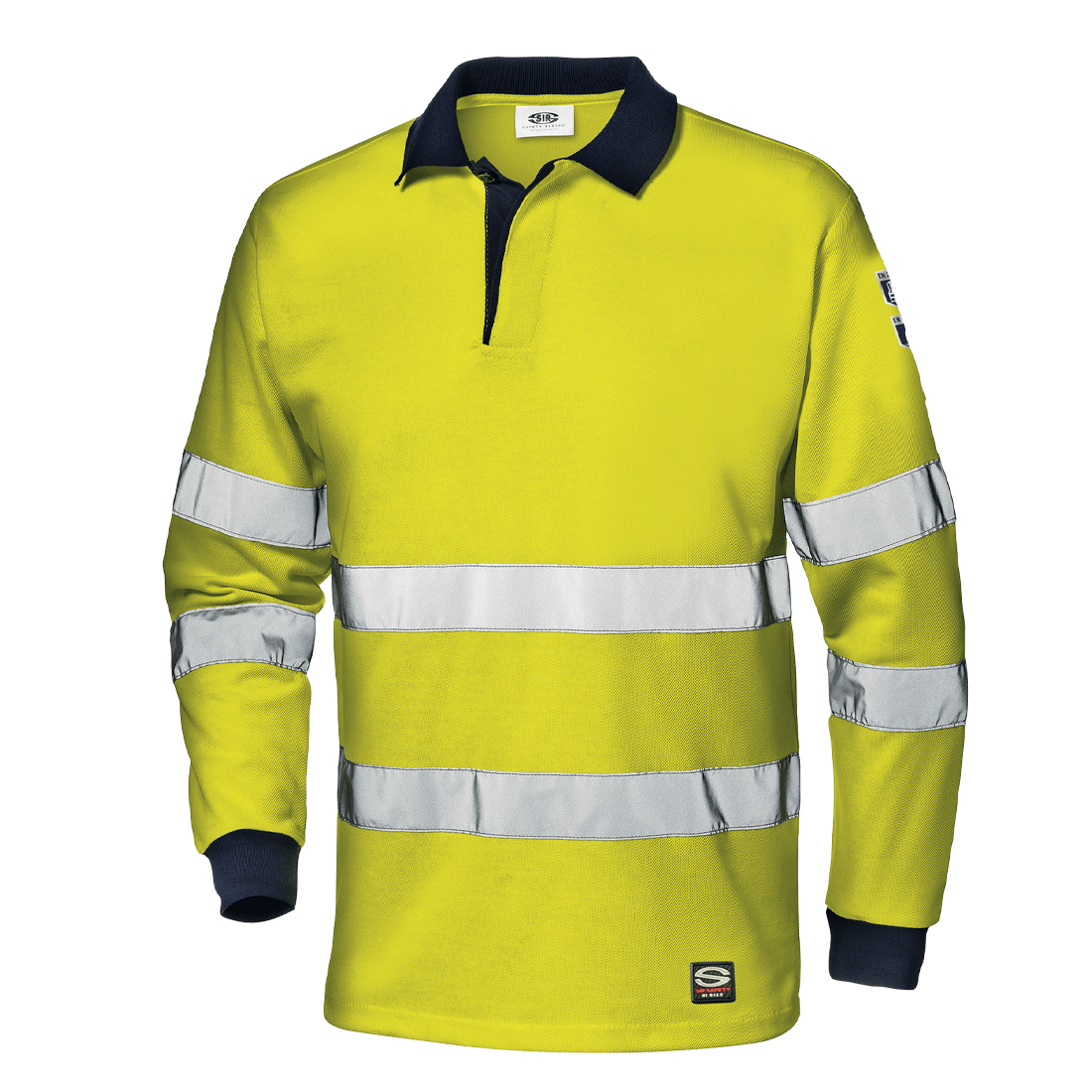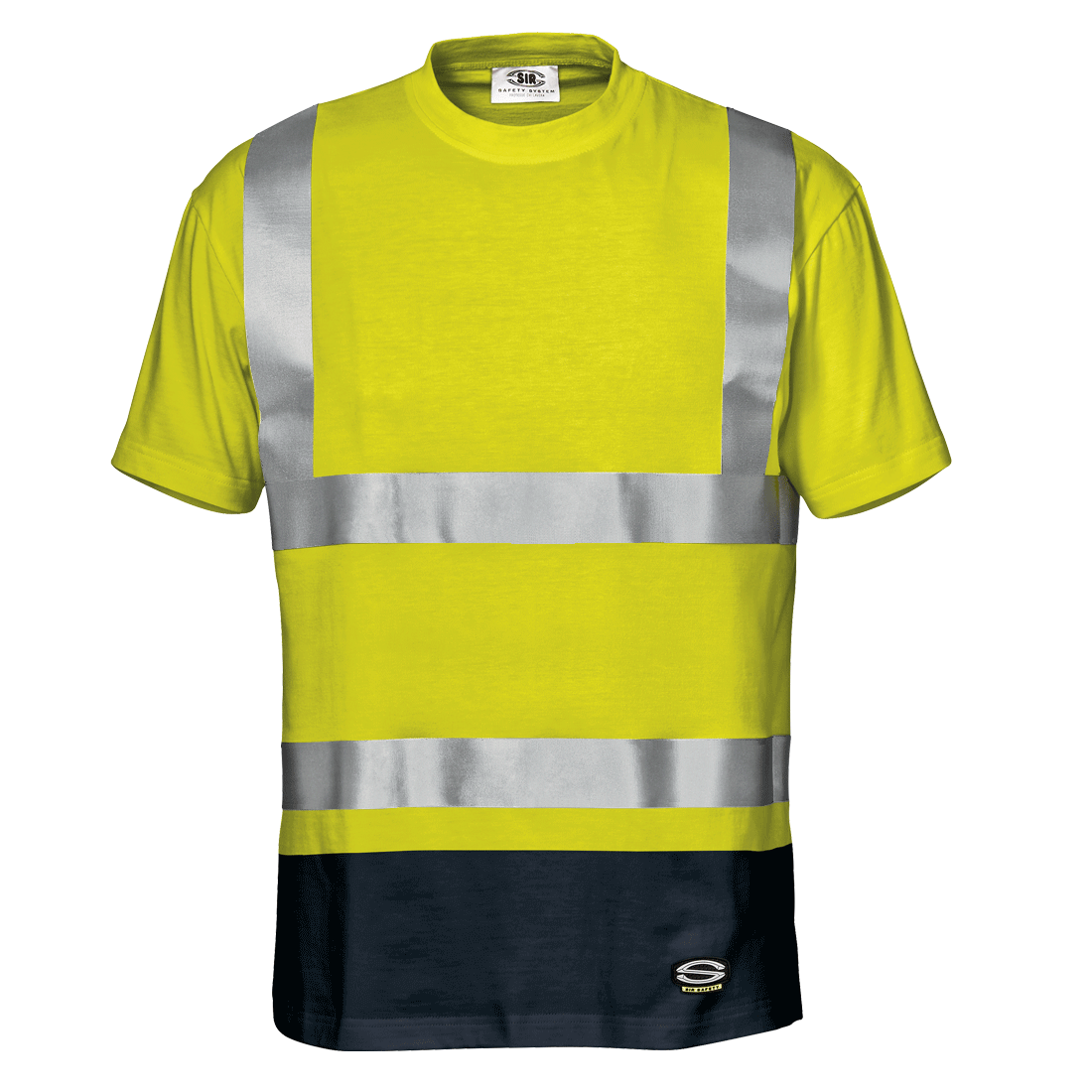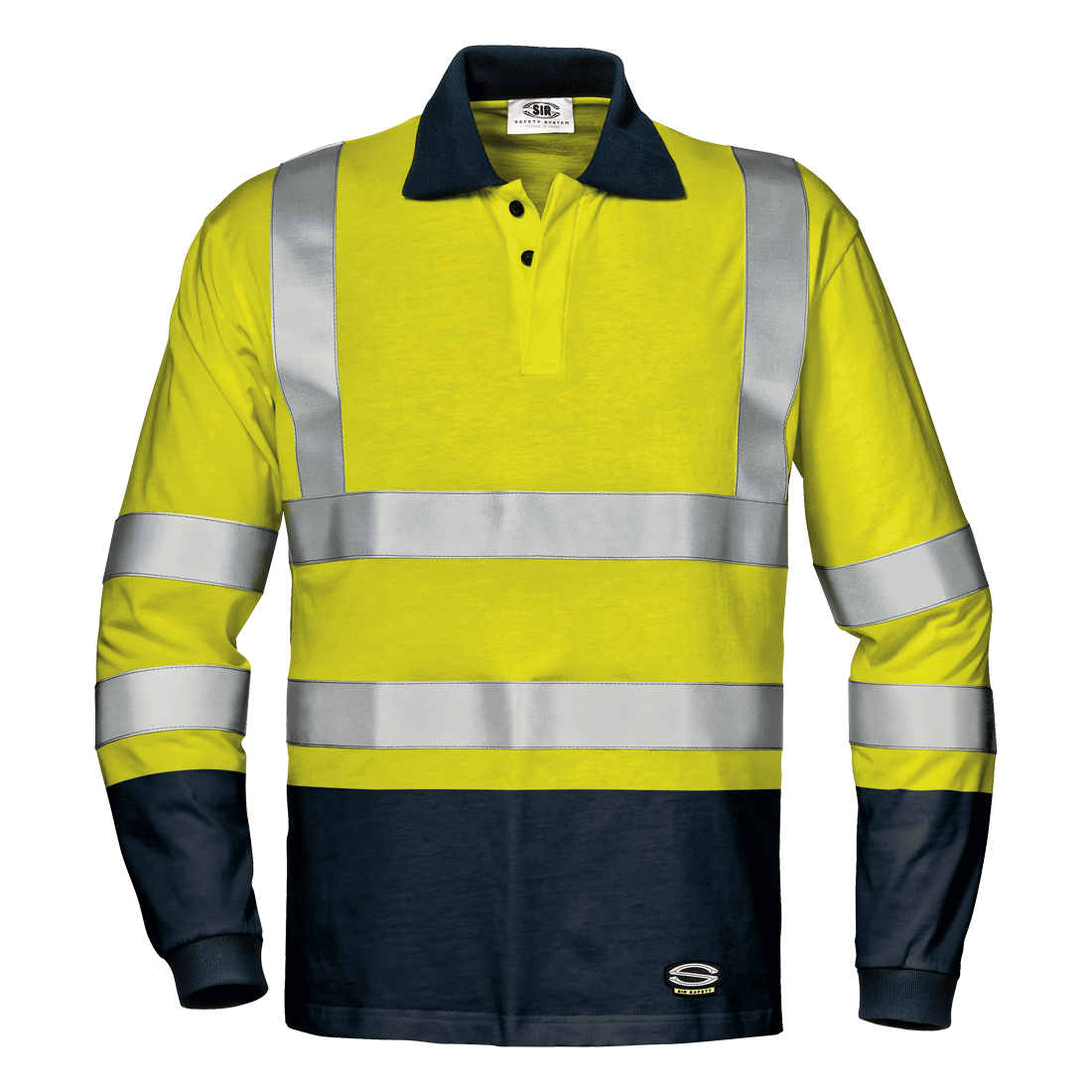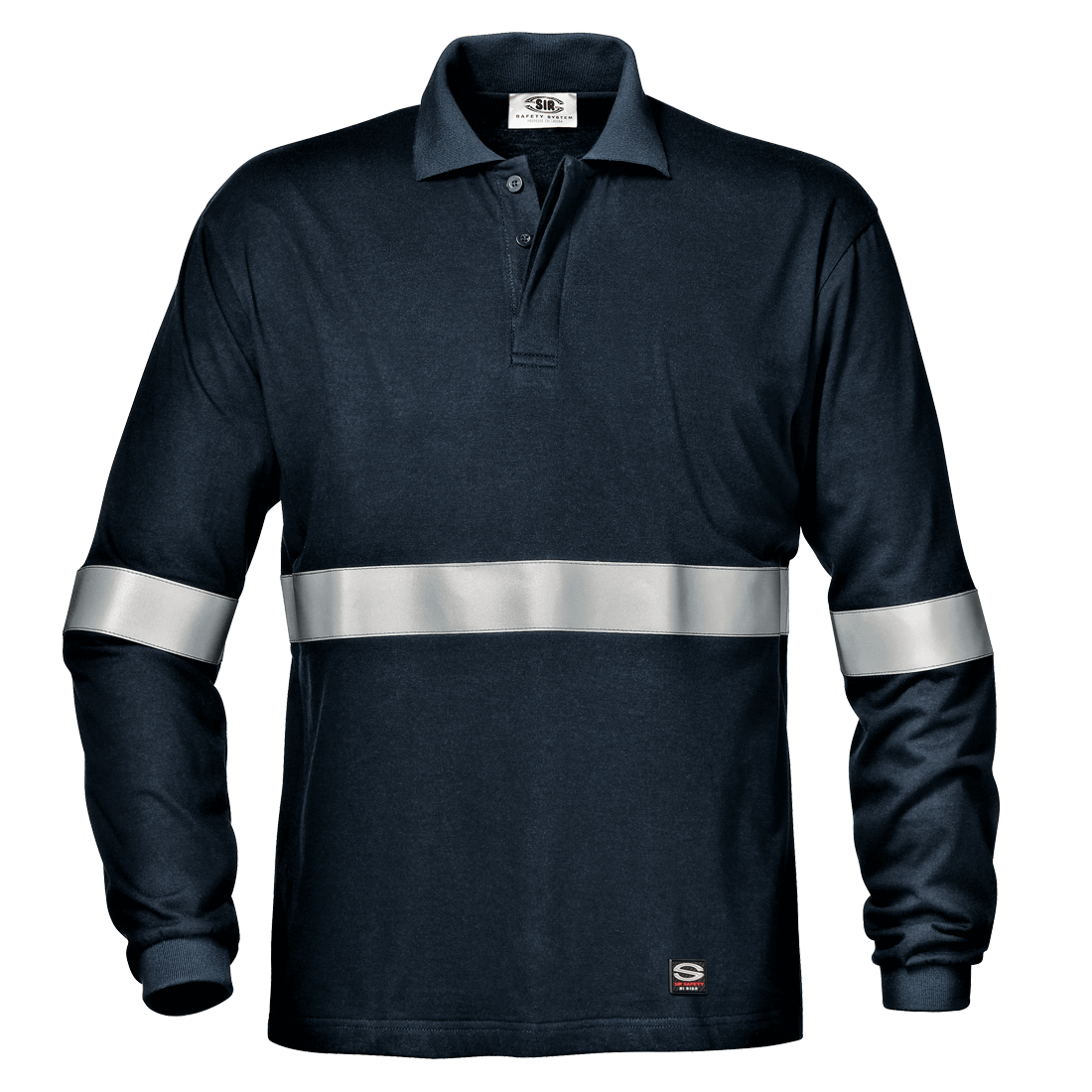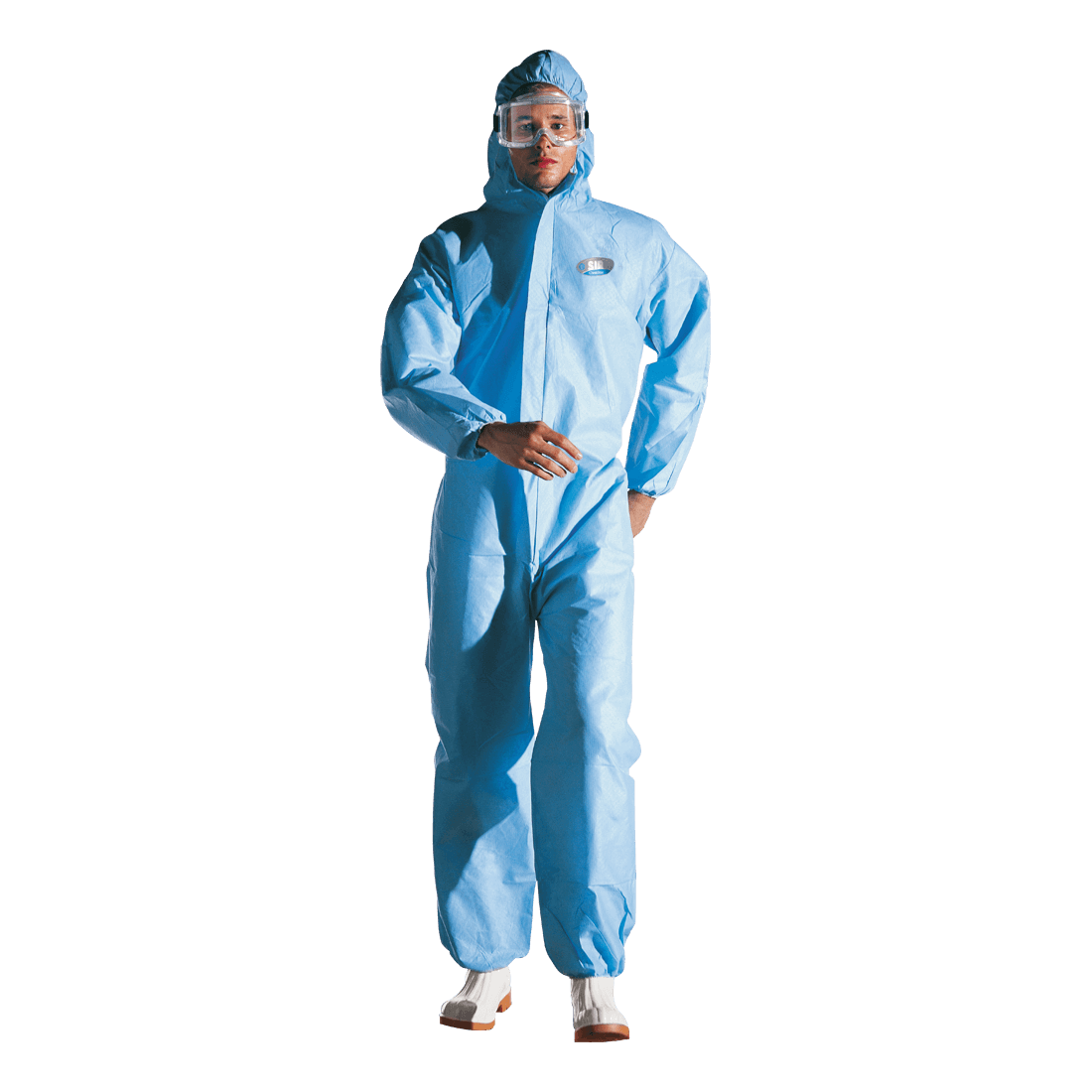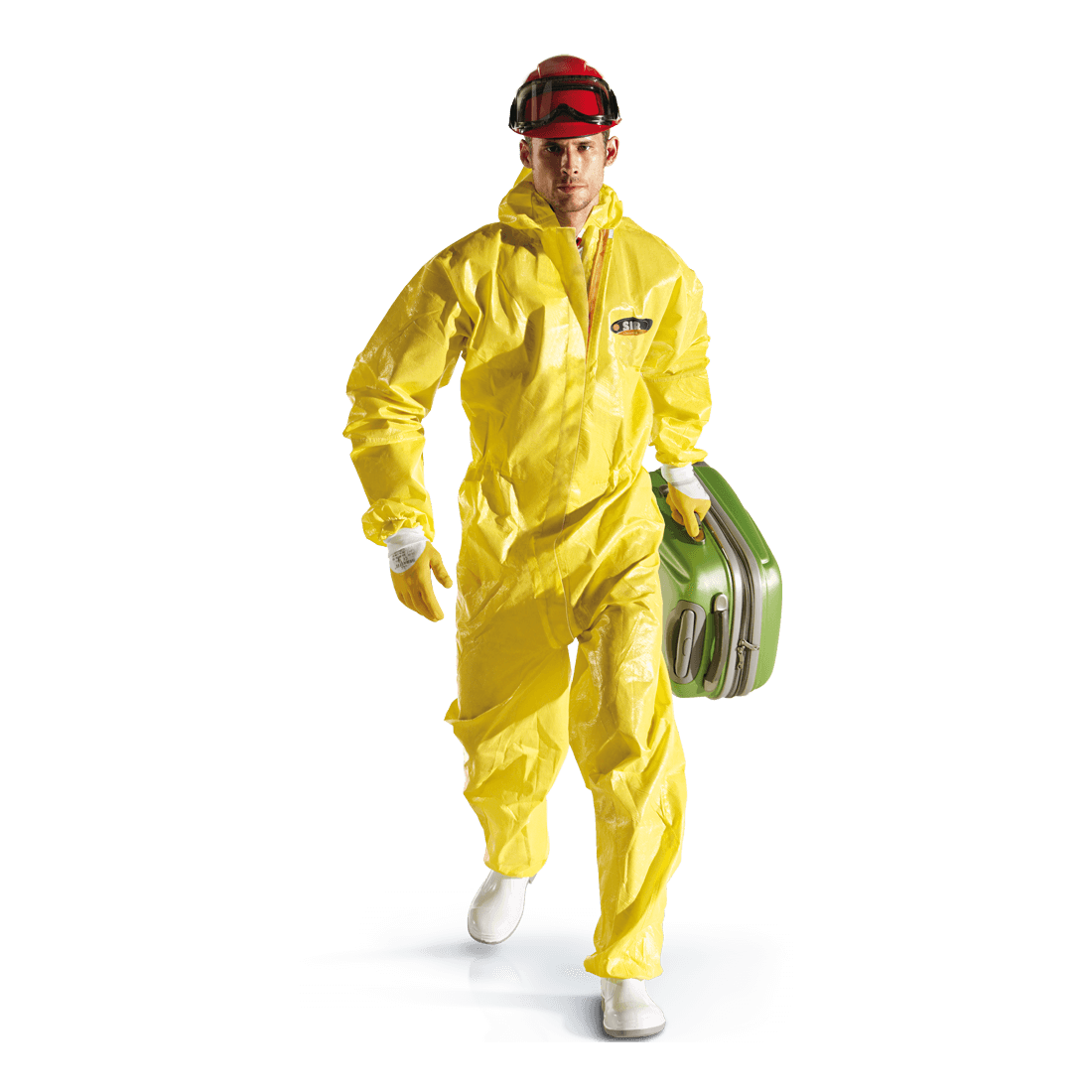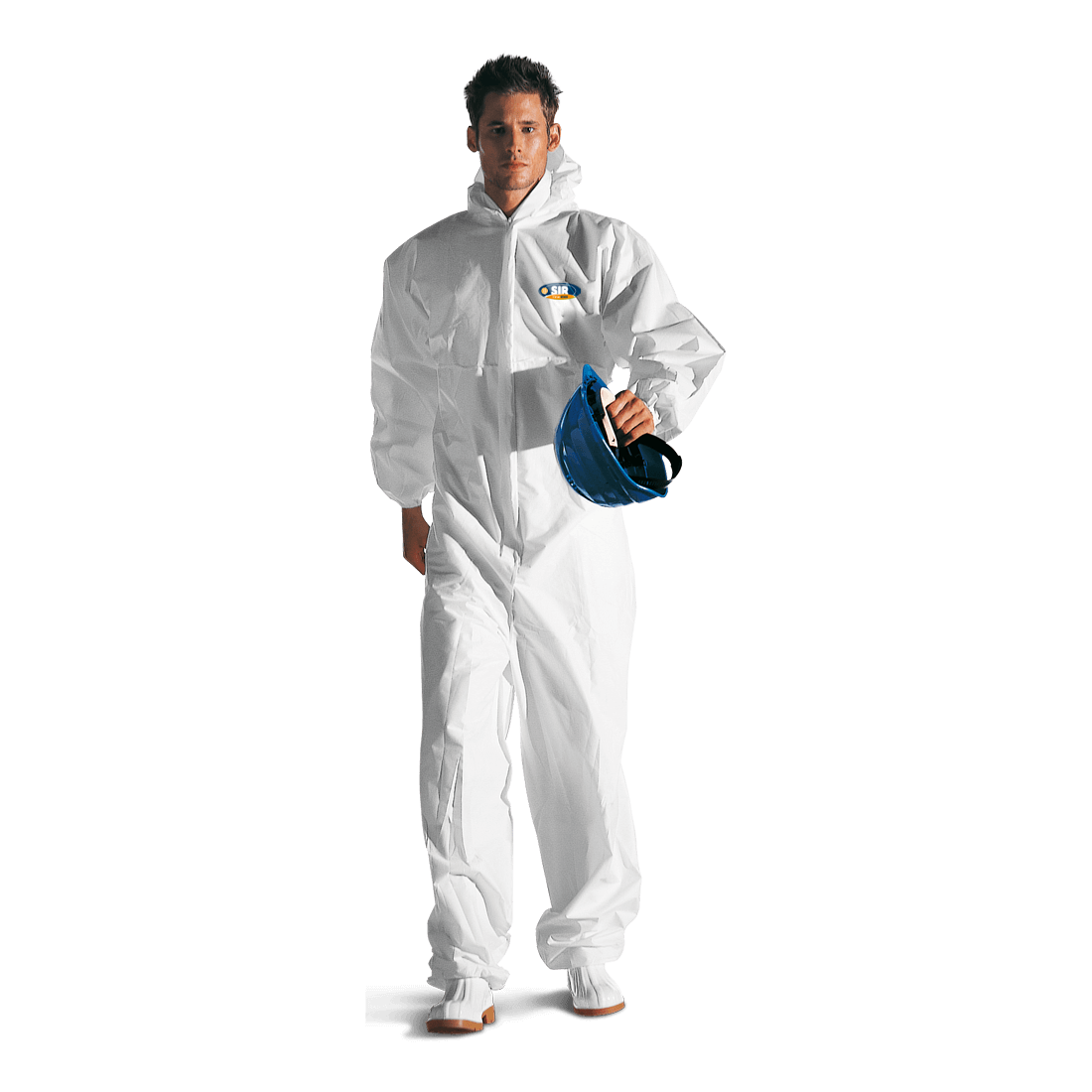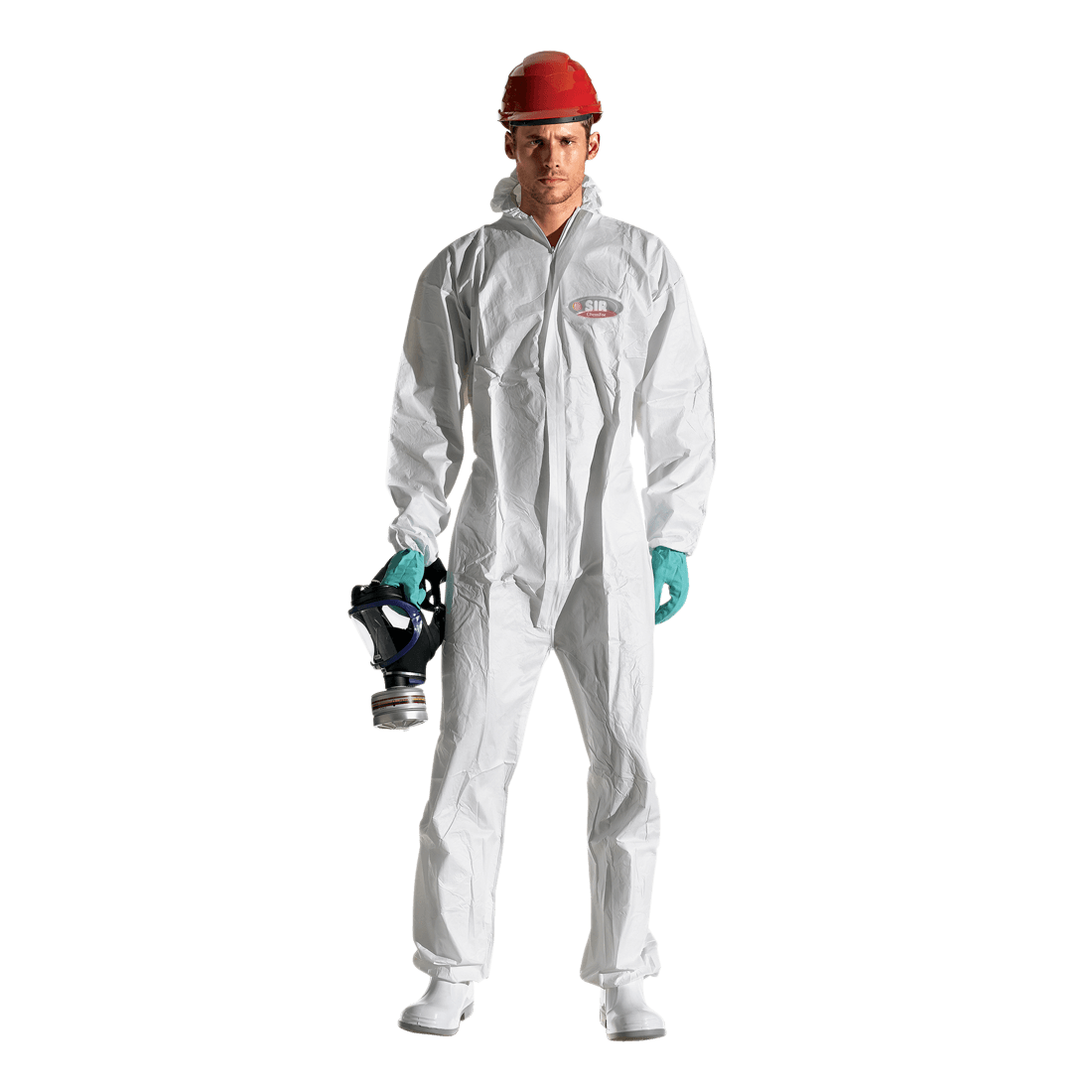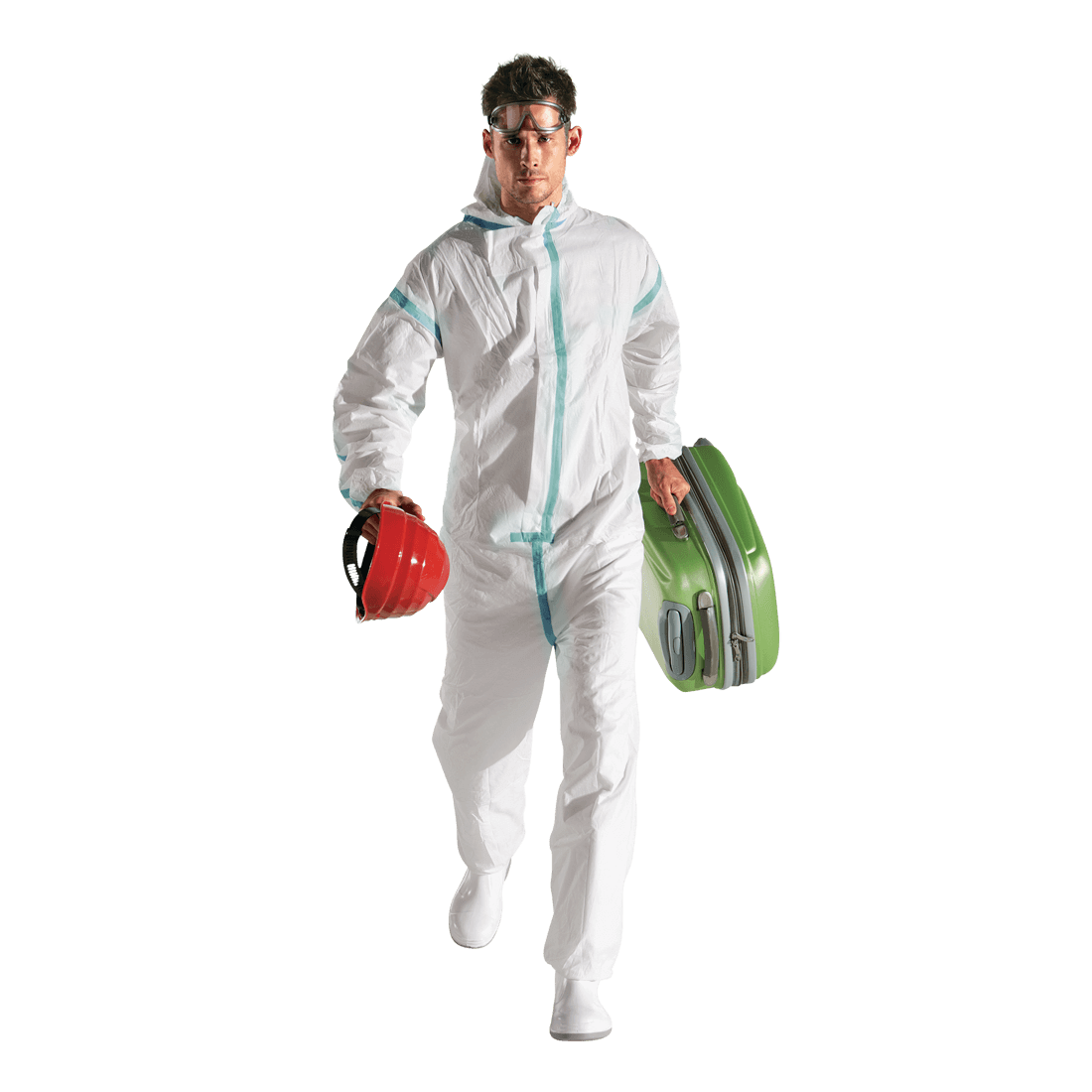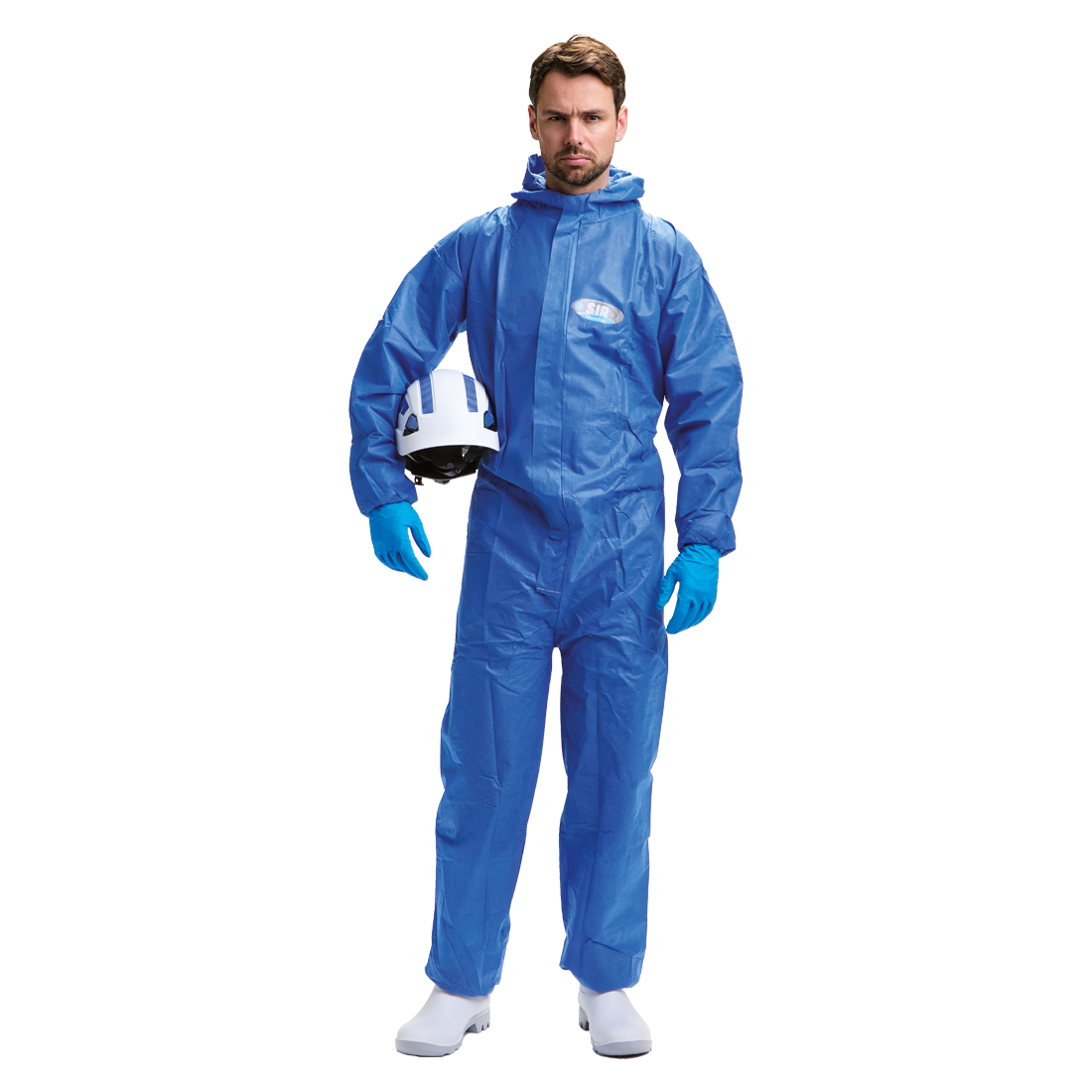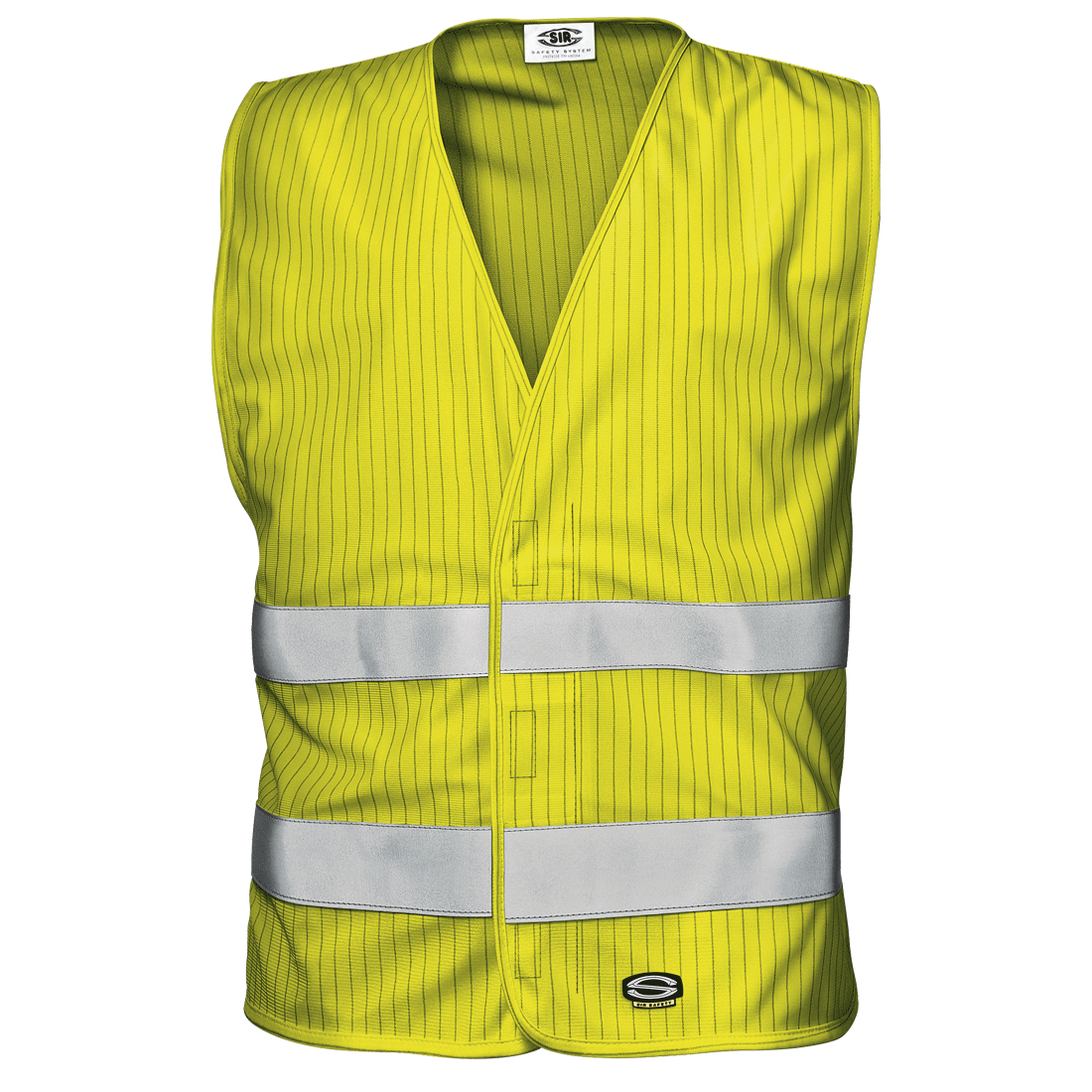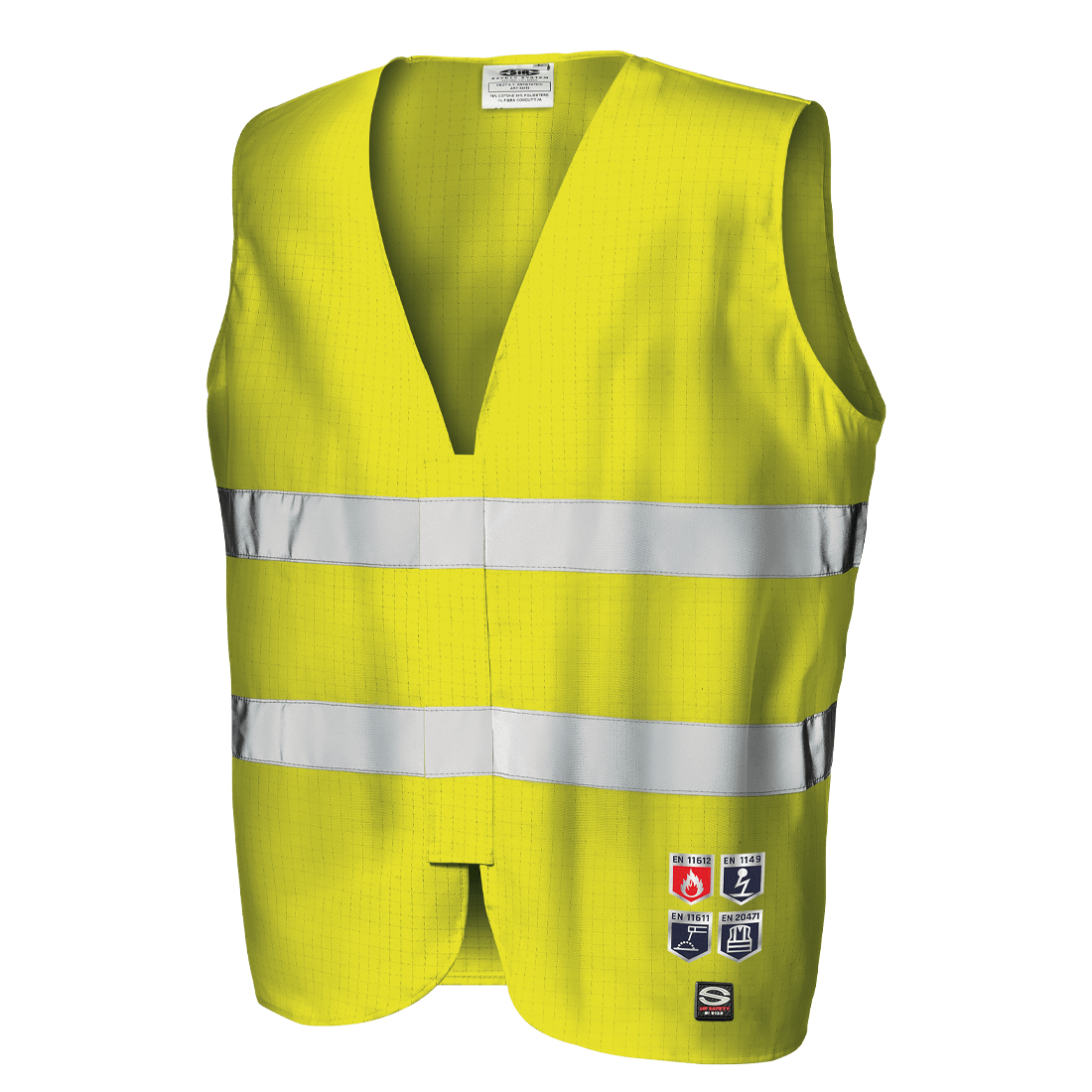The EN 1149 standard specifies a test method for materials intended to be used in manufacturing protective clothing or gloves that dissipate electrostatic charges in order to avoid incendiary discharges. The method is not applied to materials used in manufacturing protective clothing or gloves against normal electric voltage.
Supplementary rules specify the test methods to be adopted regarding antistatic work clothing, namely:
EN 1149-1: To avoid incendiary discharges, this standard was drafted based on which a test method is specified for materials intended for the manufacturing of protective clothing (or gloves) that dissipate electrostatic charges. The method is not applied to materials used in manufacturing protective clothing or gloves against normal electric voltage.
EN 1149-2: Test method for measurement of the vertical electrical resistance of the materials that the protective clothing are made of. The standard is not applicable for protection against mains voltage.
EN 1149-3: To specify the test methods for measurement of the dissipation of electrostatic charges on the surfaces of materials used for clothing.
The standard EN 1149-5 specifies the requirements that the material must have and the design of protective clothing that dissipates electrostatic charges, used as part of a total earthed system to avoid incendiary discharges. These requirements may be insufficient in flammable, oxygen-enriched atmospheres. The scope of this standard does not include electrostatic dissipative protective gloves or footwear that are separate and not integral parts of garments and it does not include protection against mains voltage.
Body parts not covered by this clothing must be protected in another way. The garment must be buttoned or tied during use. The wearer of antistatic protective clothing must be adequately on the ground. Resistance between the wearer and the soil must be less than 108 W, possibly wearing specific footwear. It is prohibited to open or take off antistatic protective clothing in the vicinity of flammable or explosive gases, or when handling flammable or explosive substances.
The electric insulation properties of the protective clothing are reduced in case of contact with liquids, moisture or perspiration. The antistatic protective clothing may be worn in the presence of oxygen enriched air only following approval of the safety manager. The antistatic effectiveness of the protective clothing can be affected by wear, washing cycles and dirt. Under normal use conditions (even when the wearer bends or moves), the antistatic protective clothing must always cover all garments or accessories in material nonconforming to the standard.
EN 1149-5
Products for this standard


